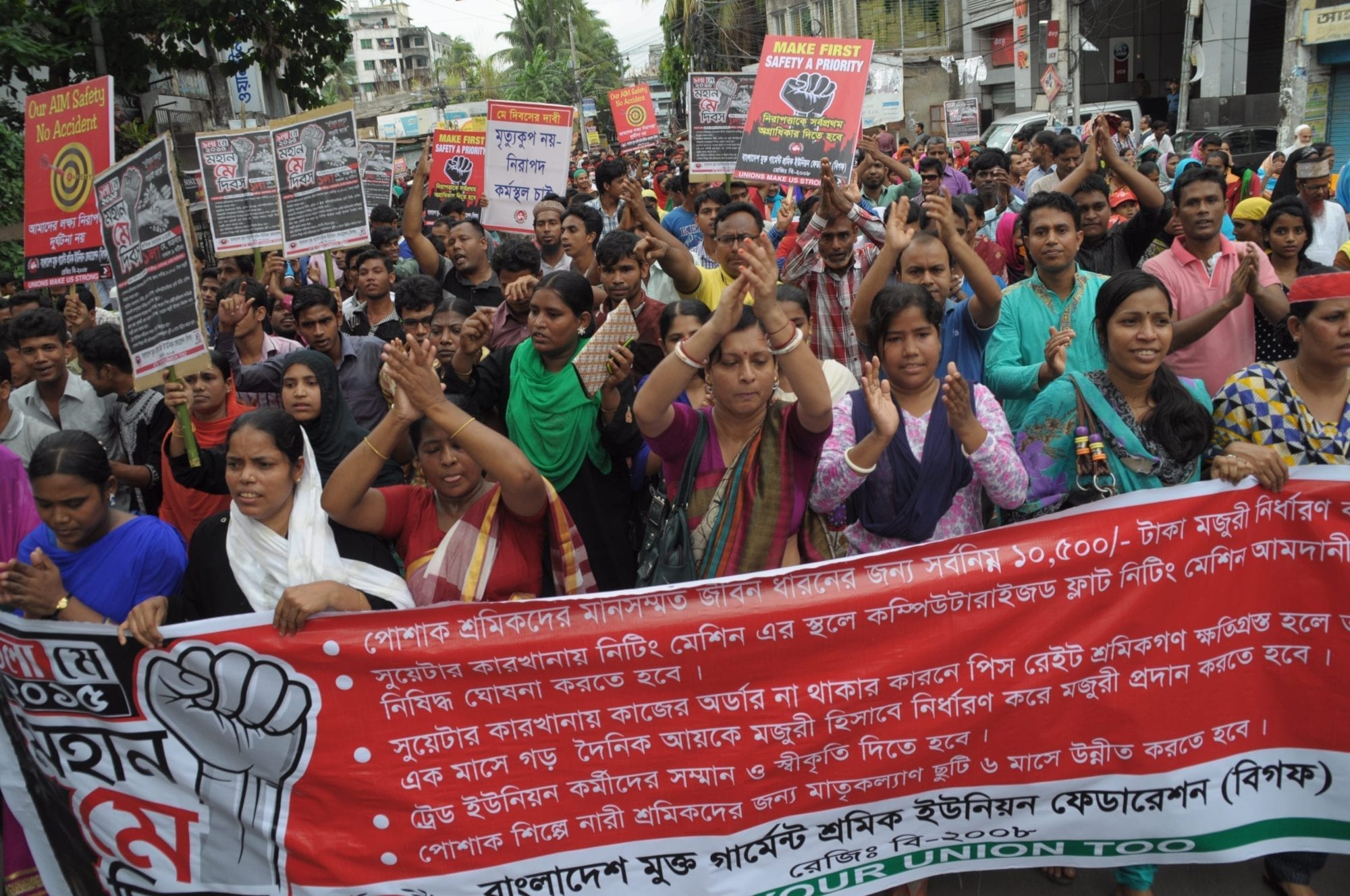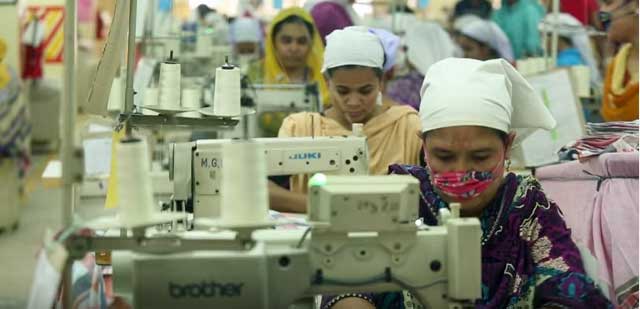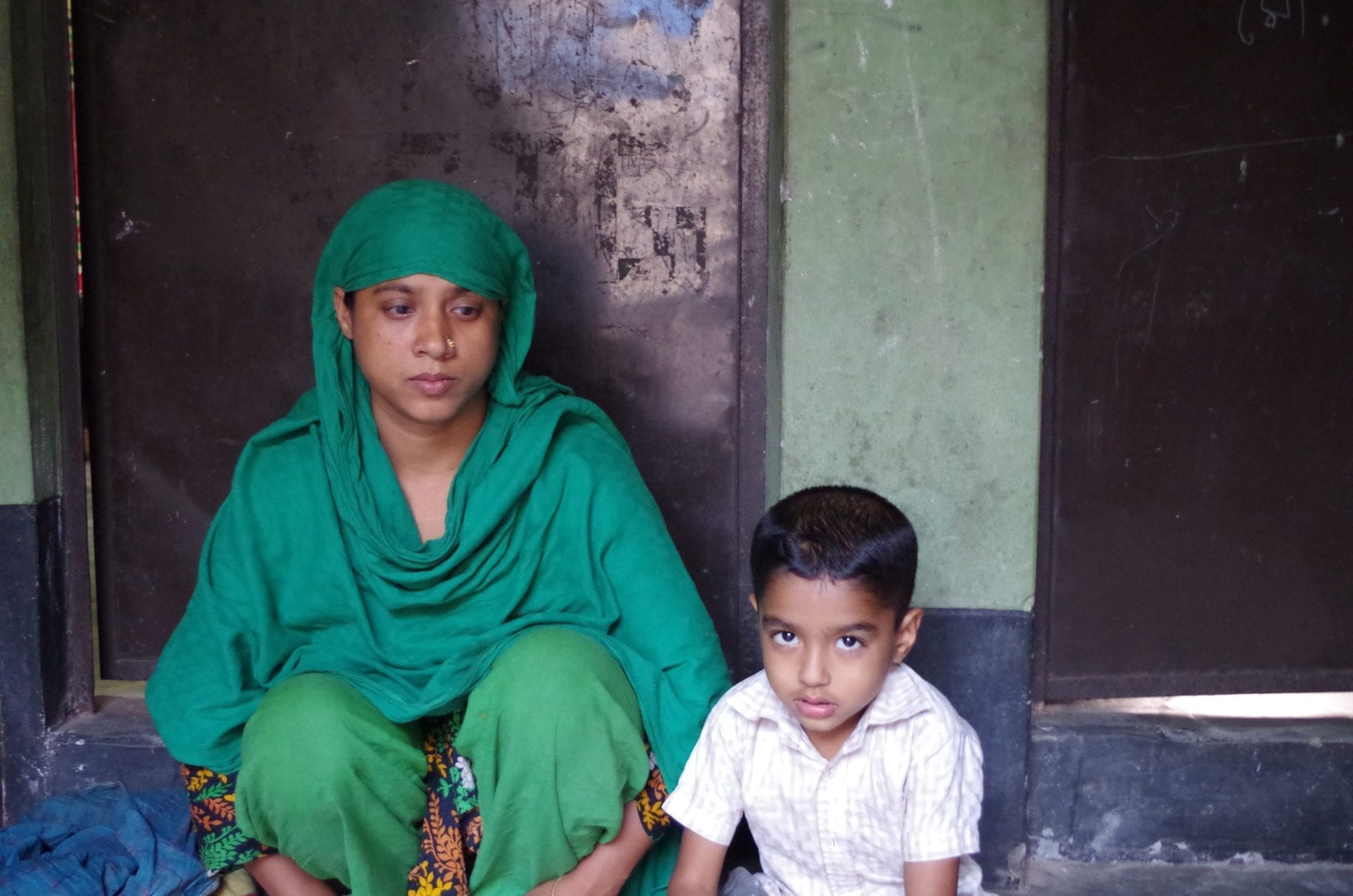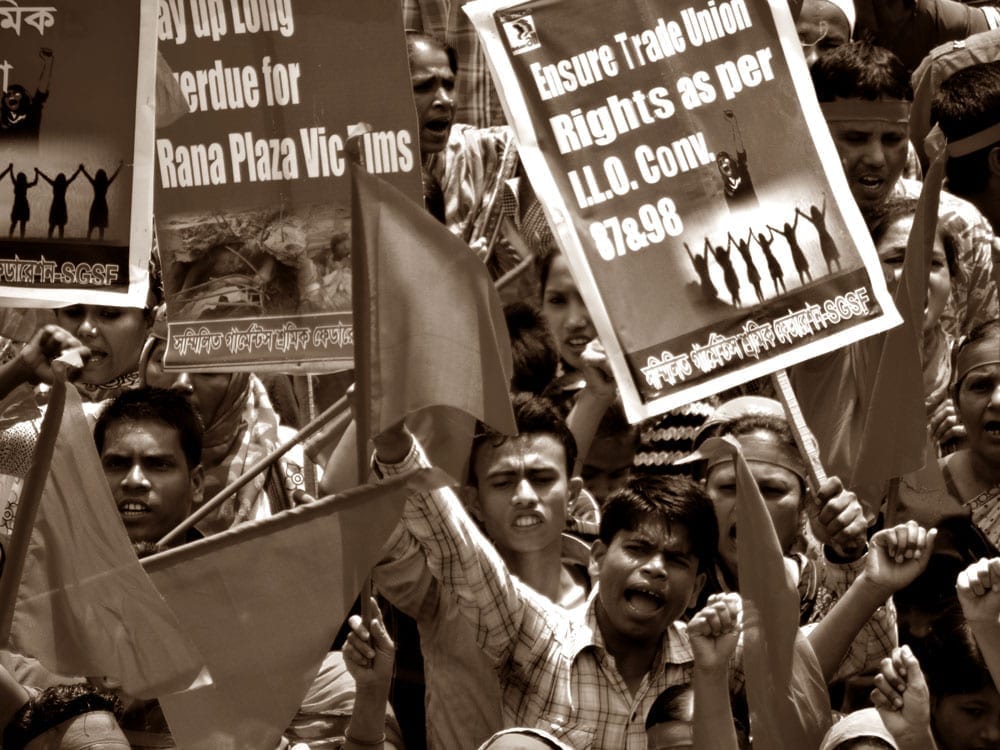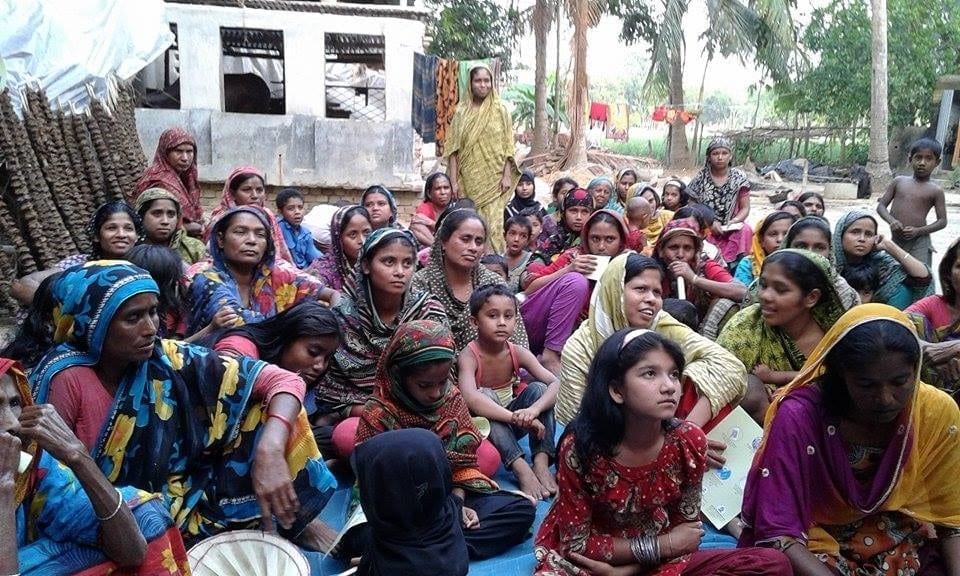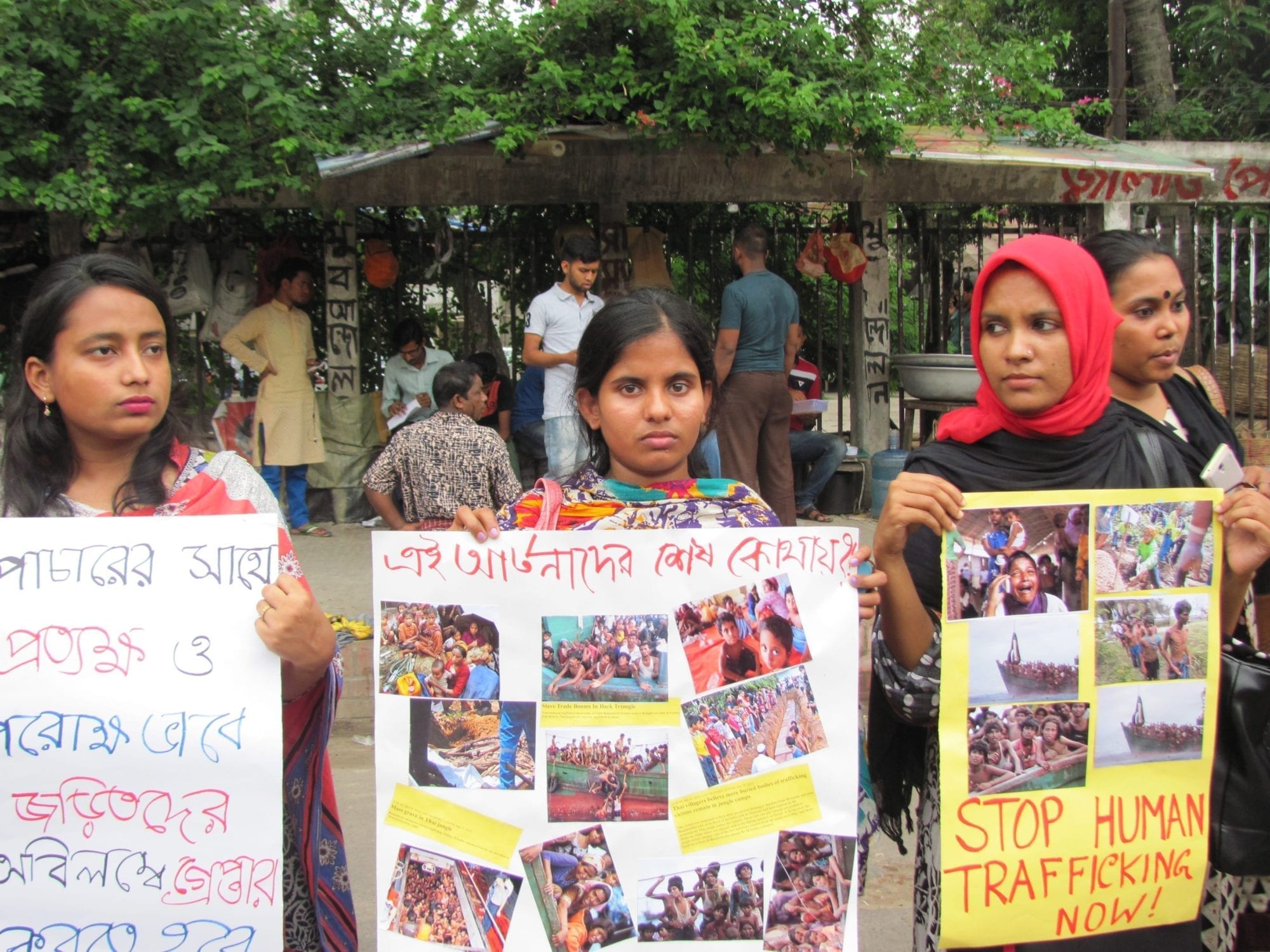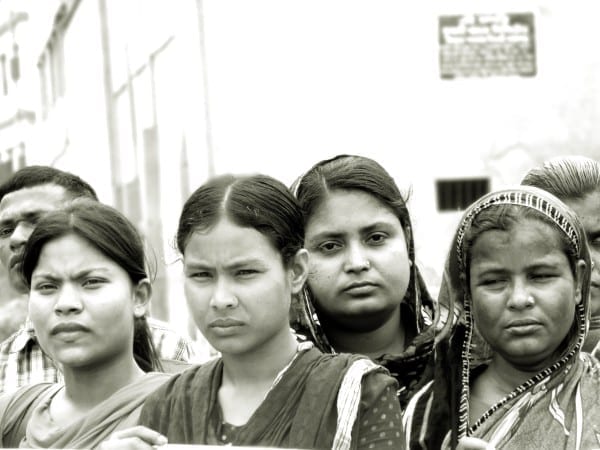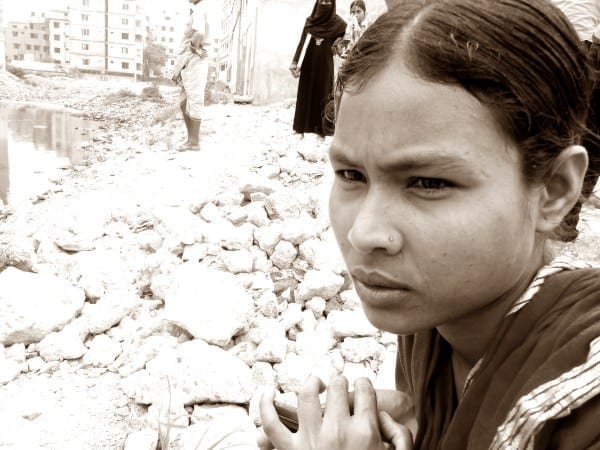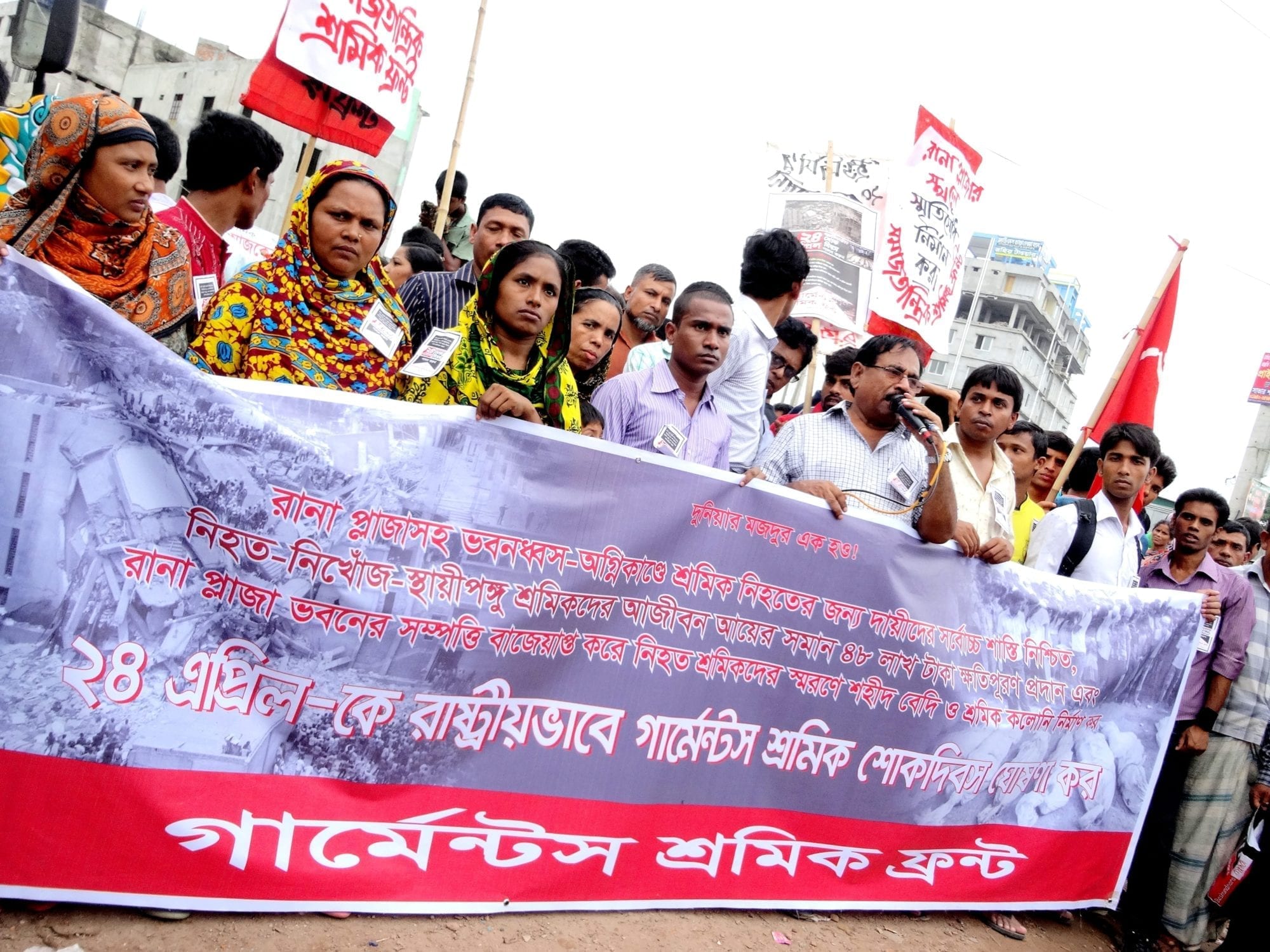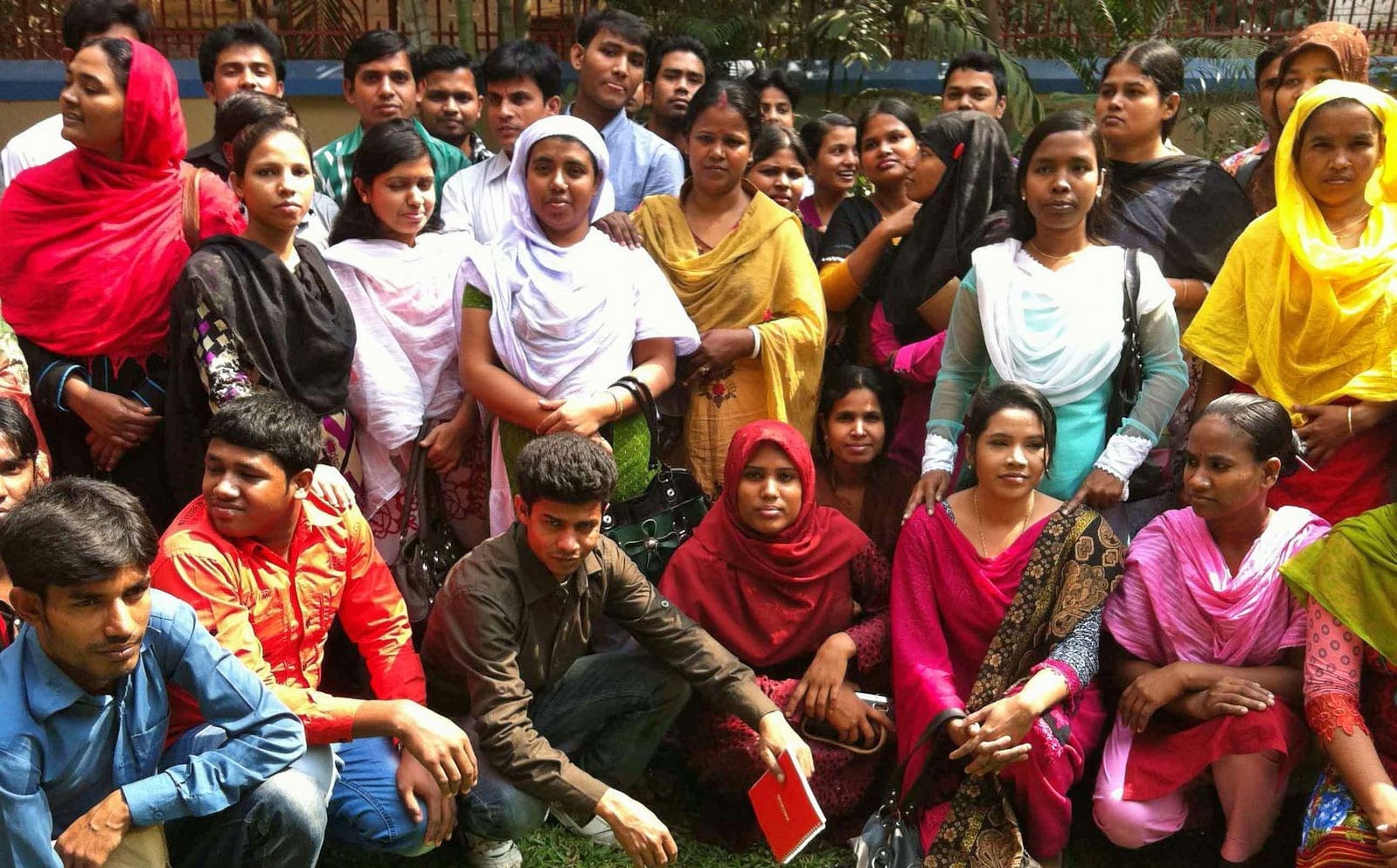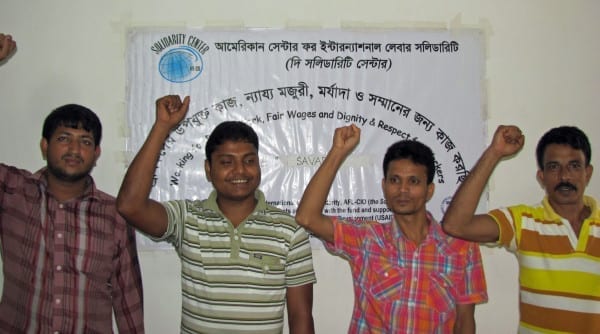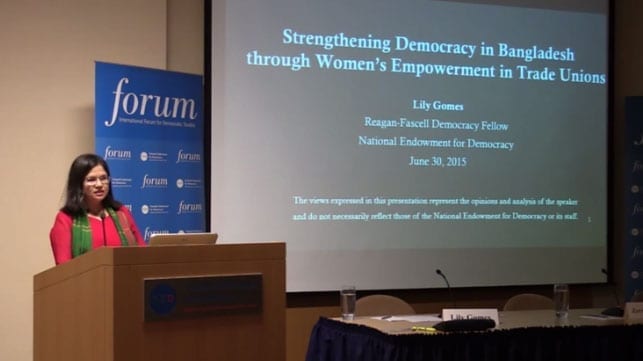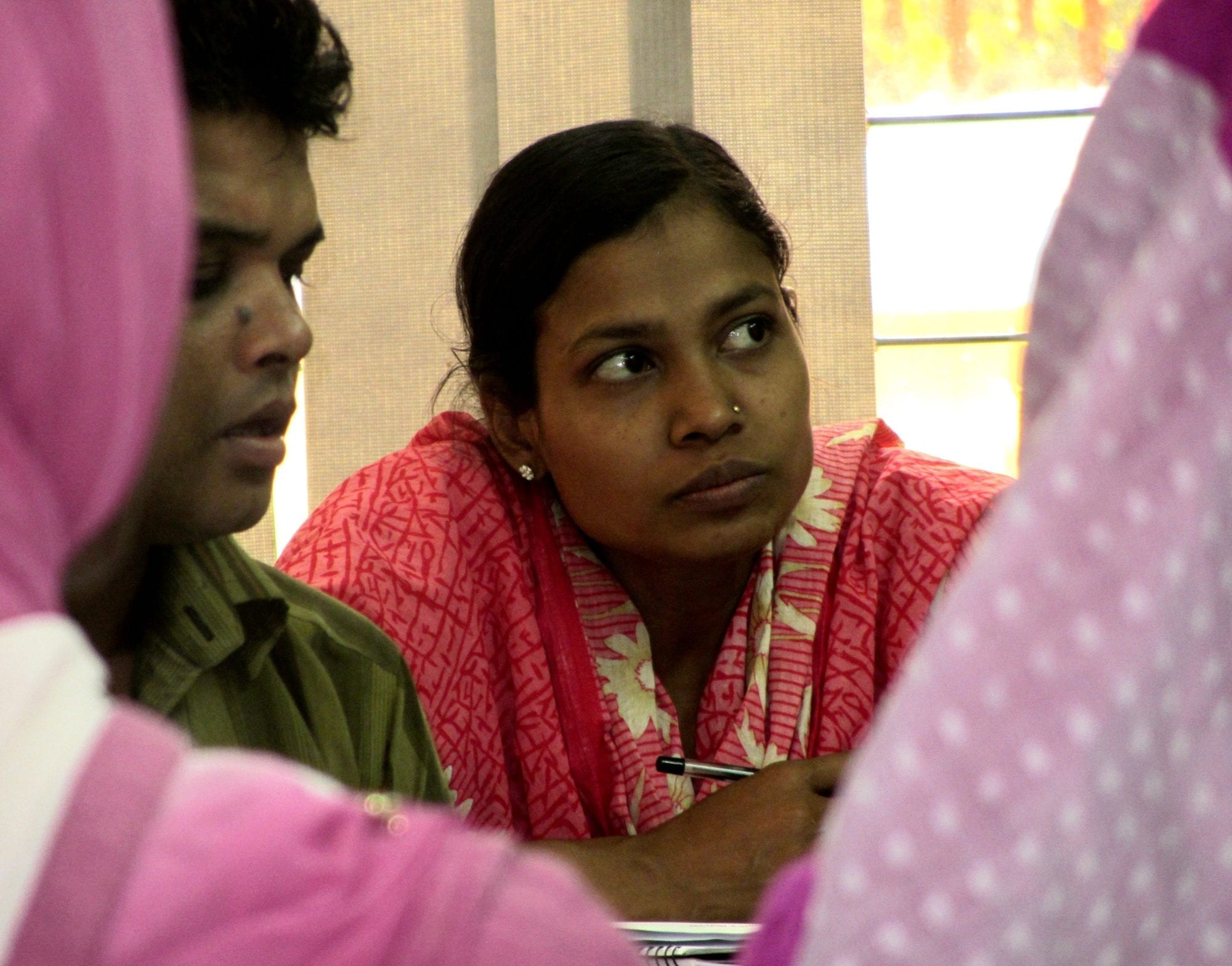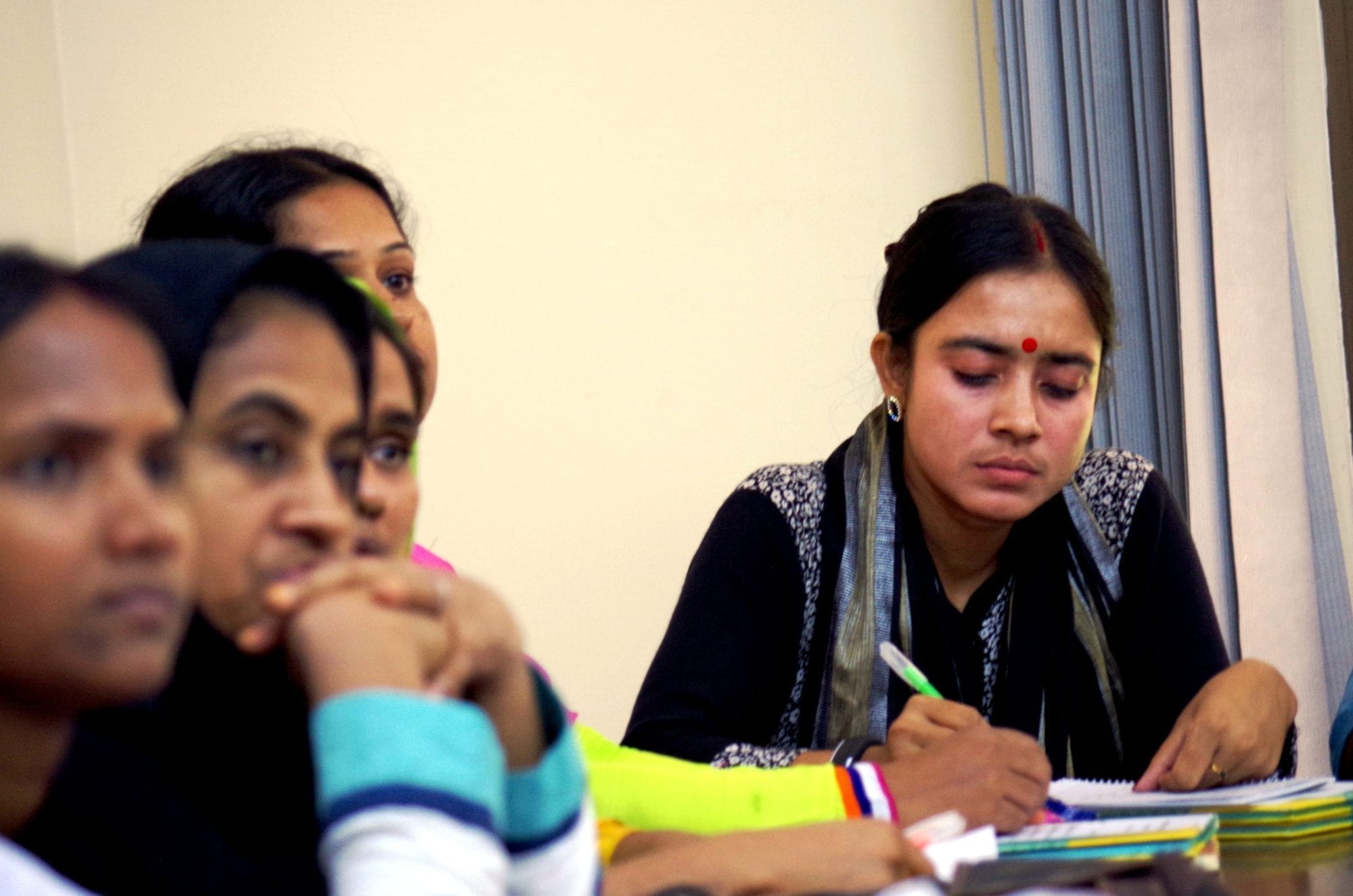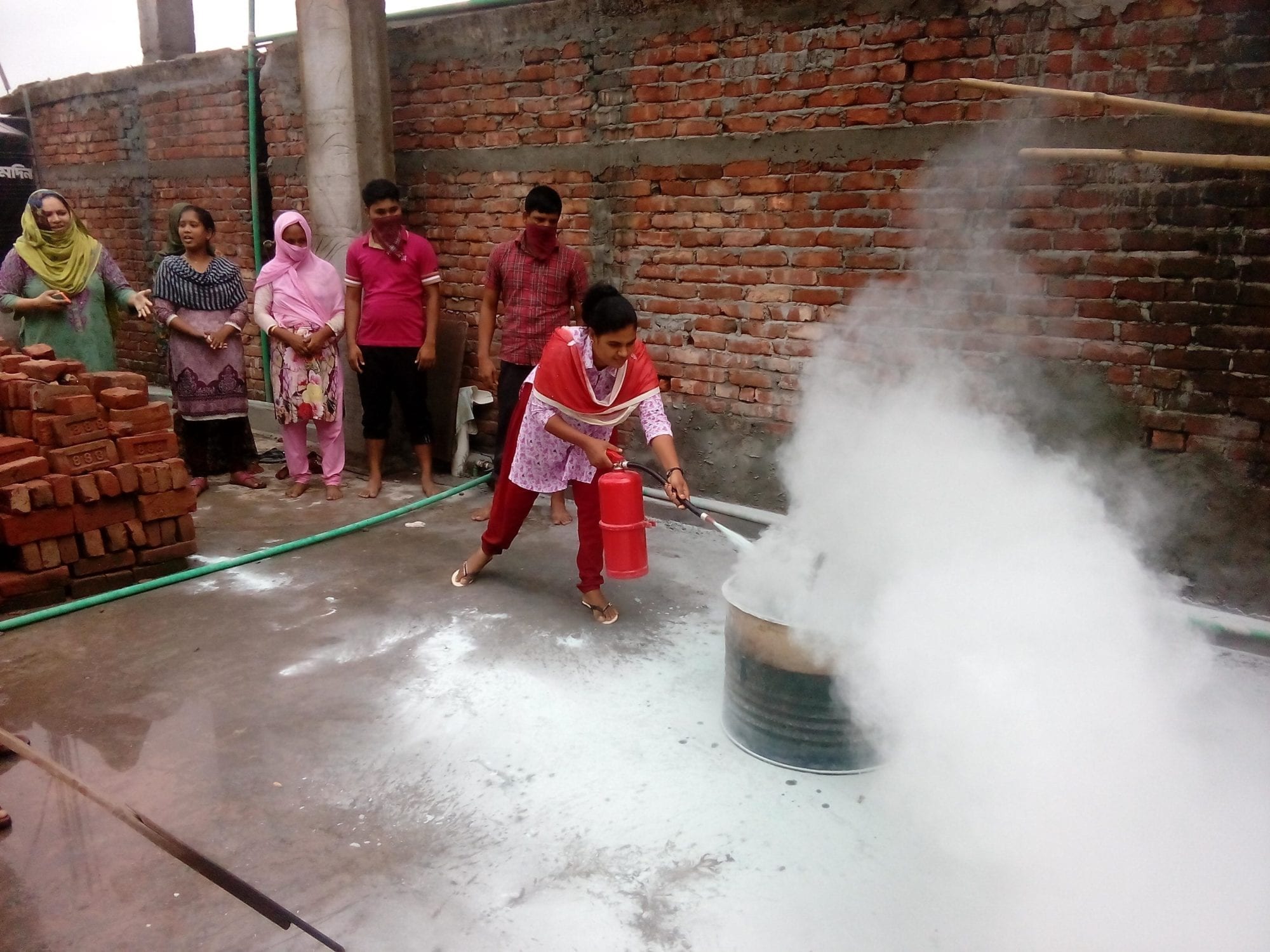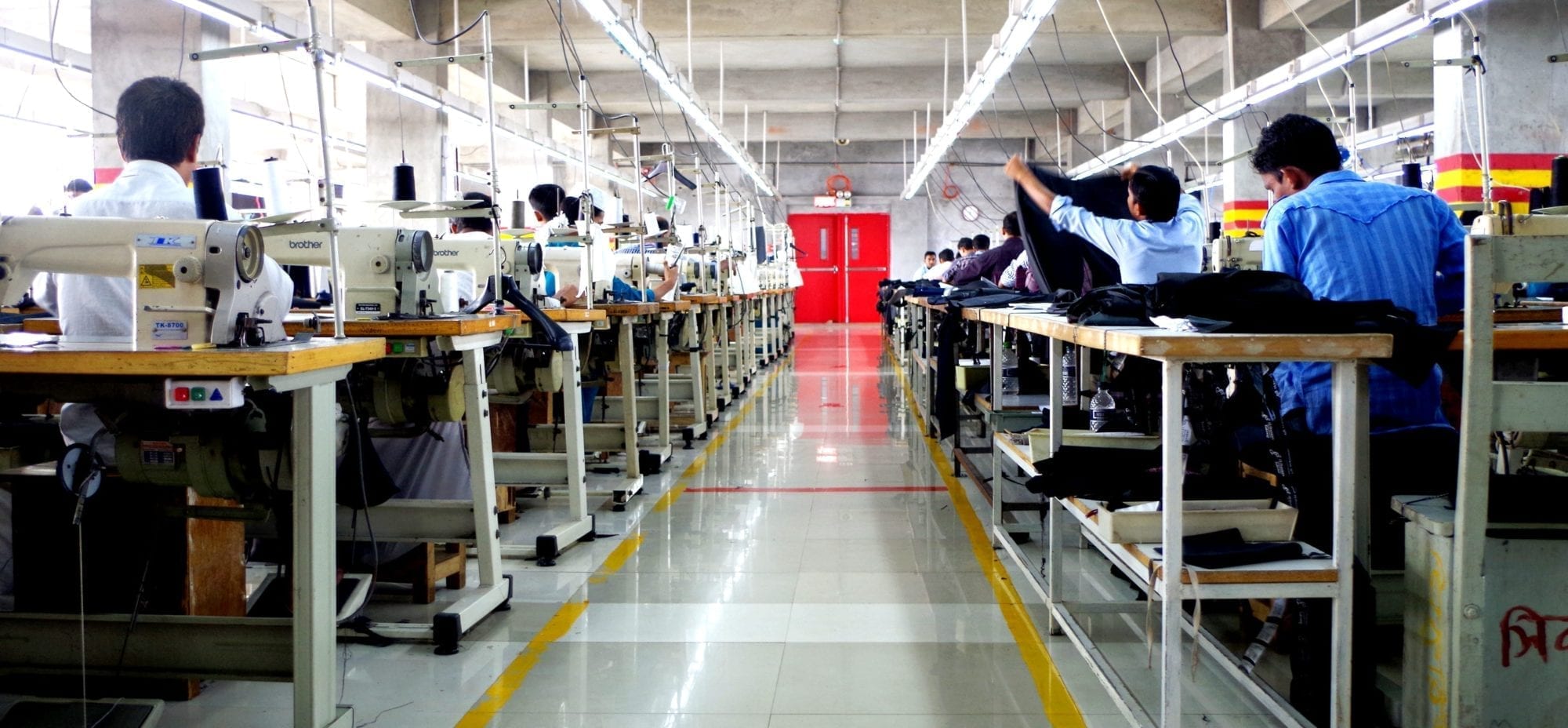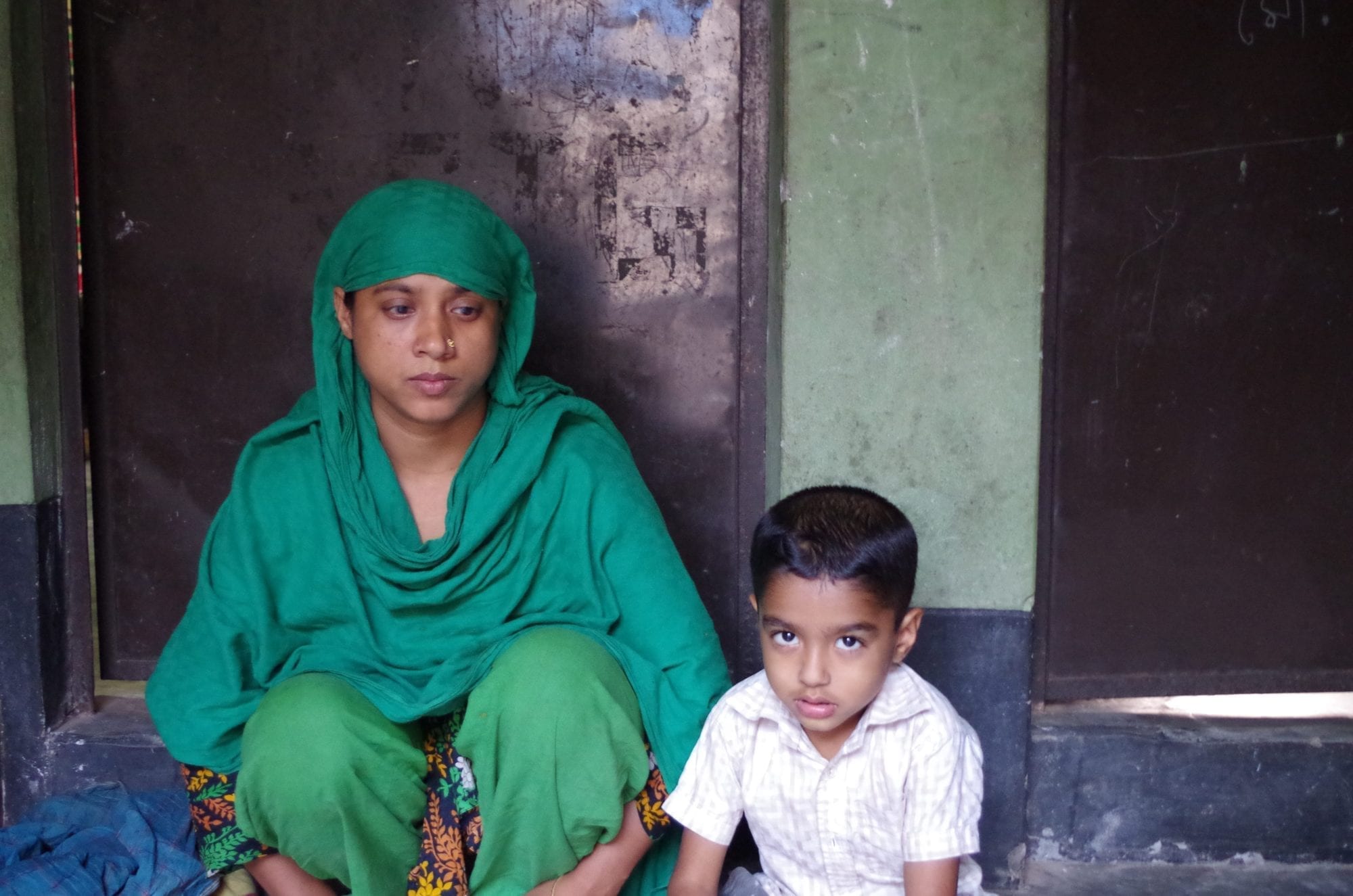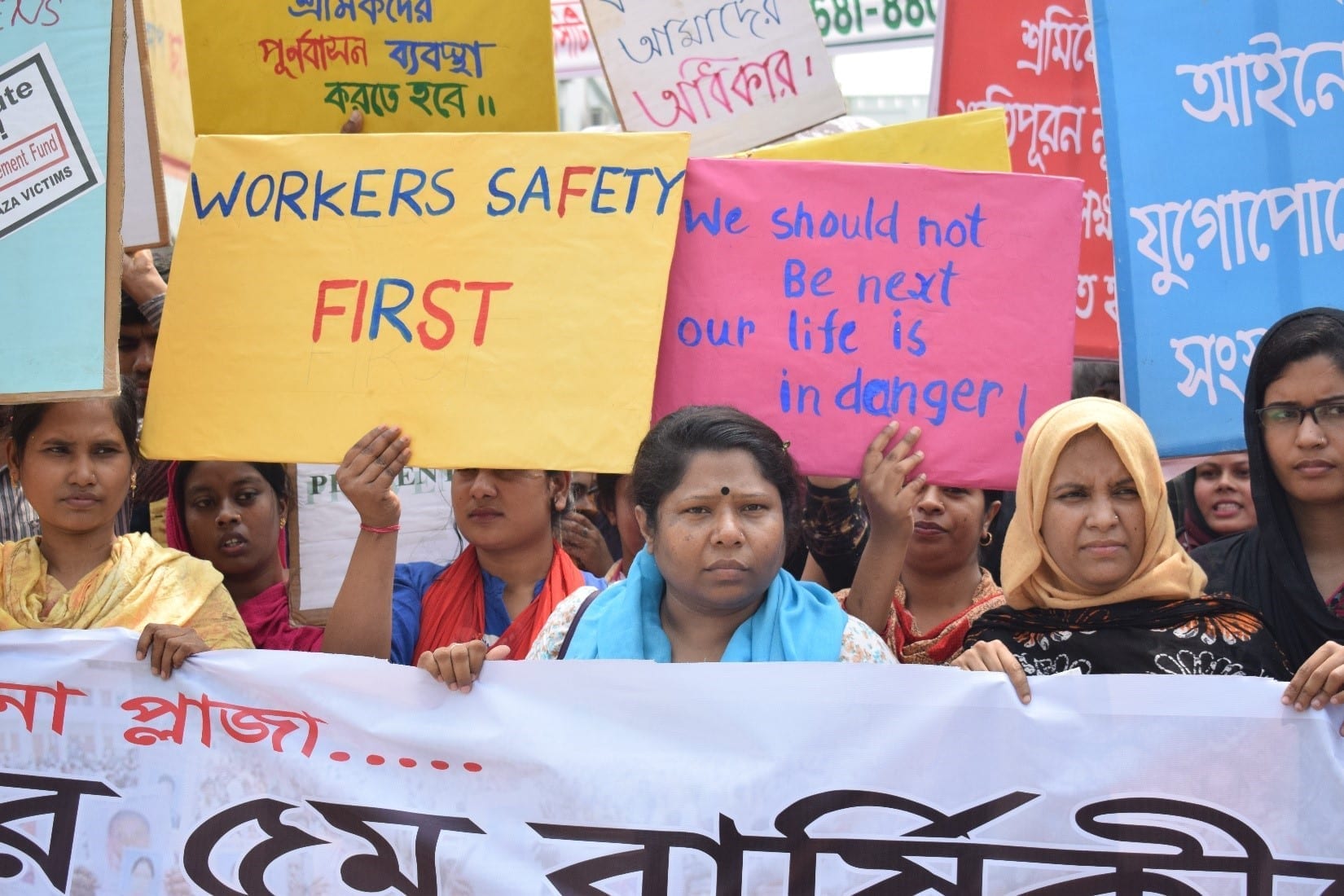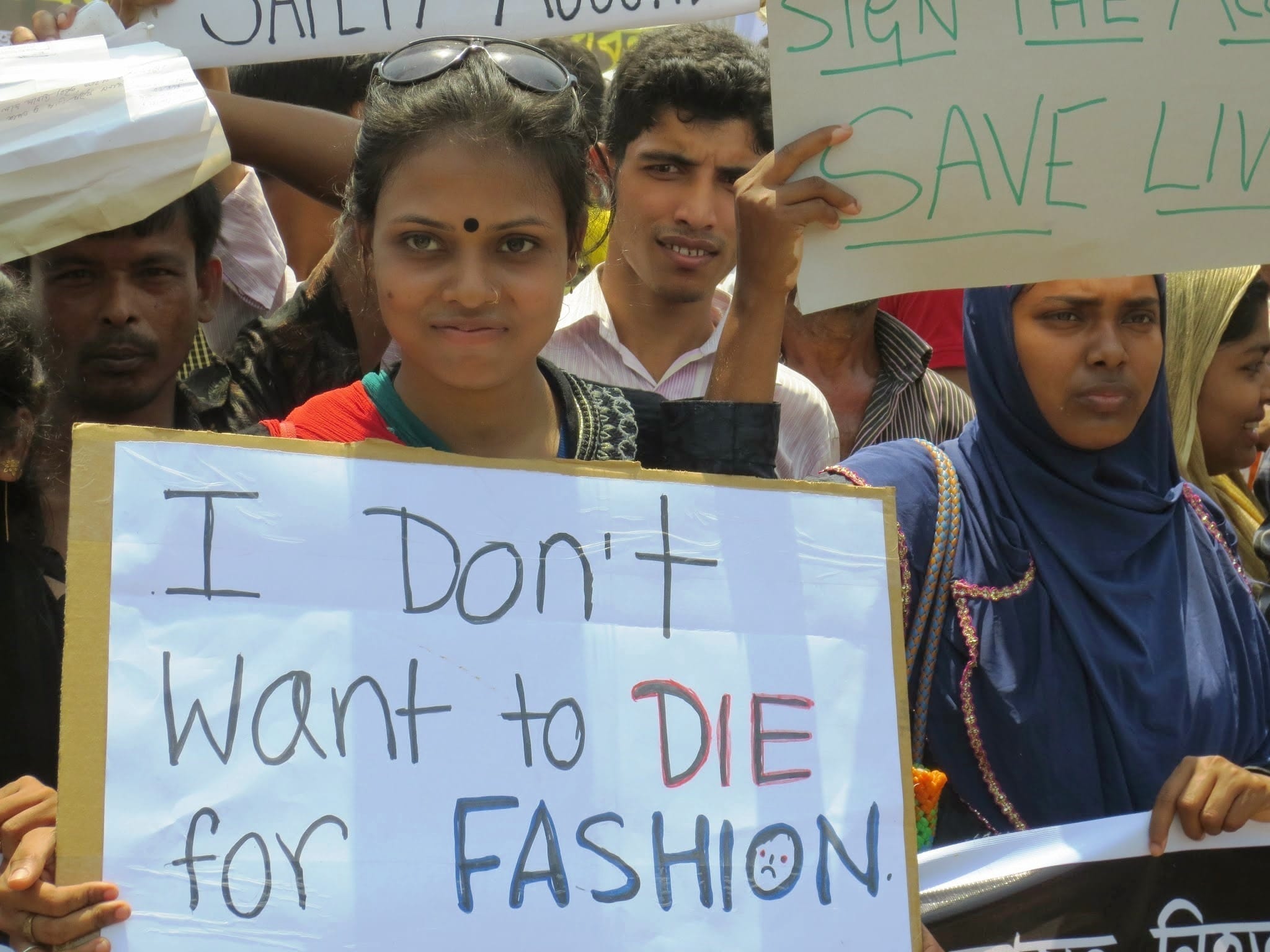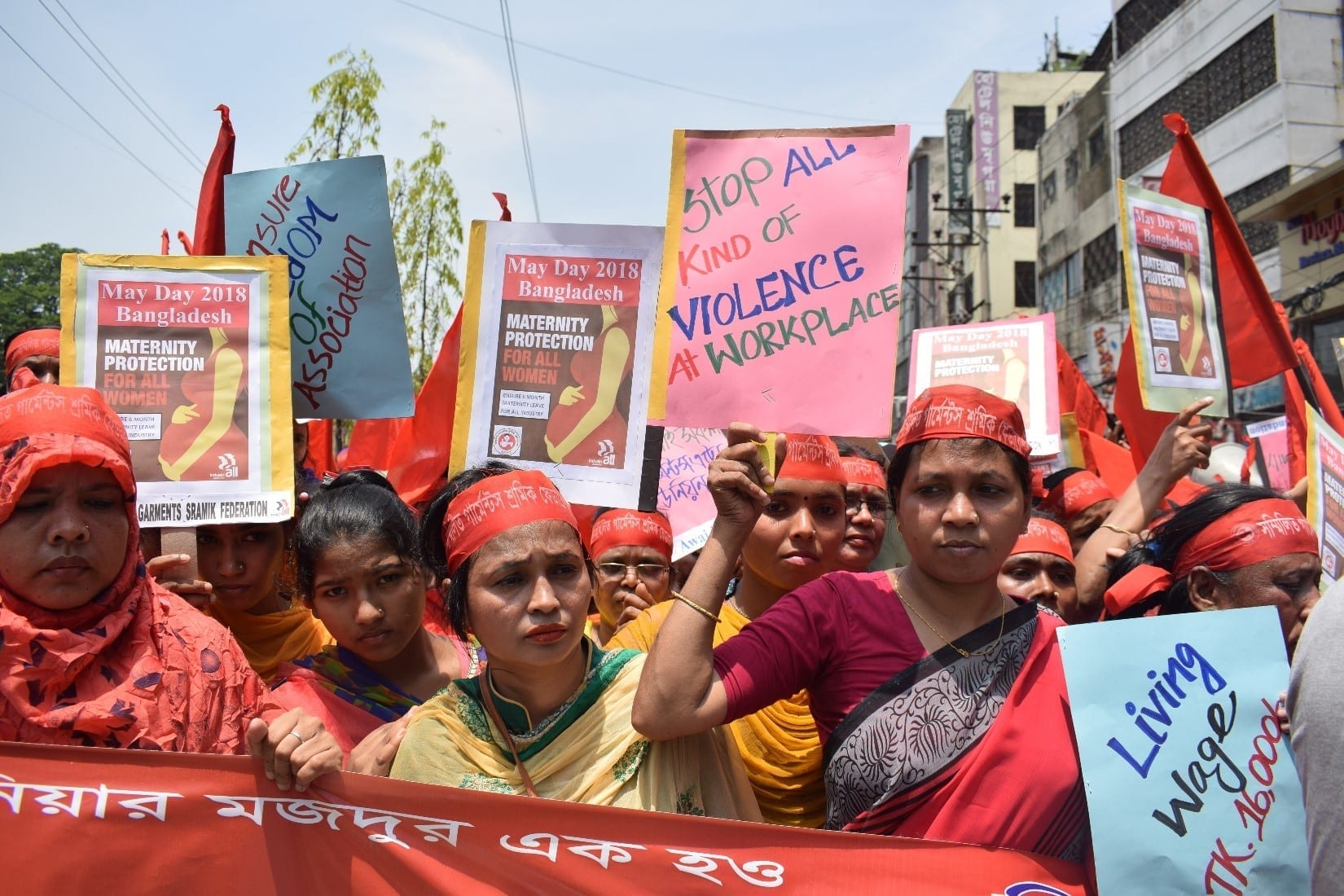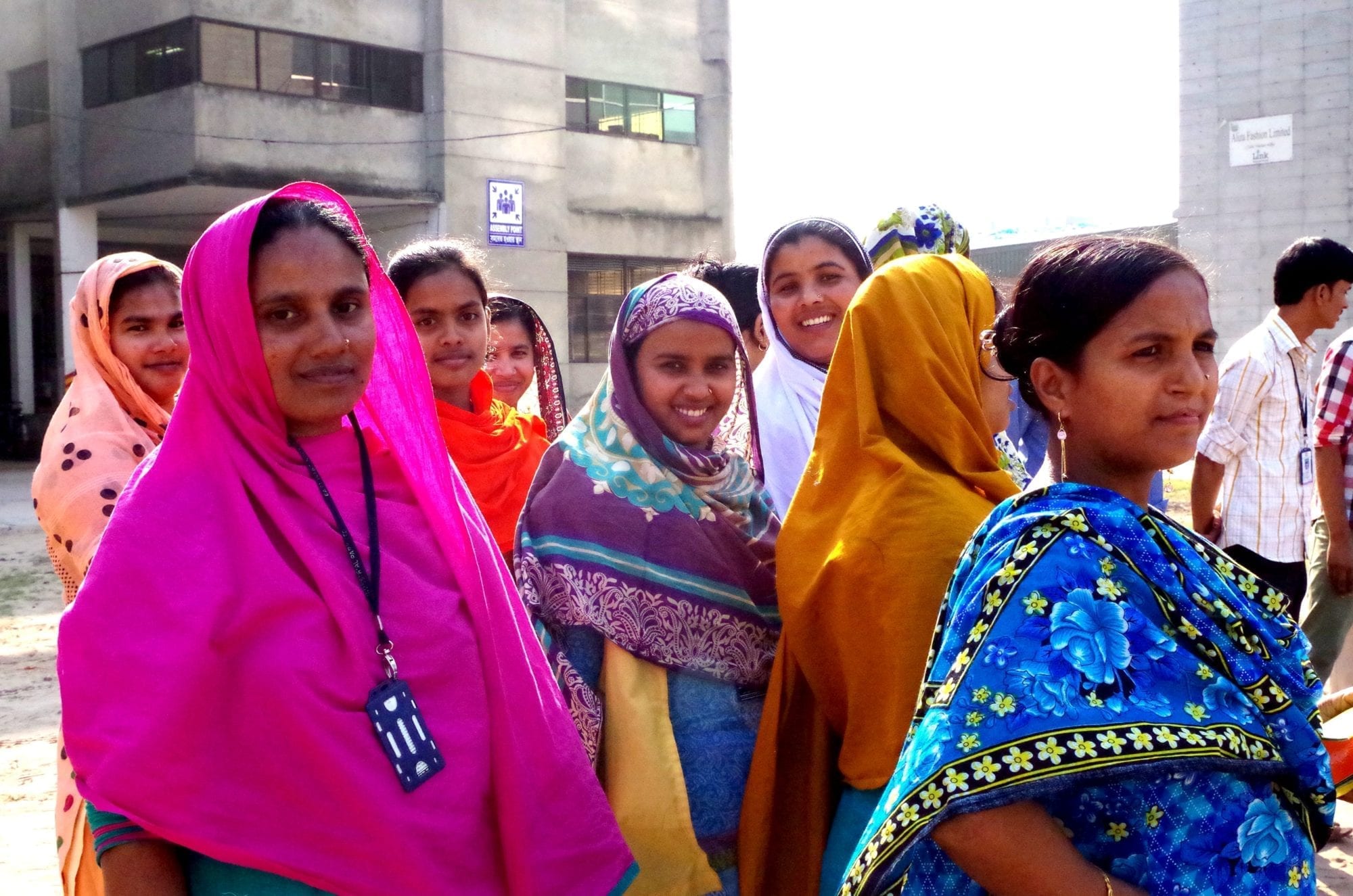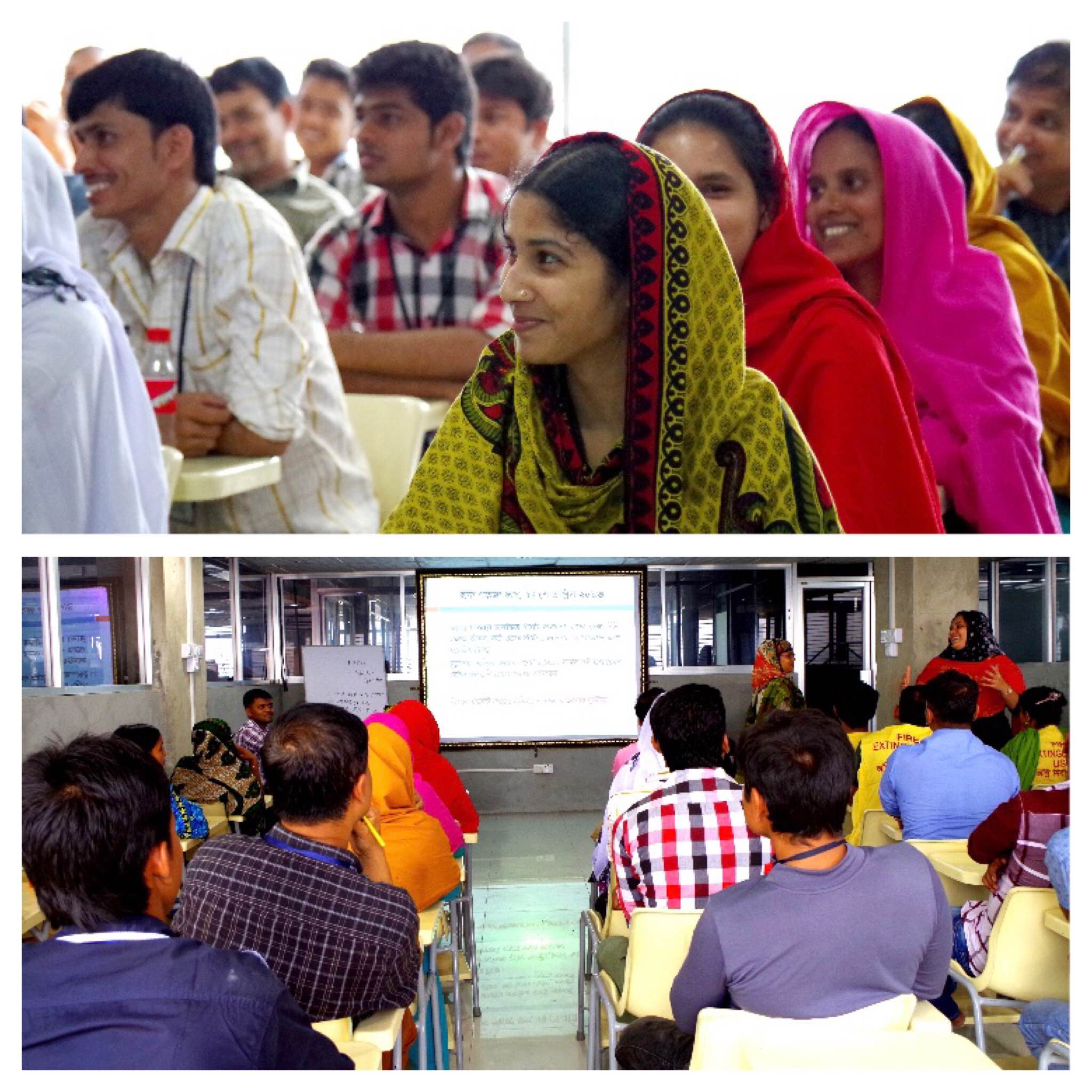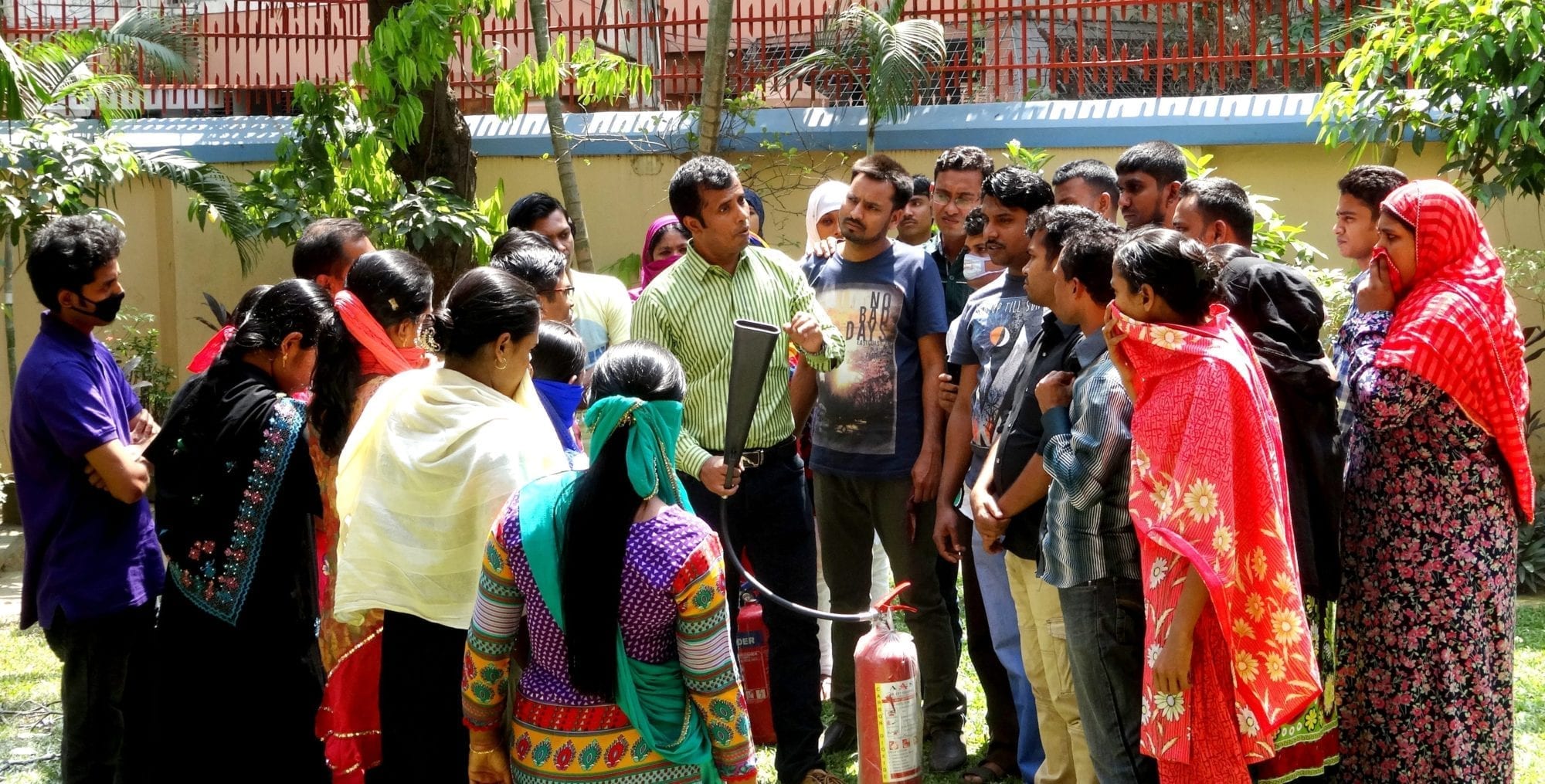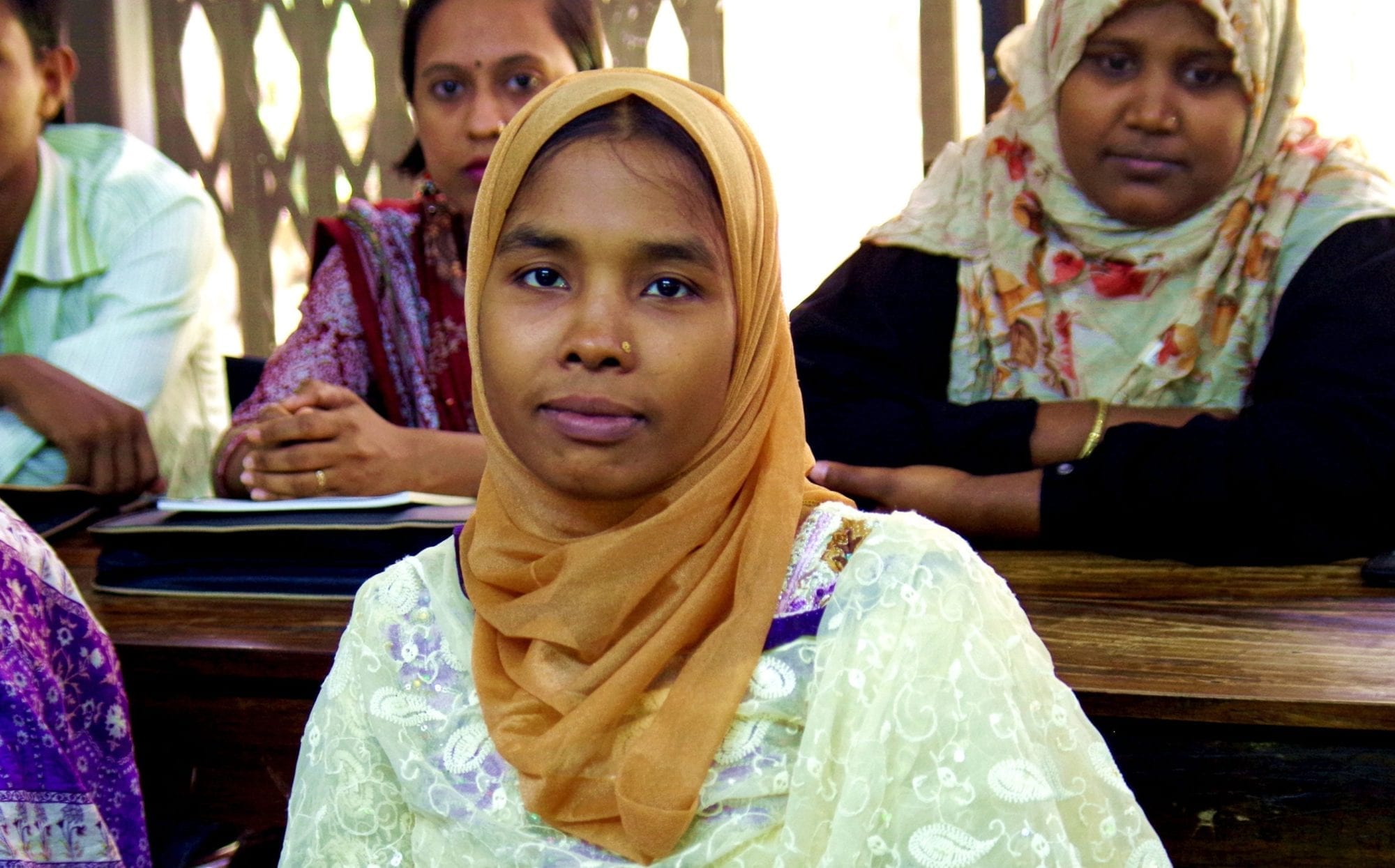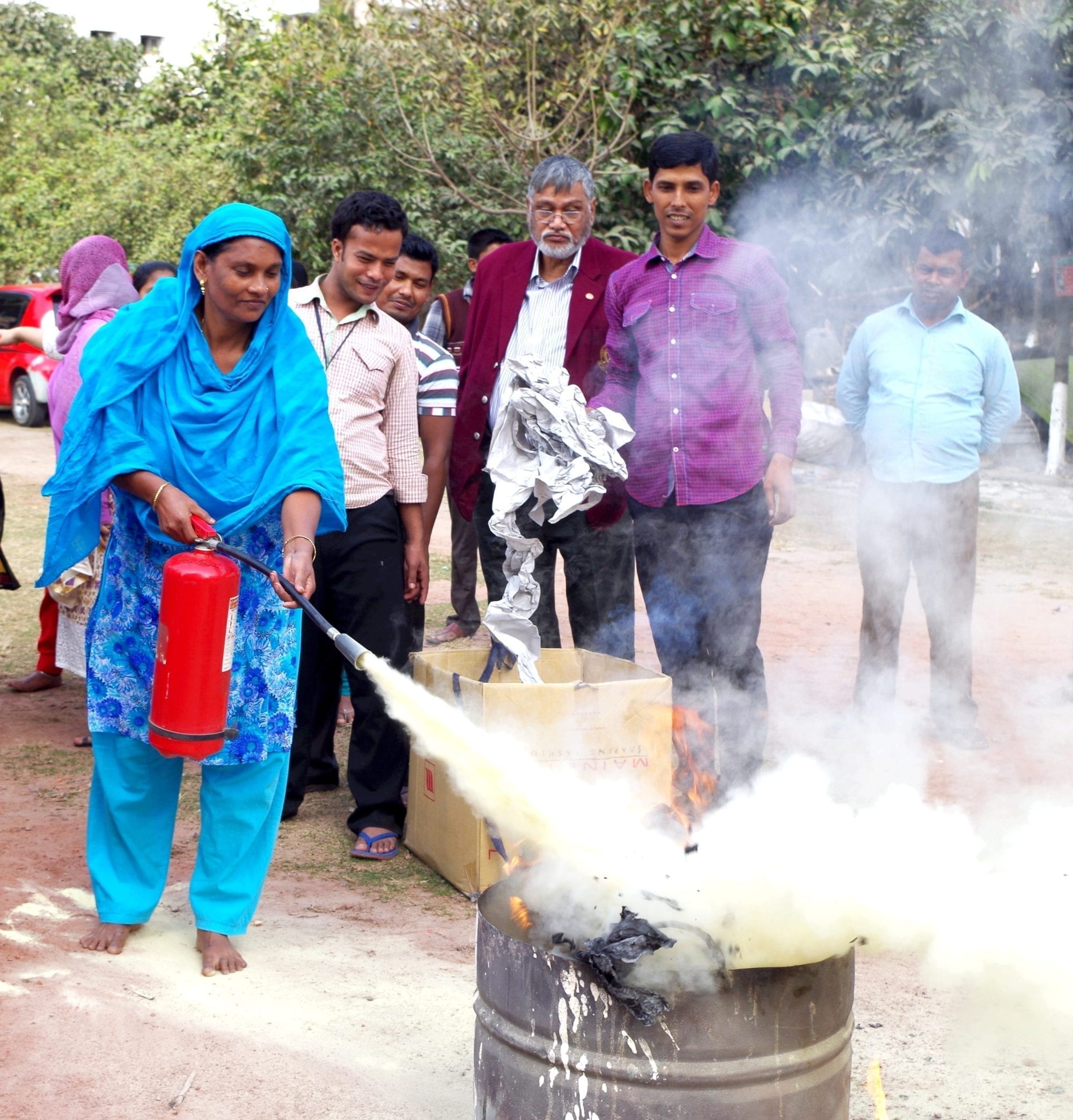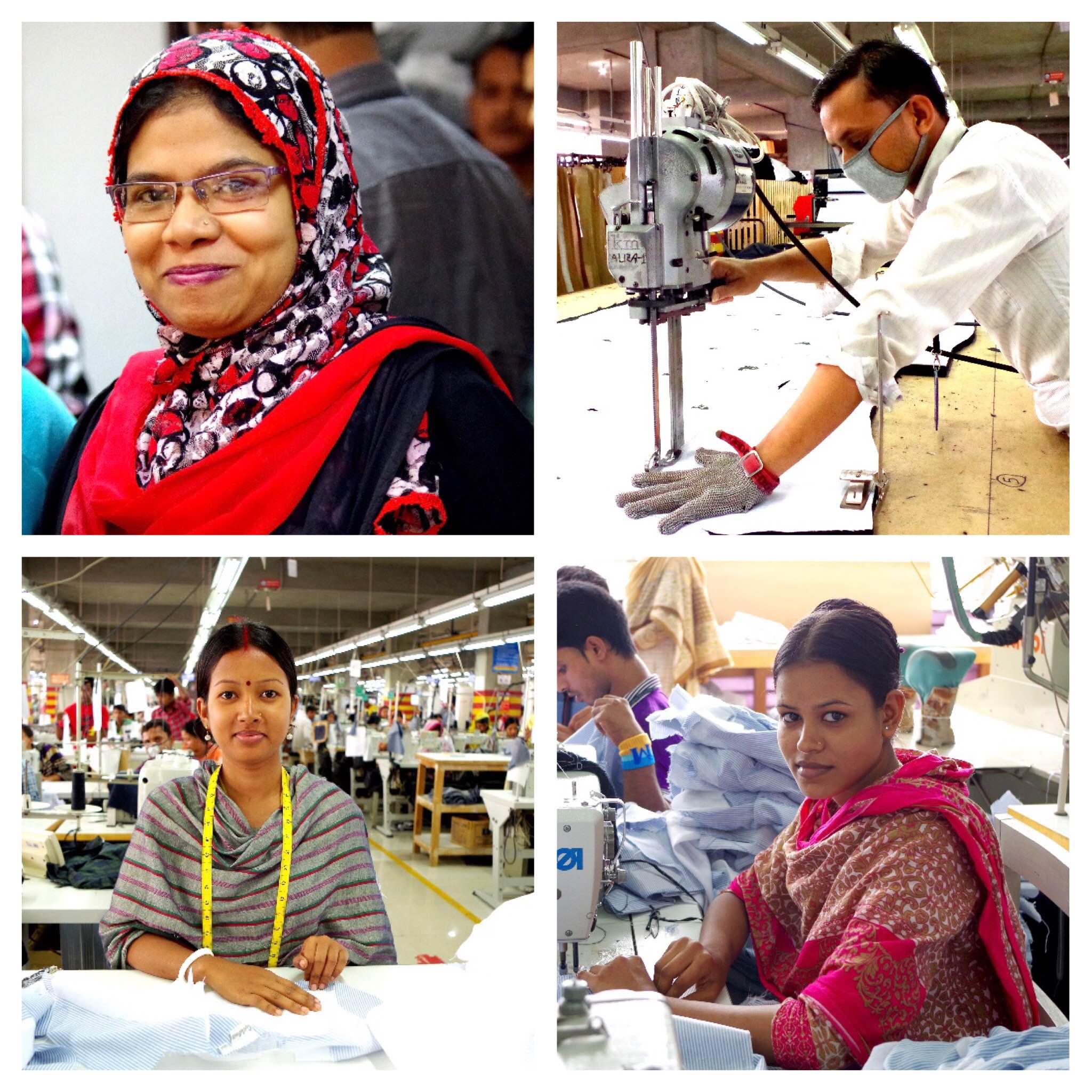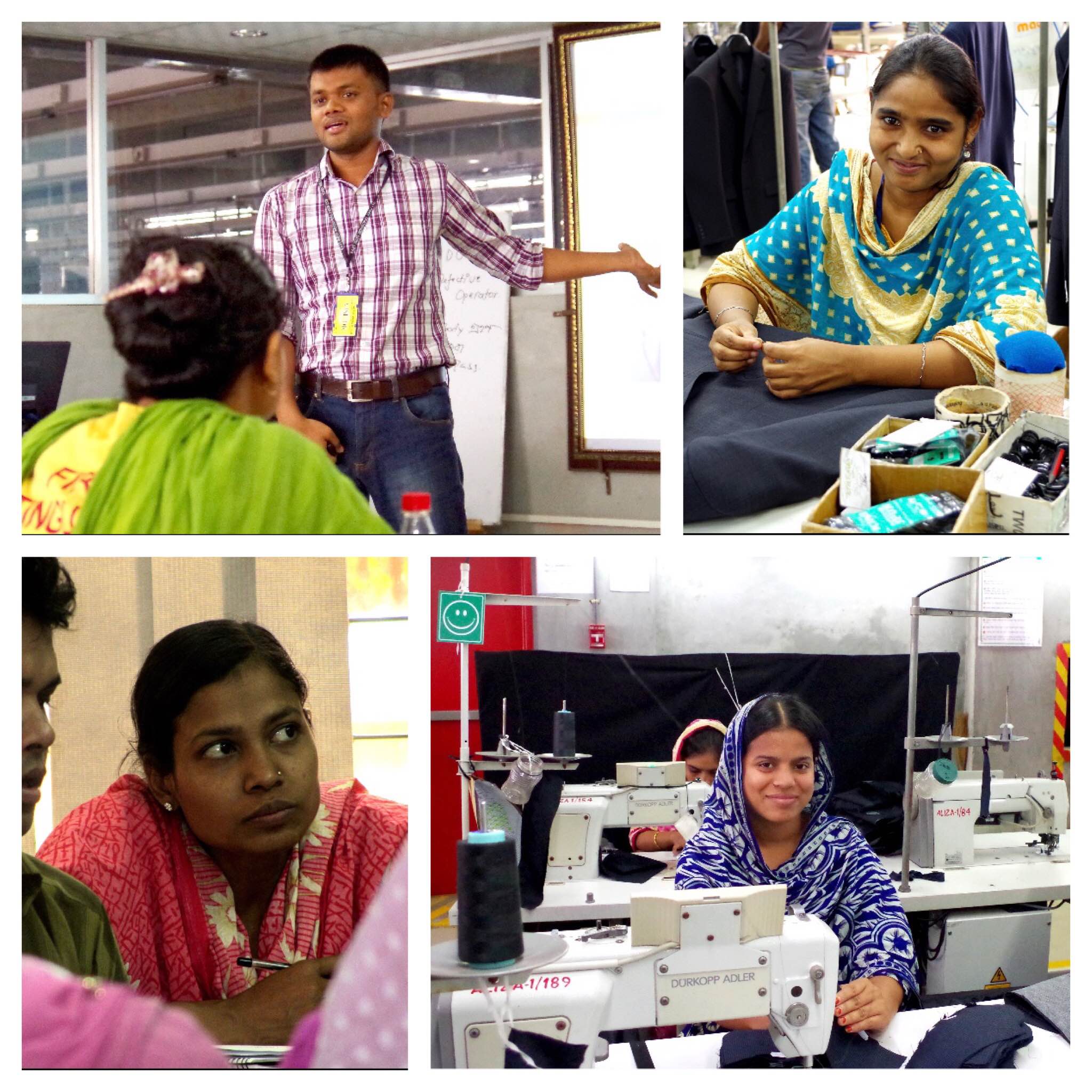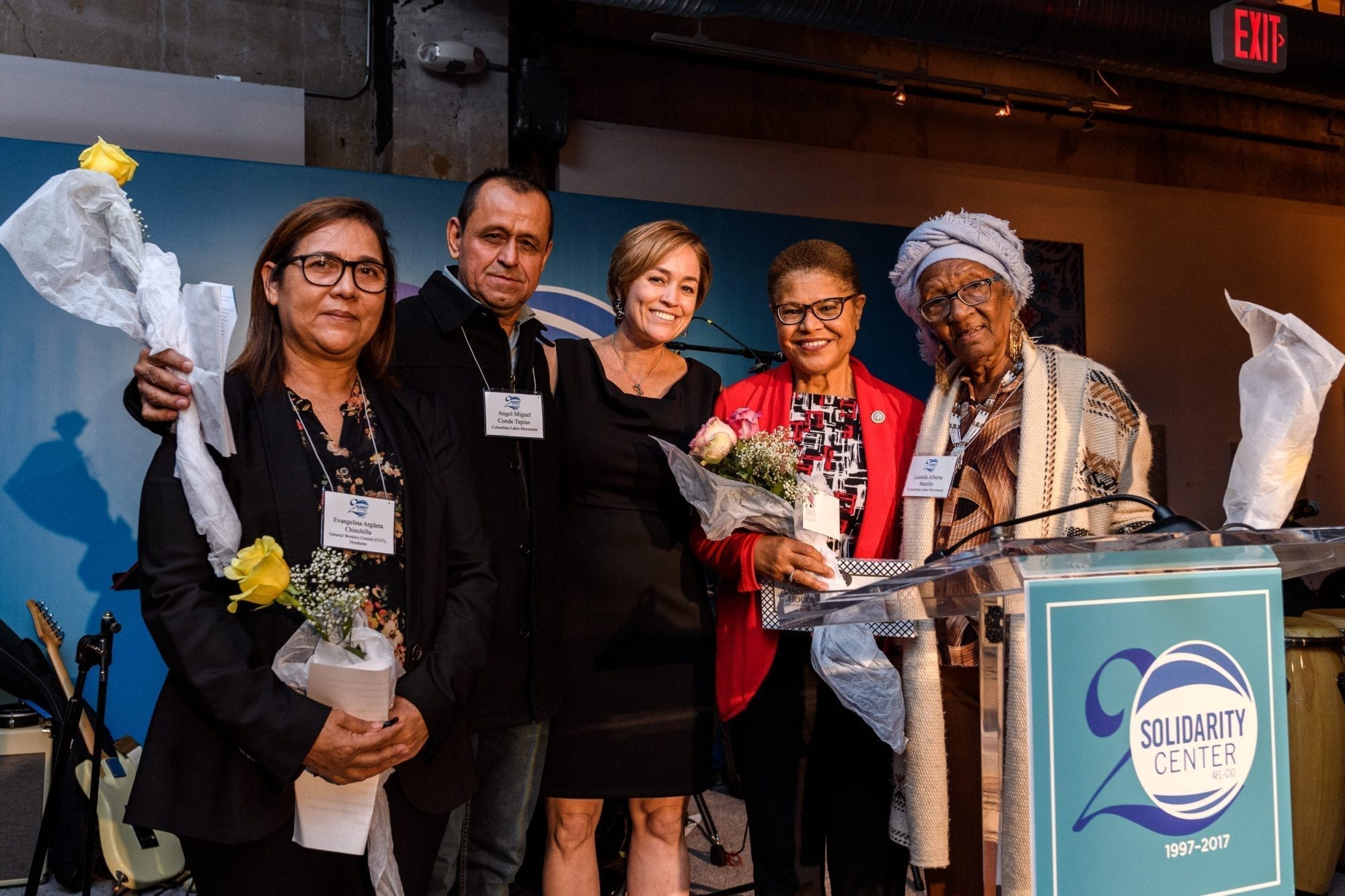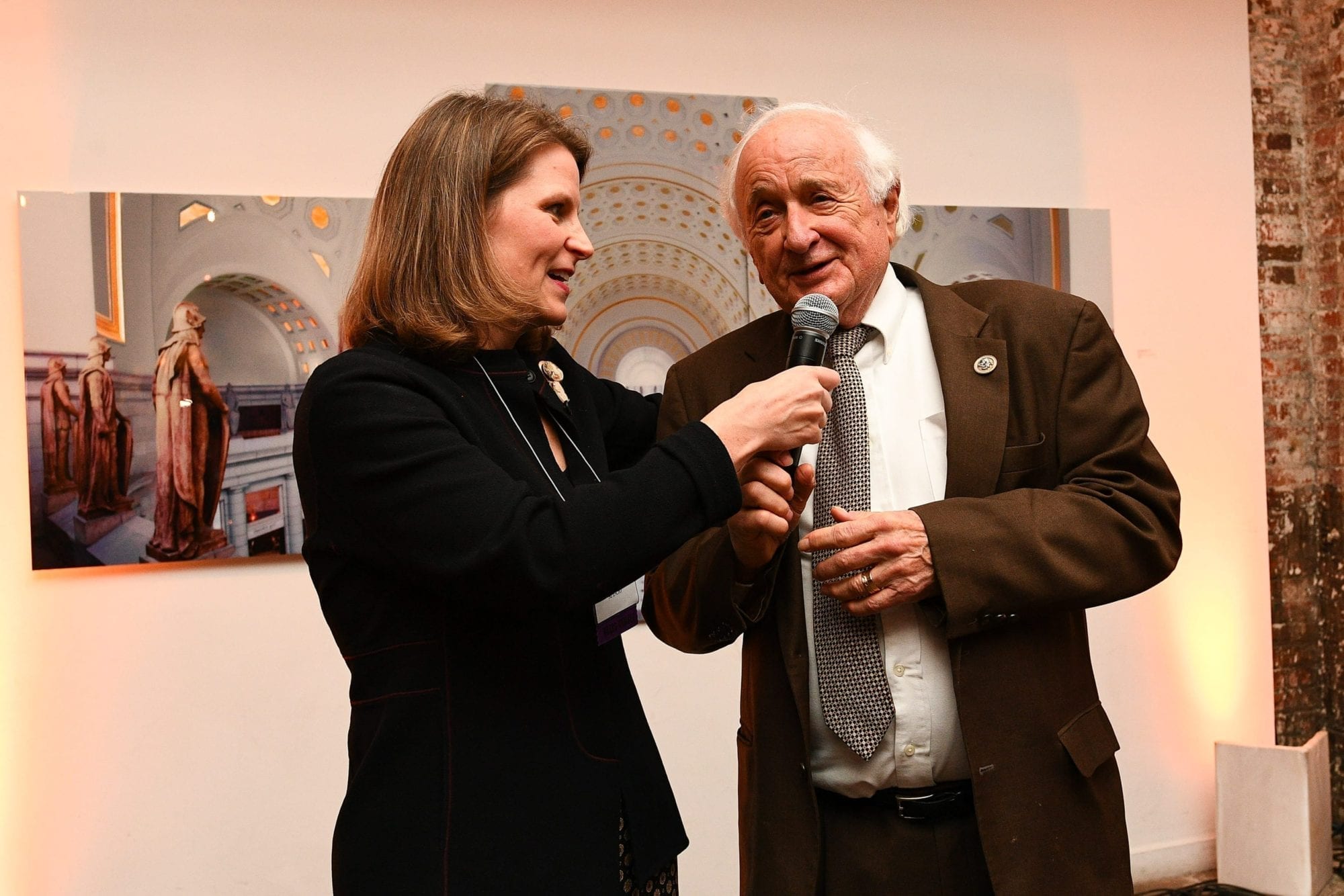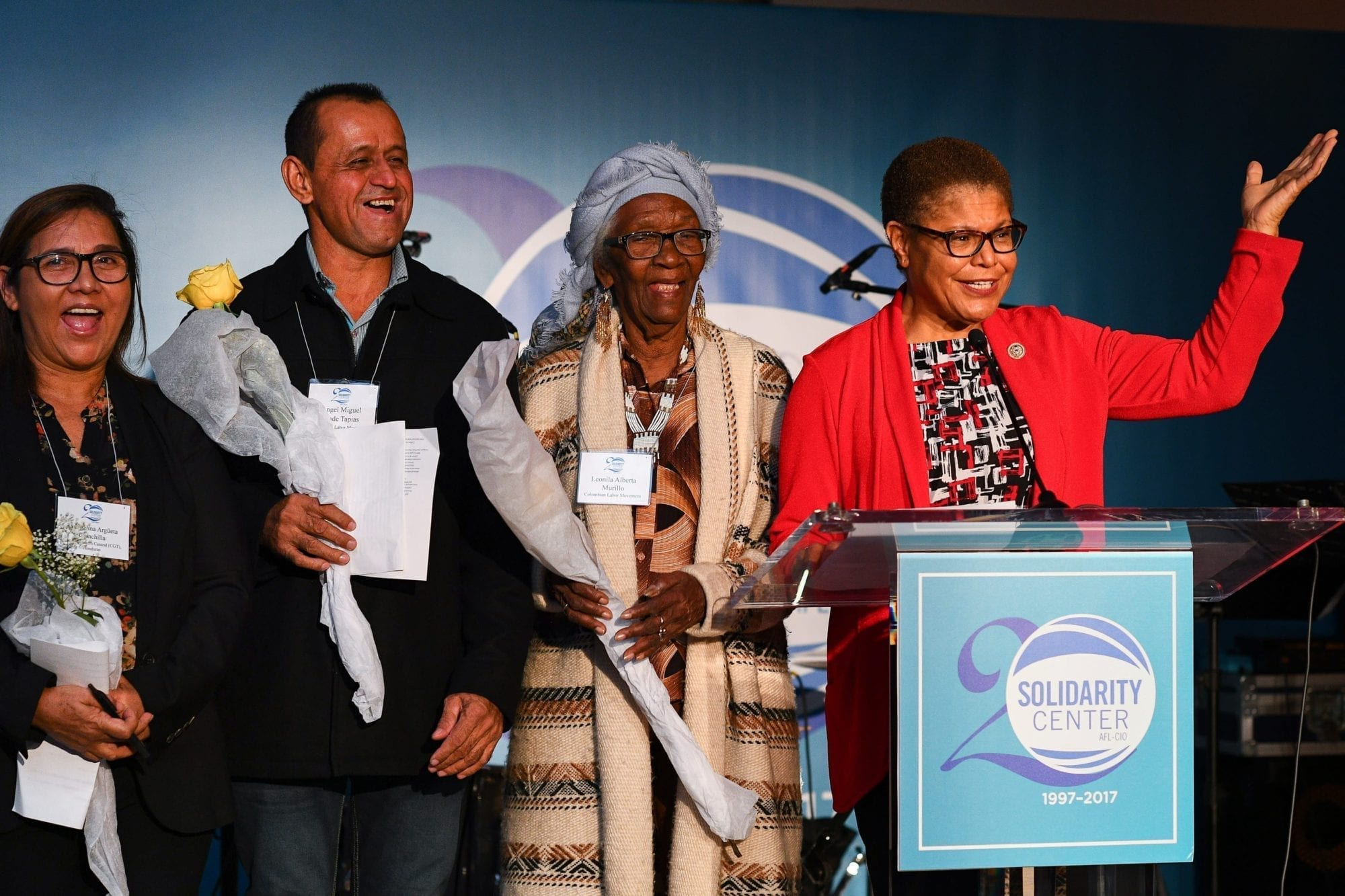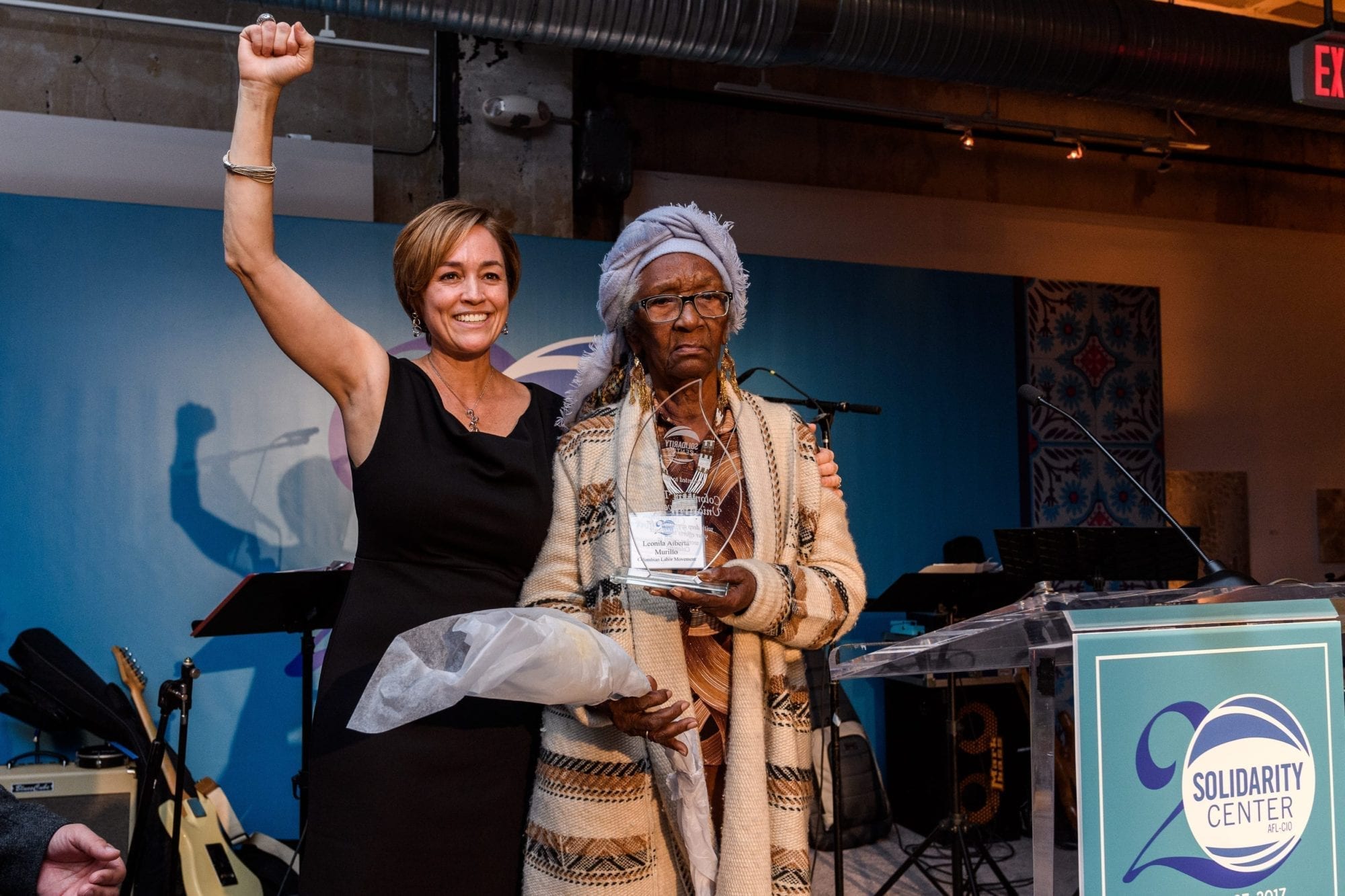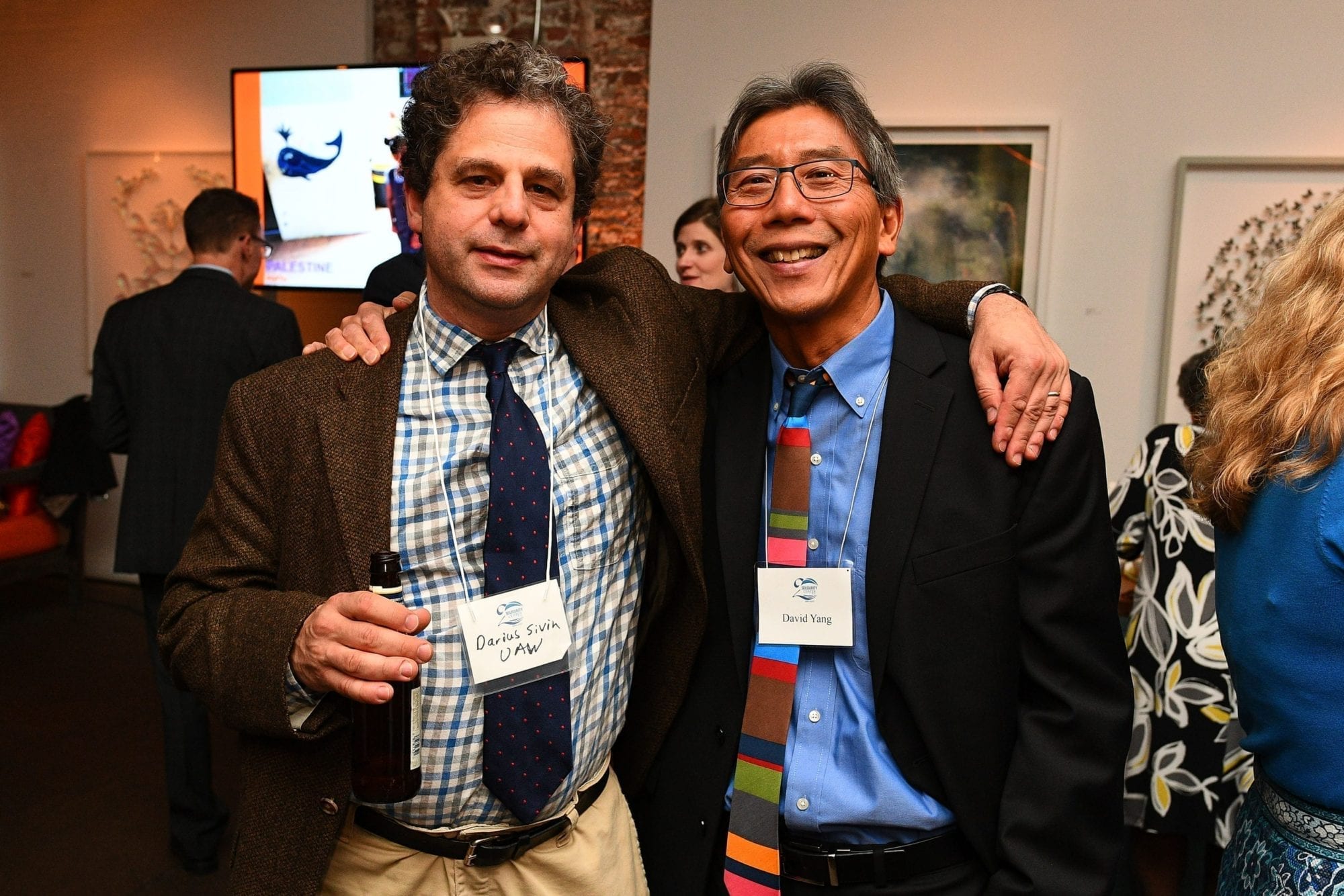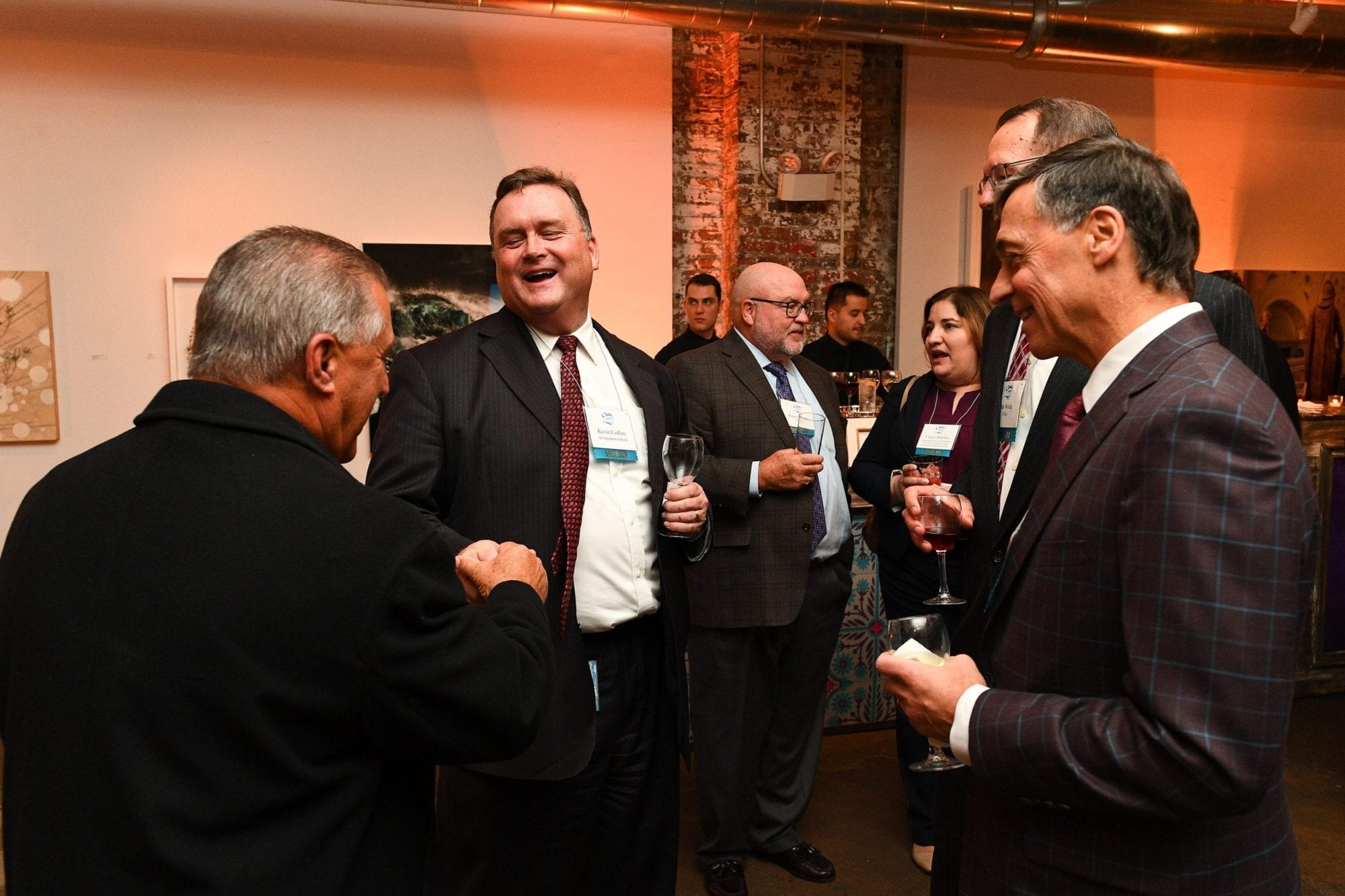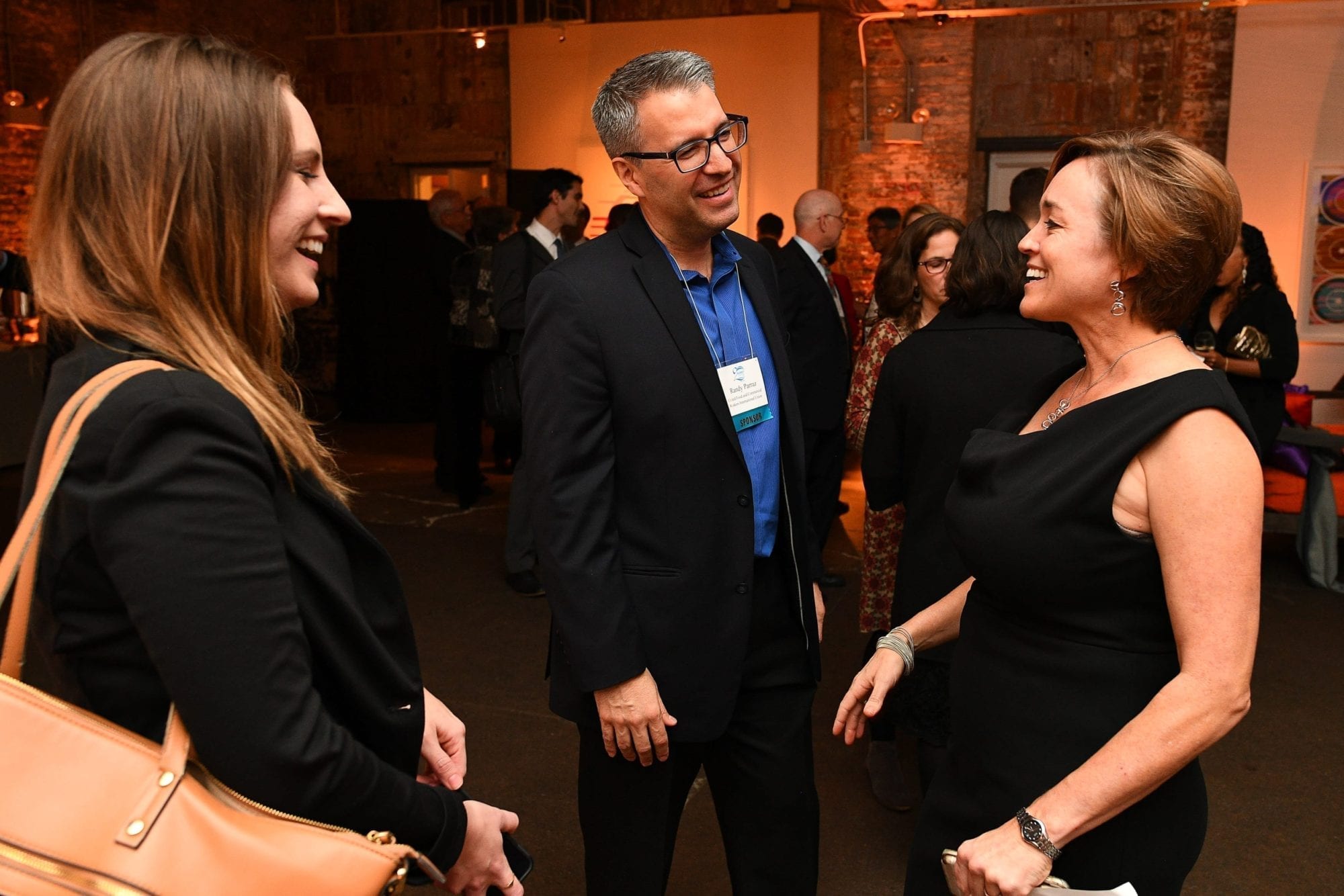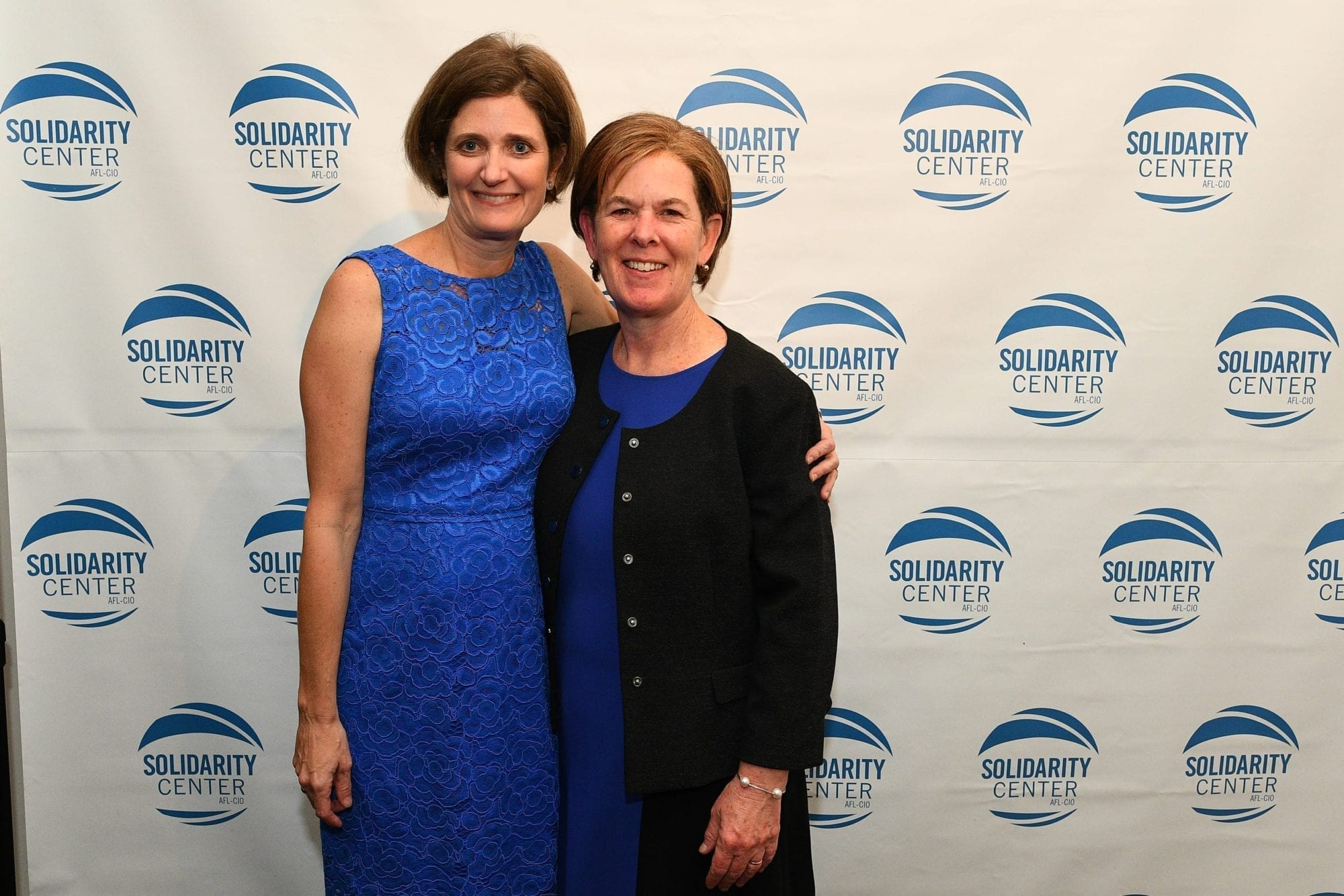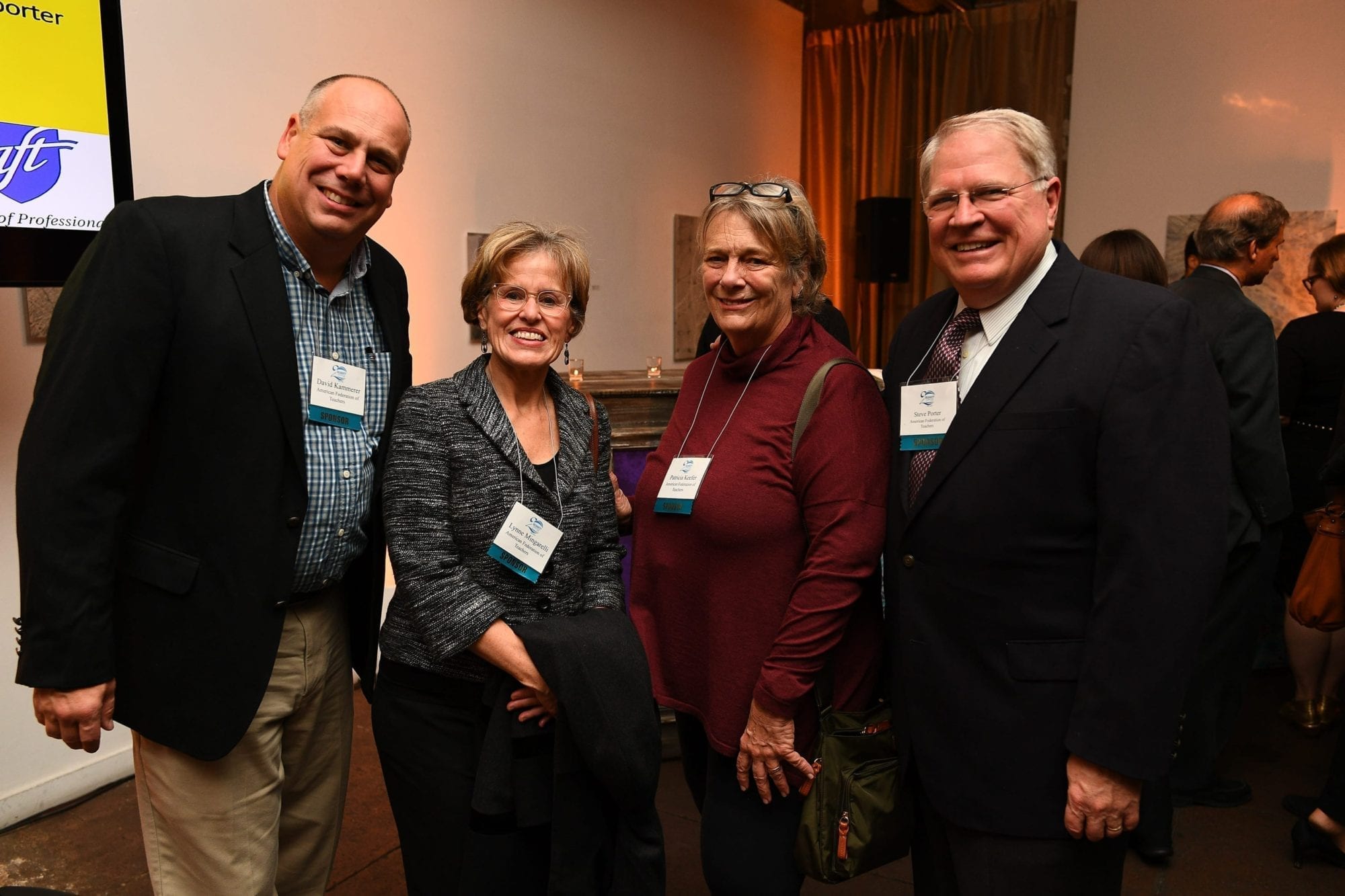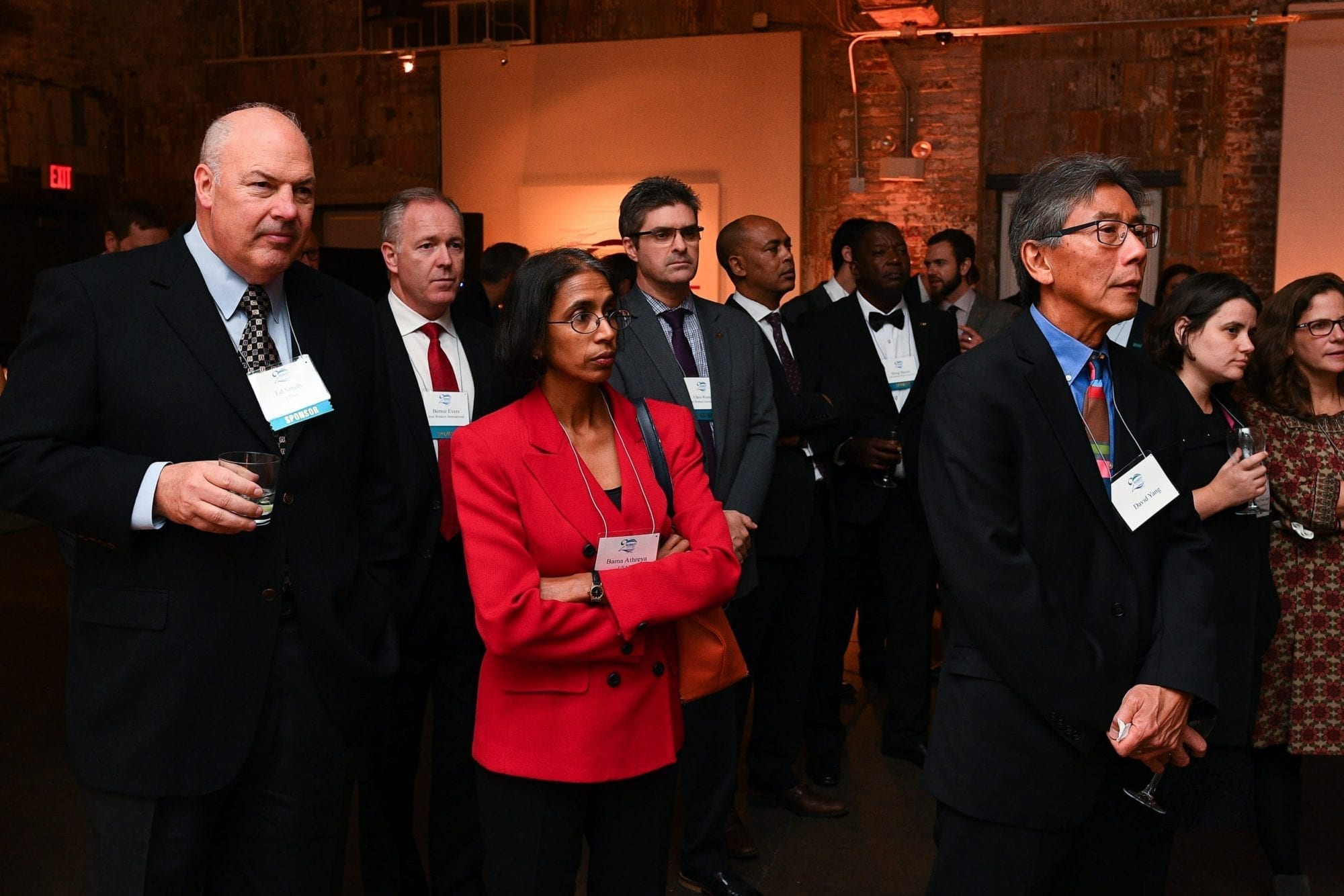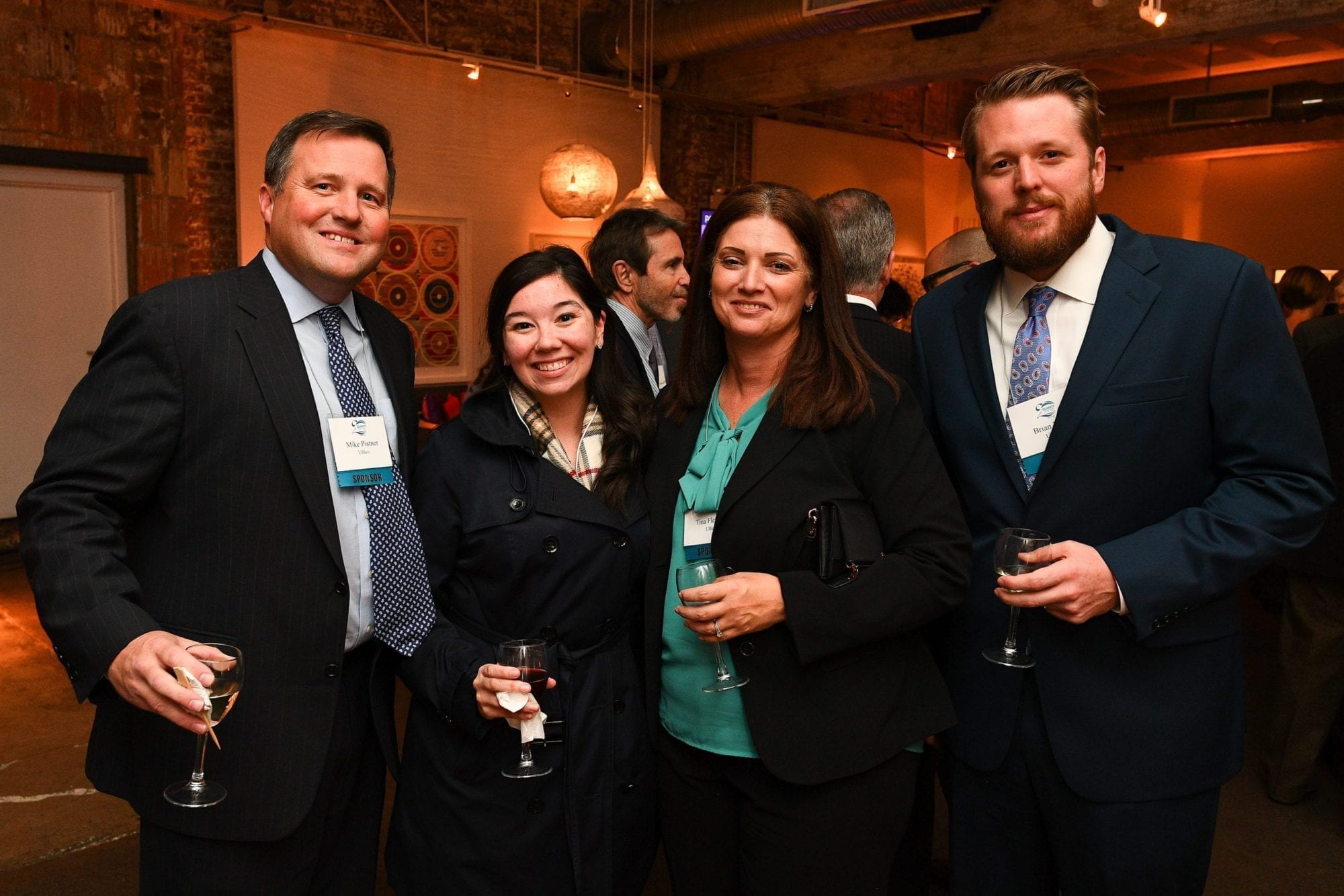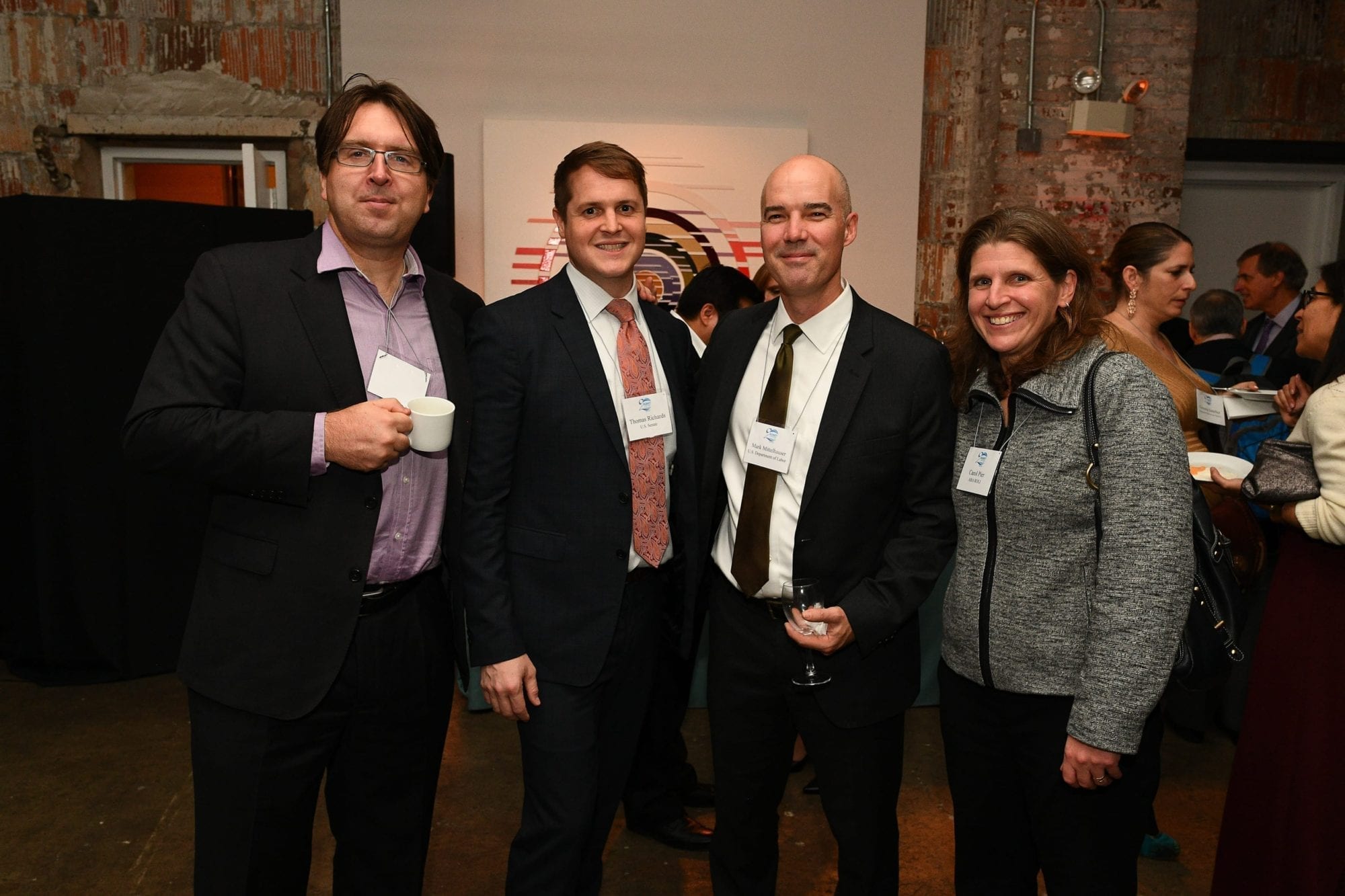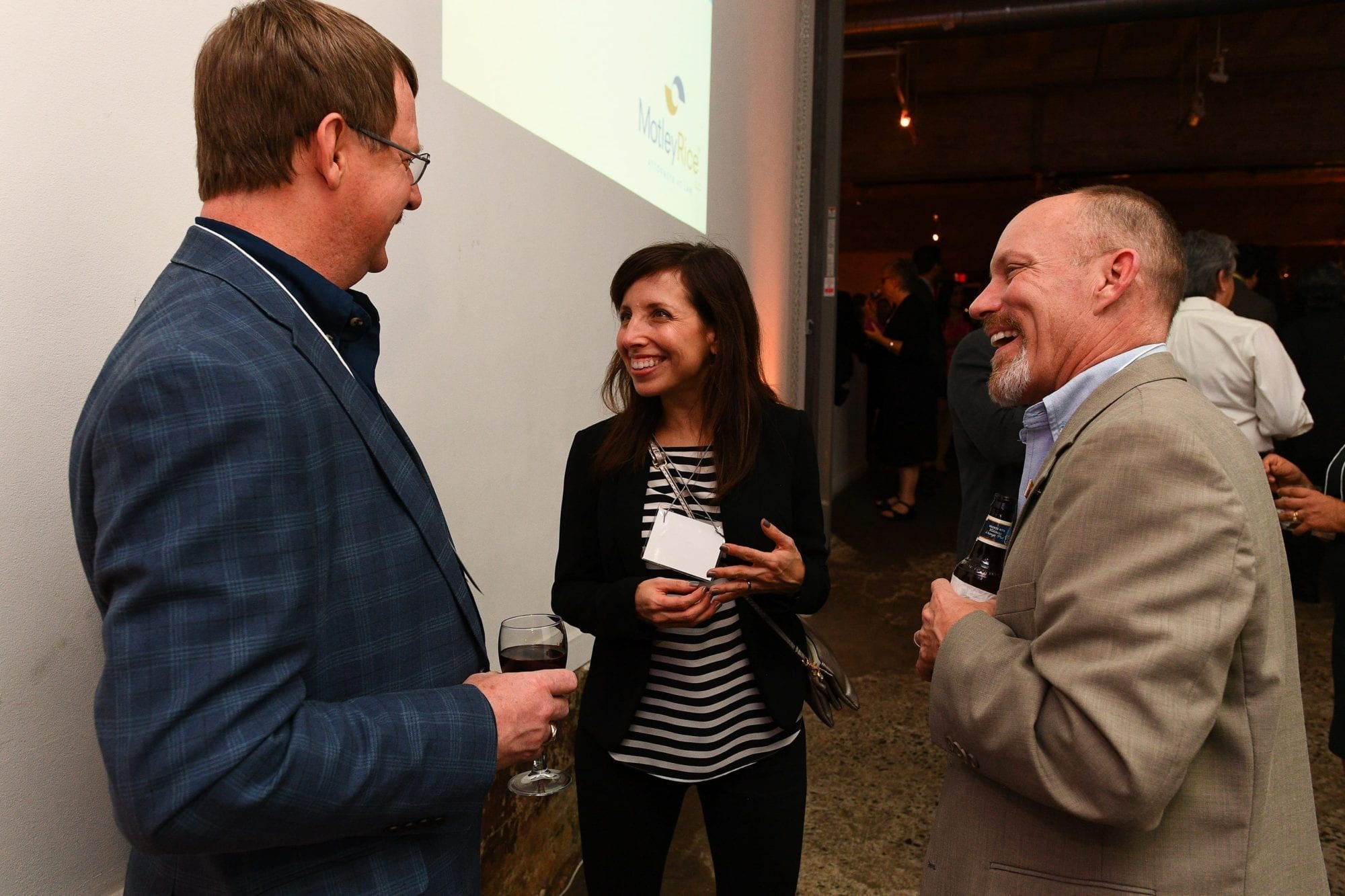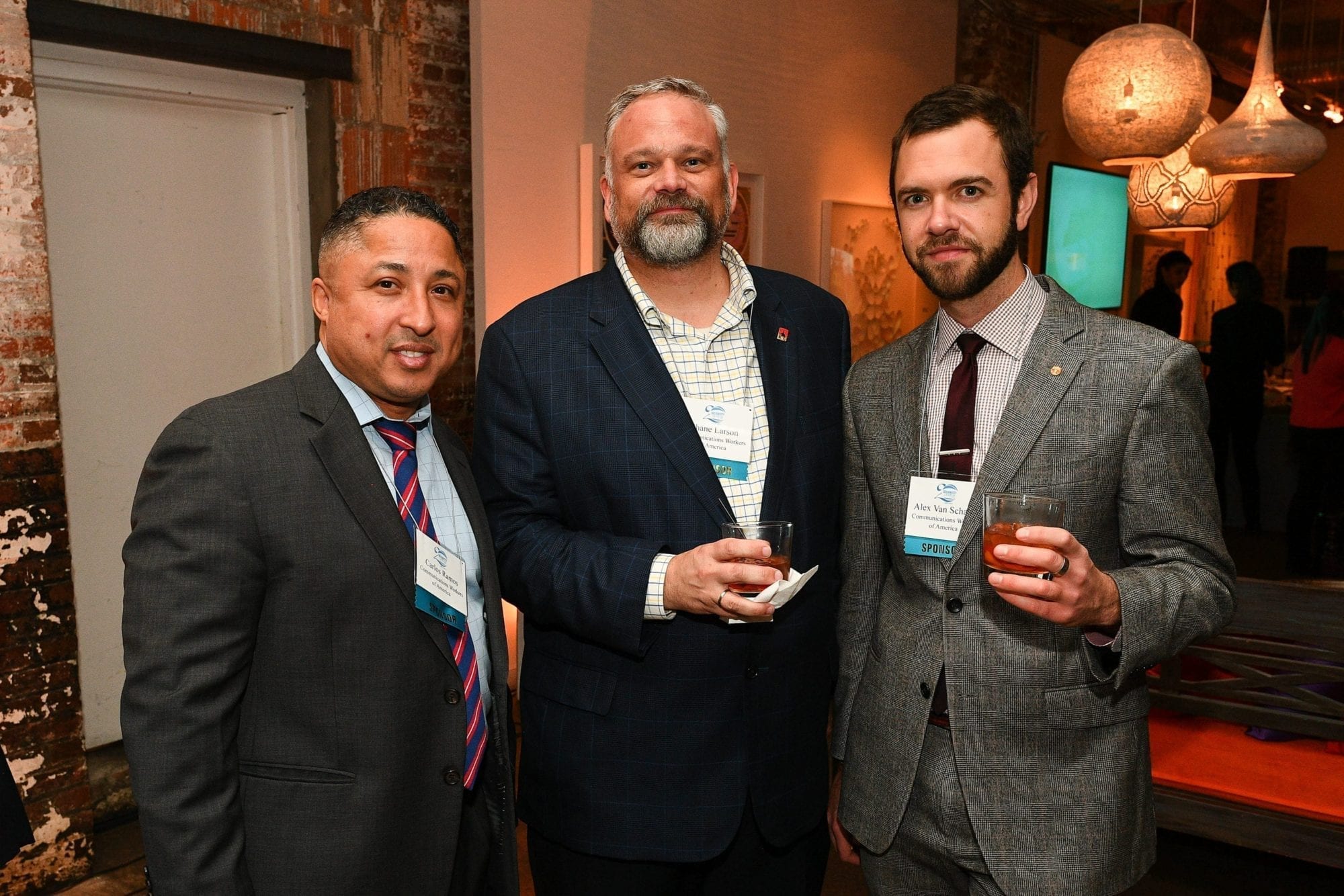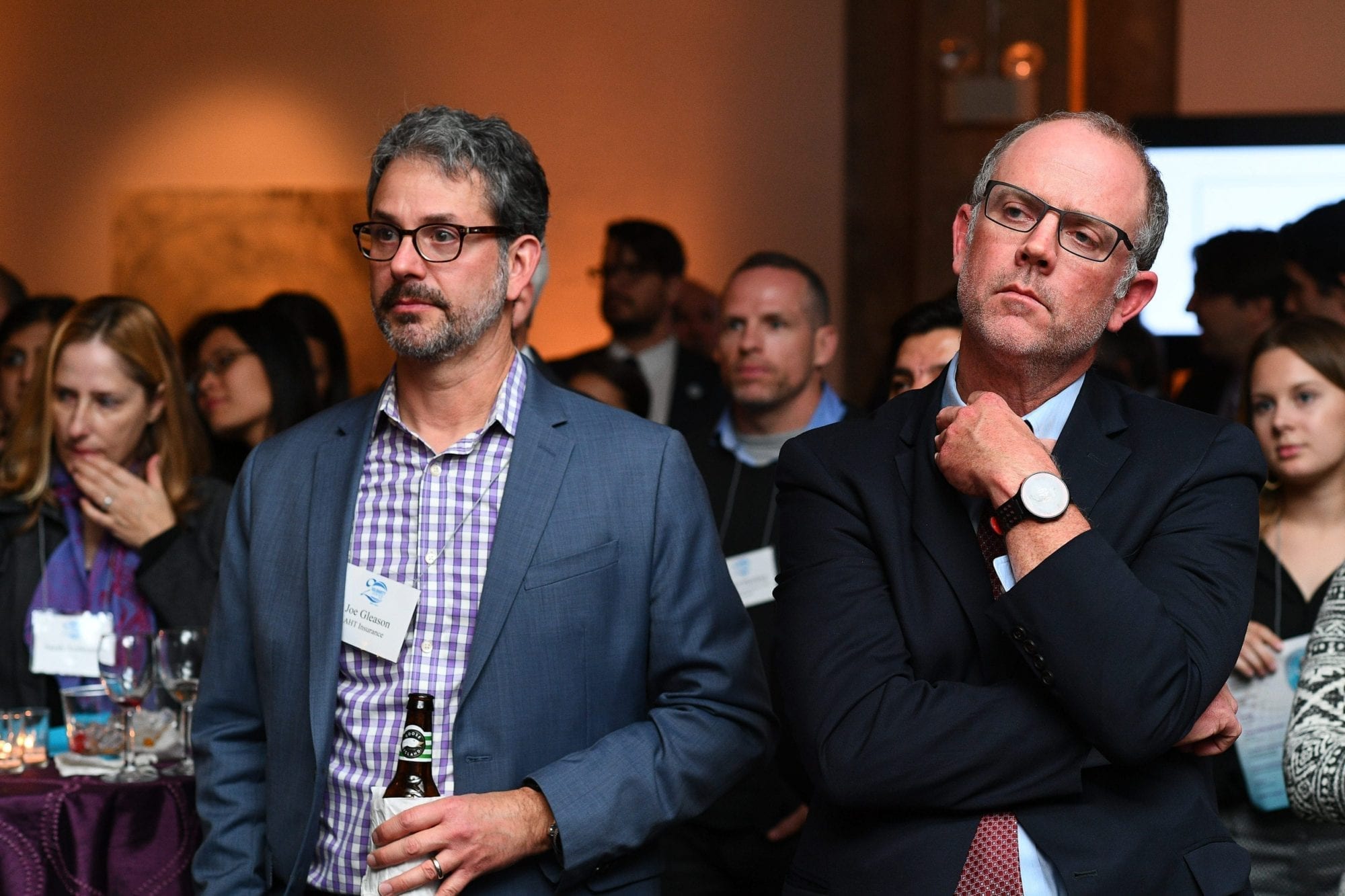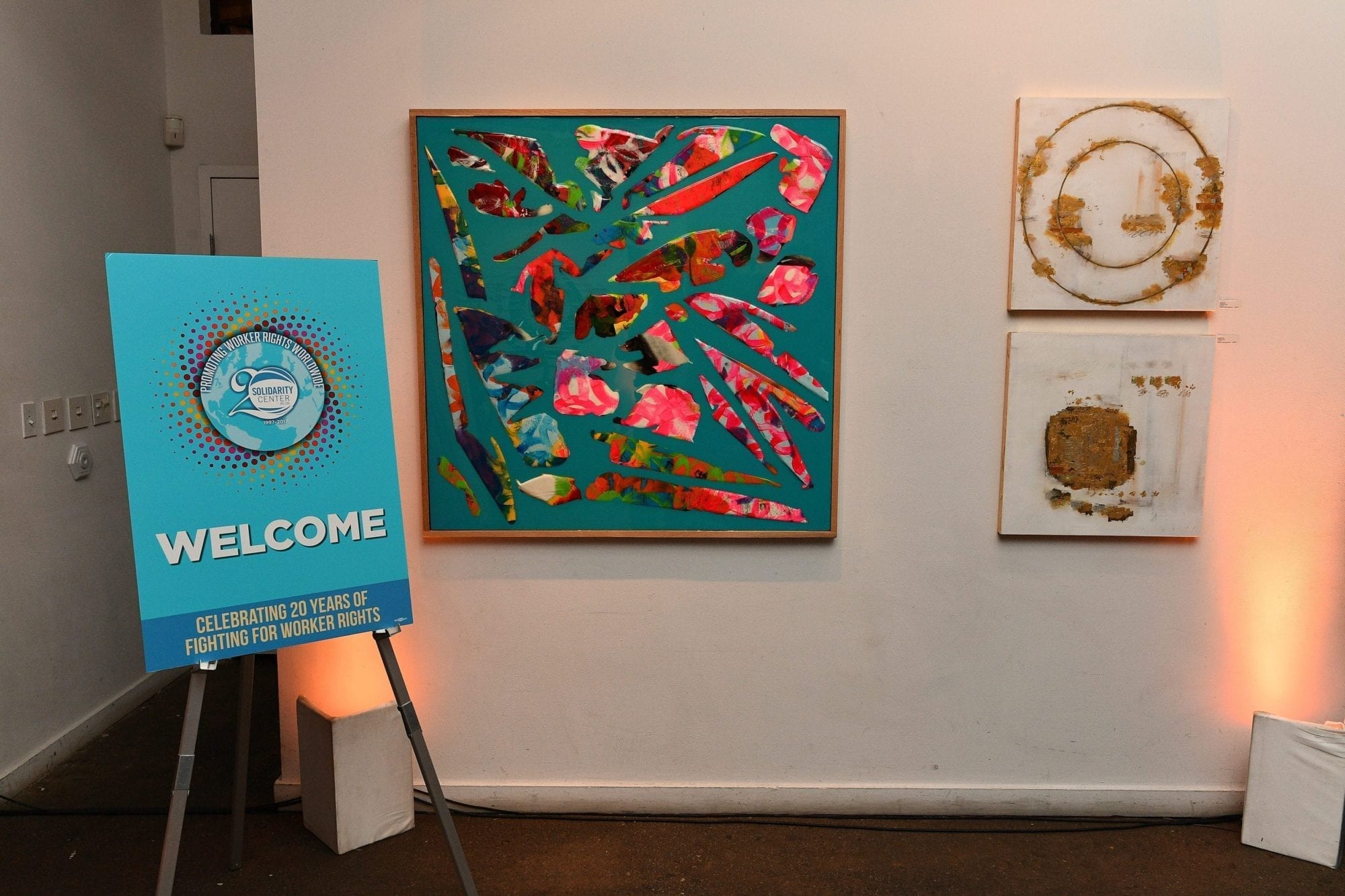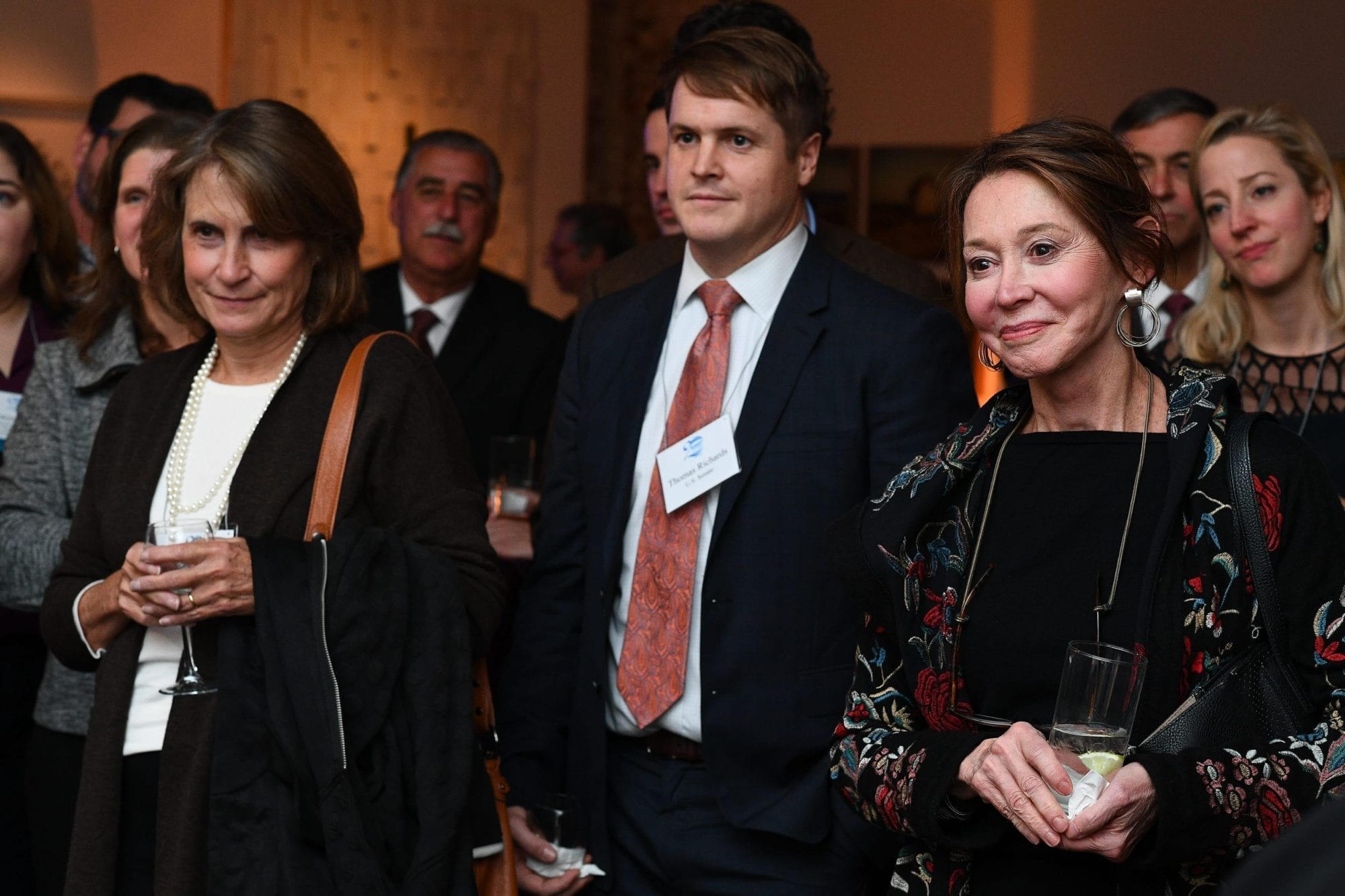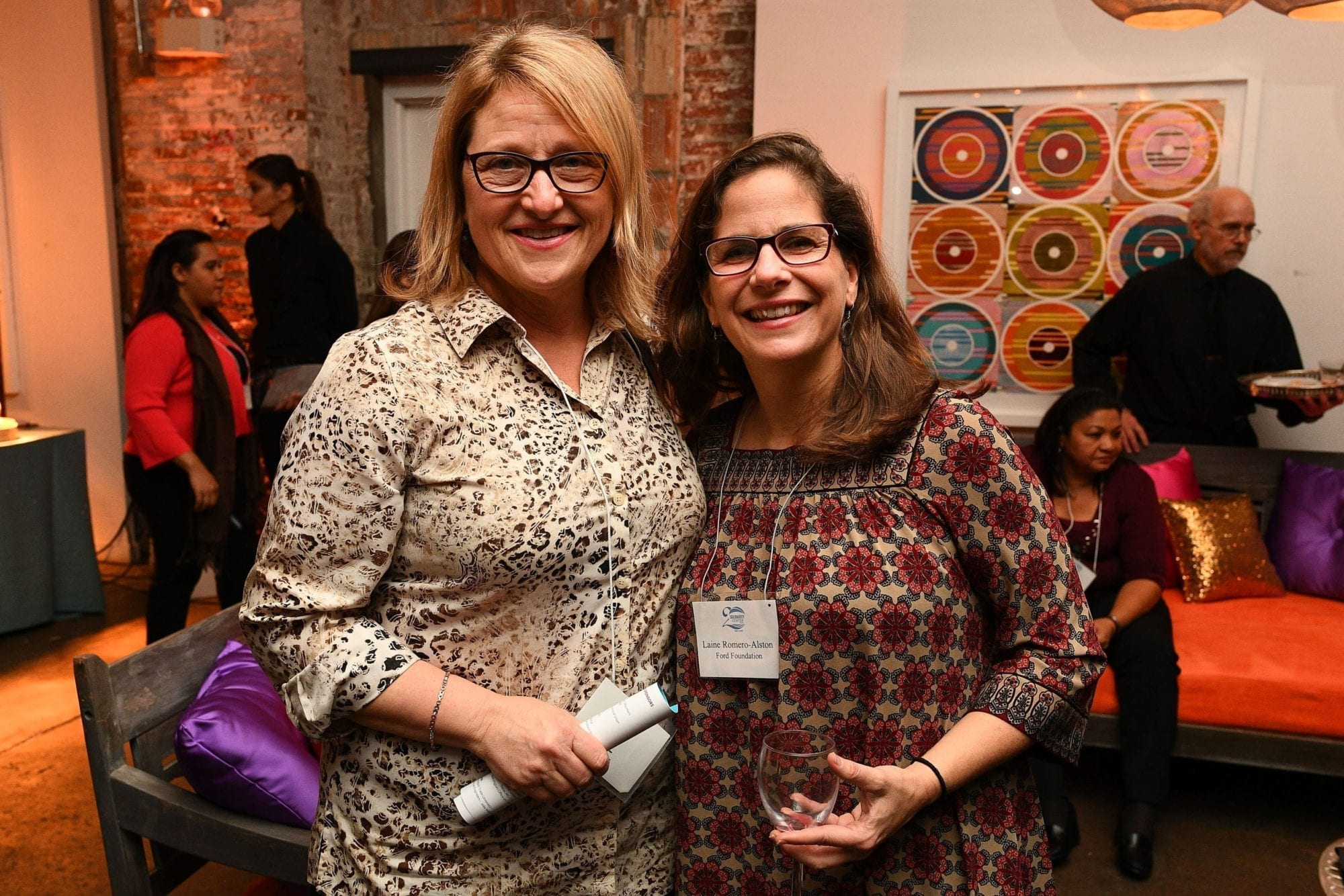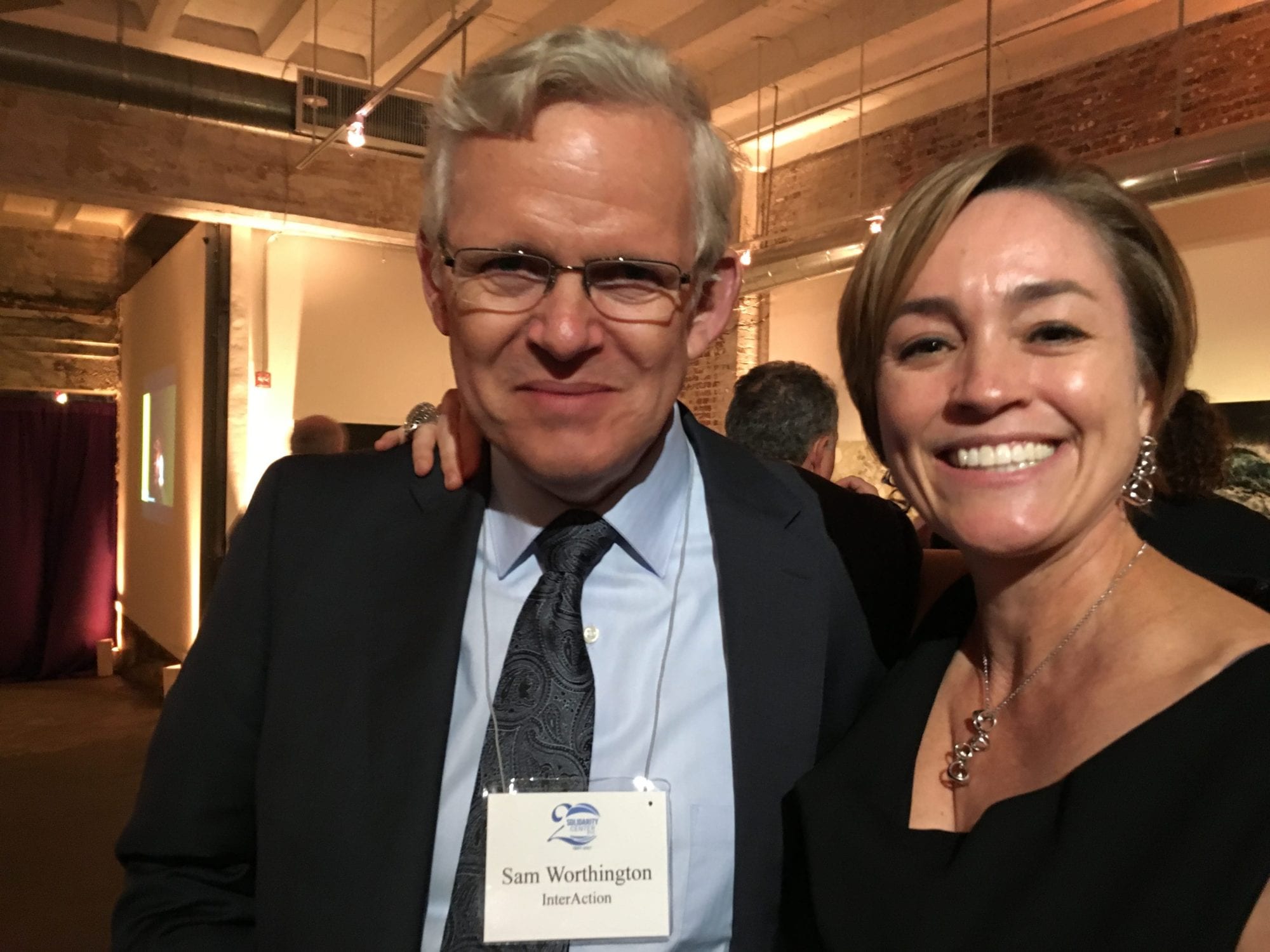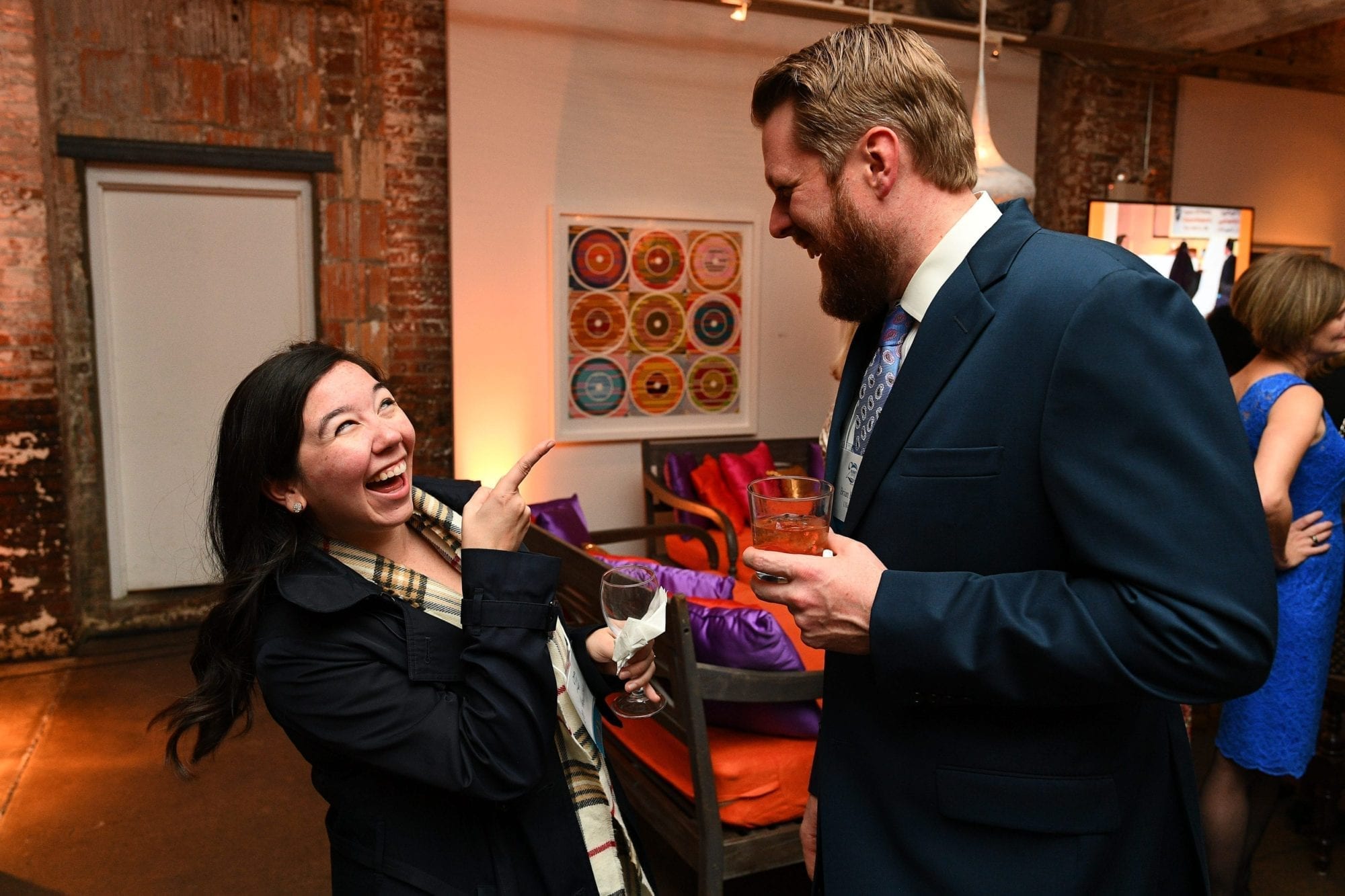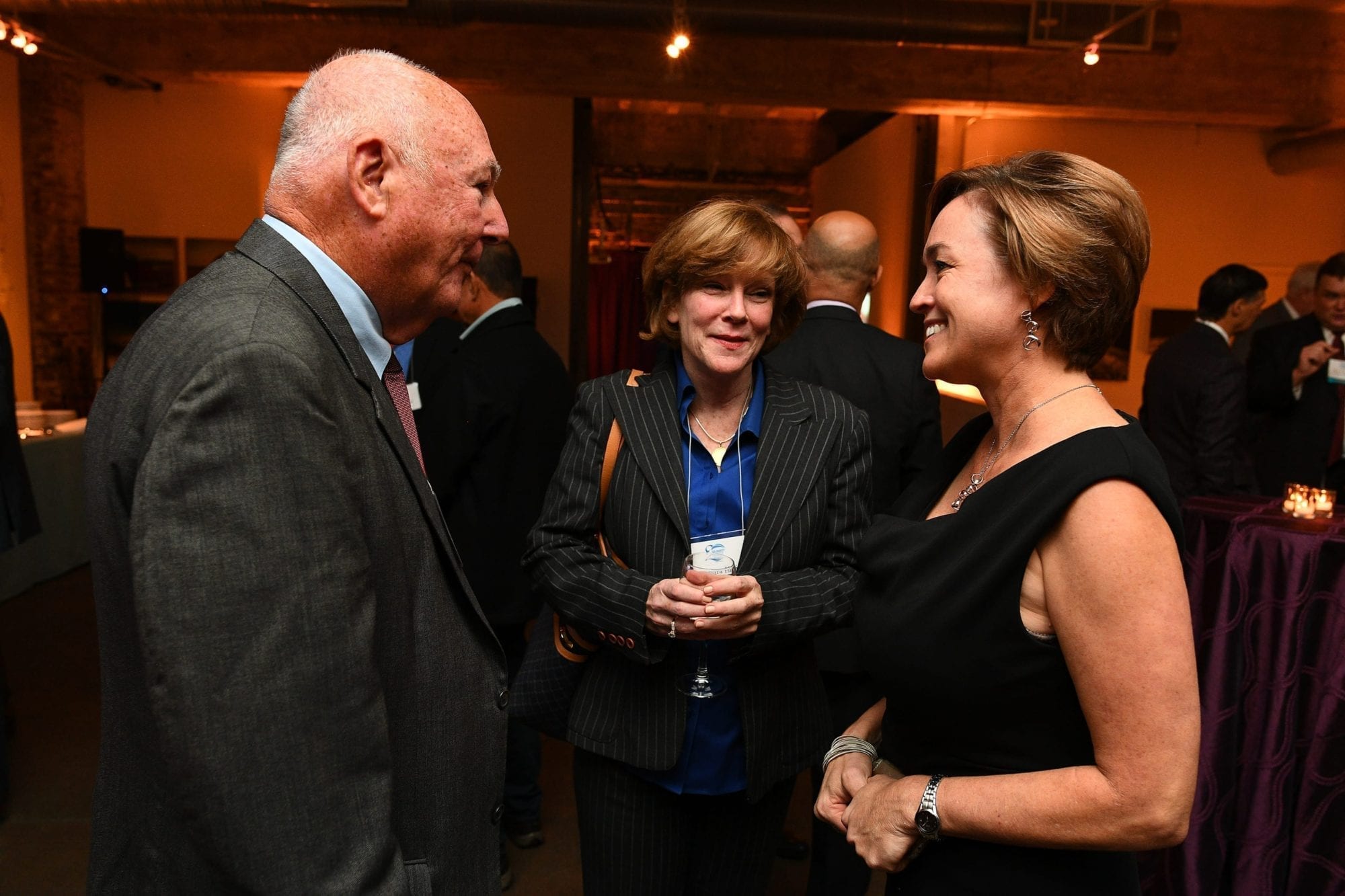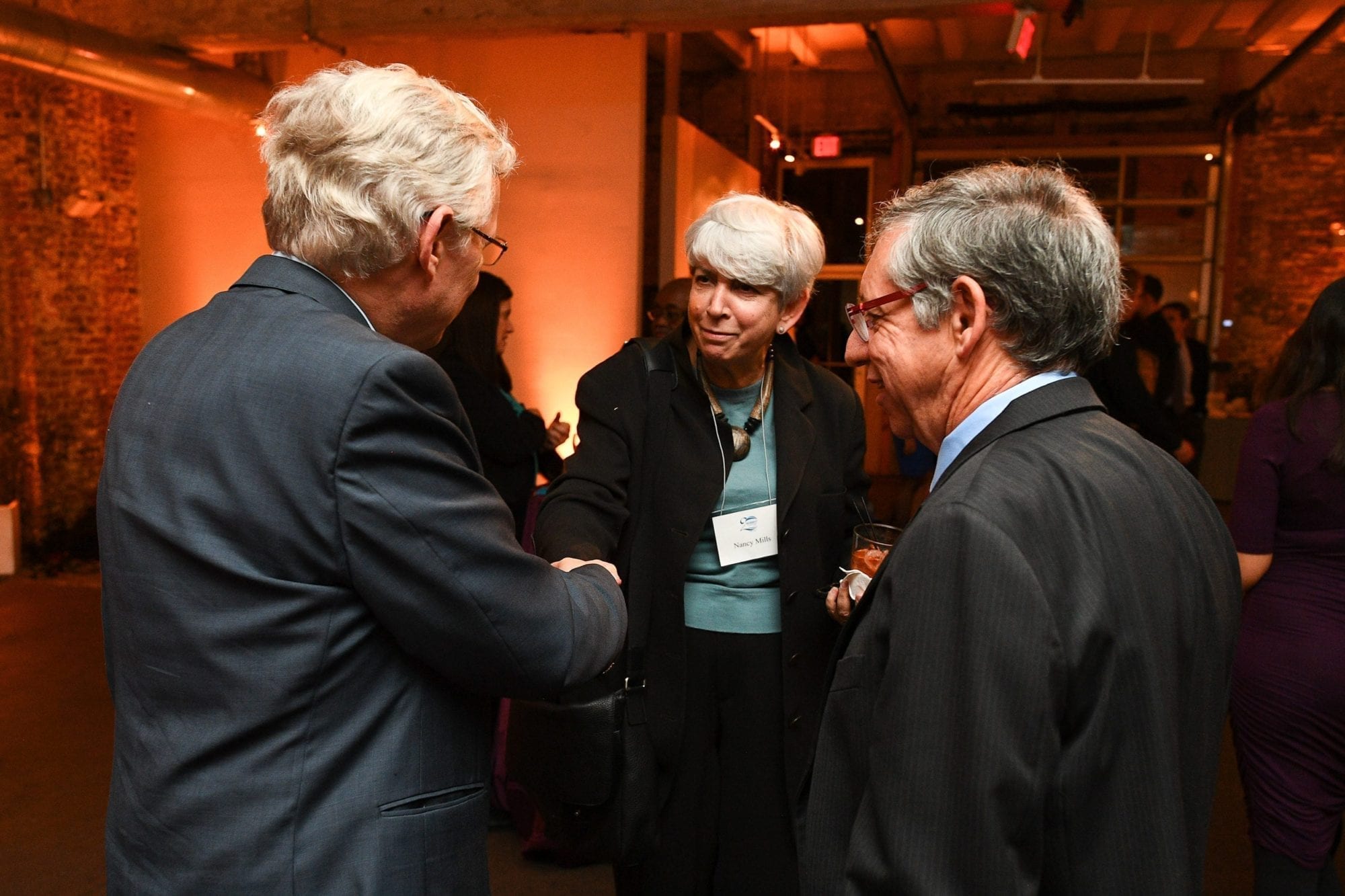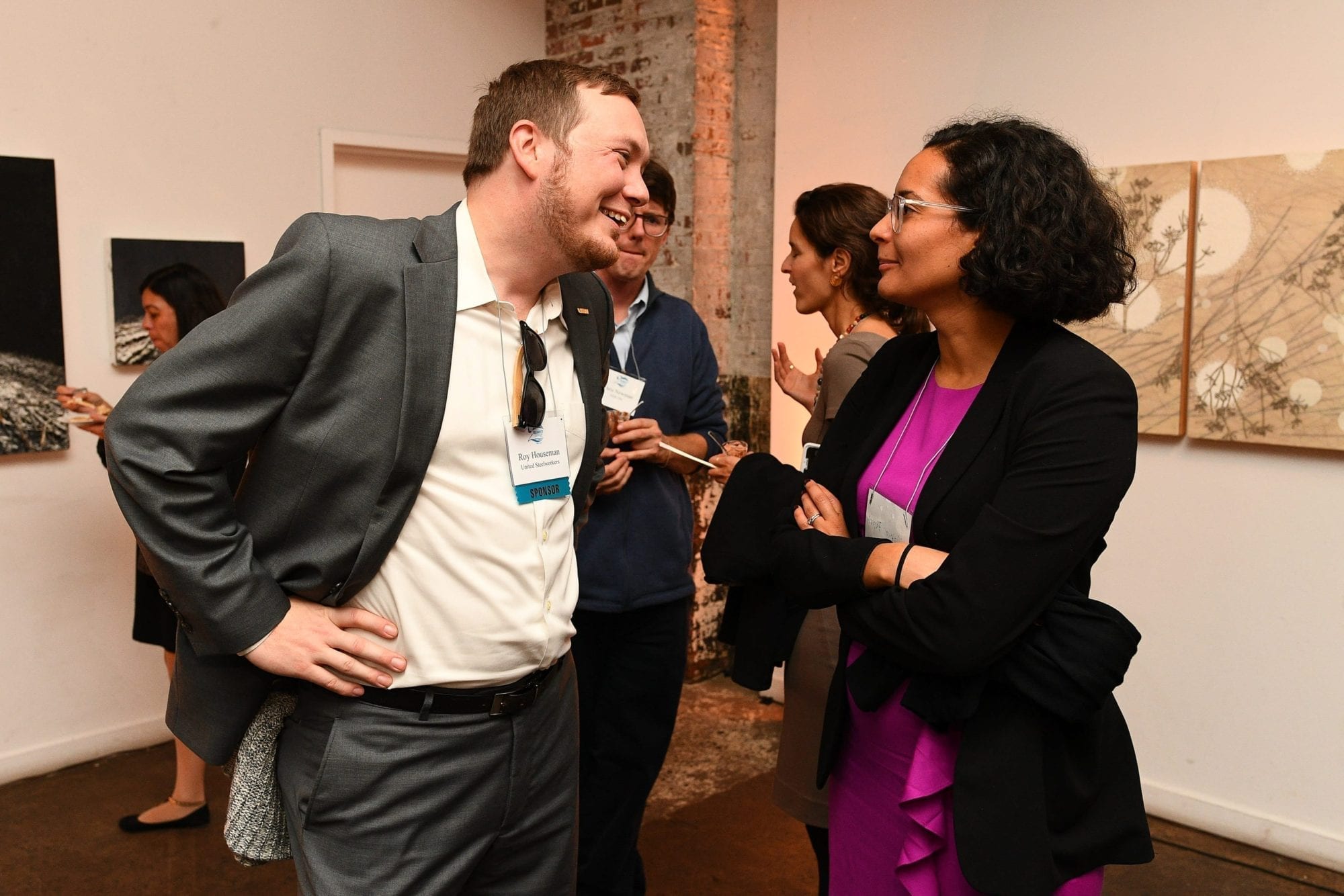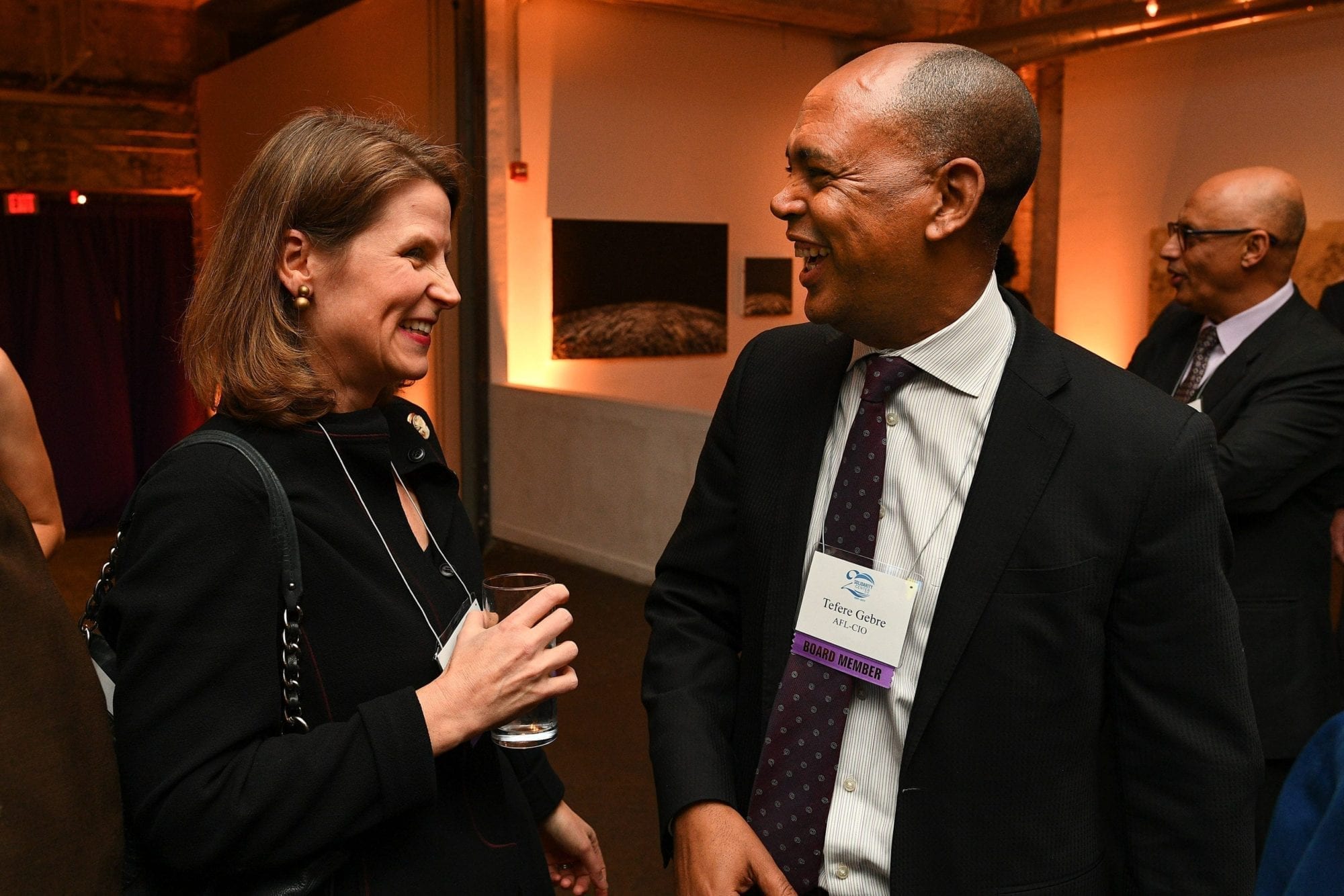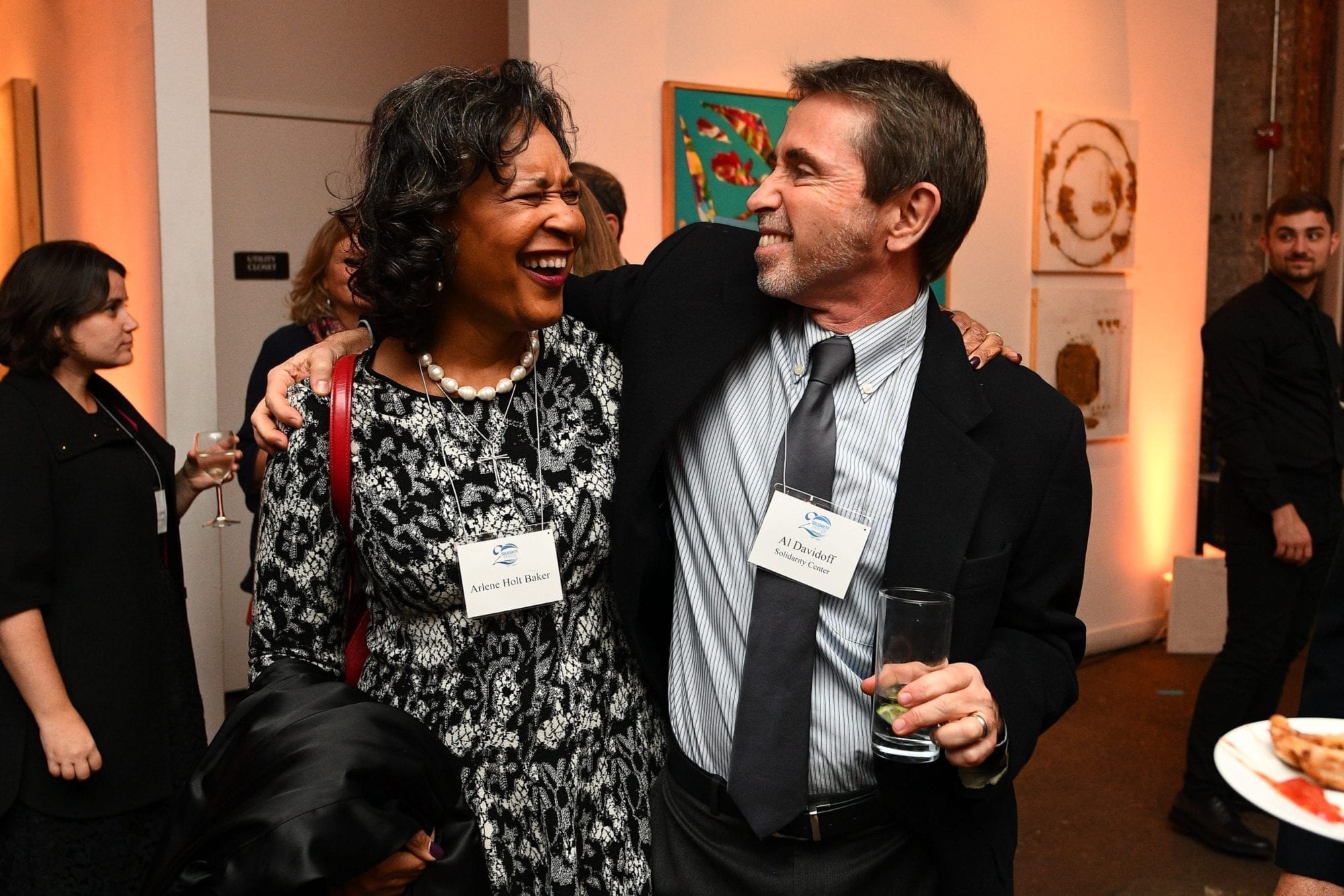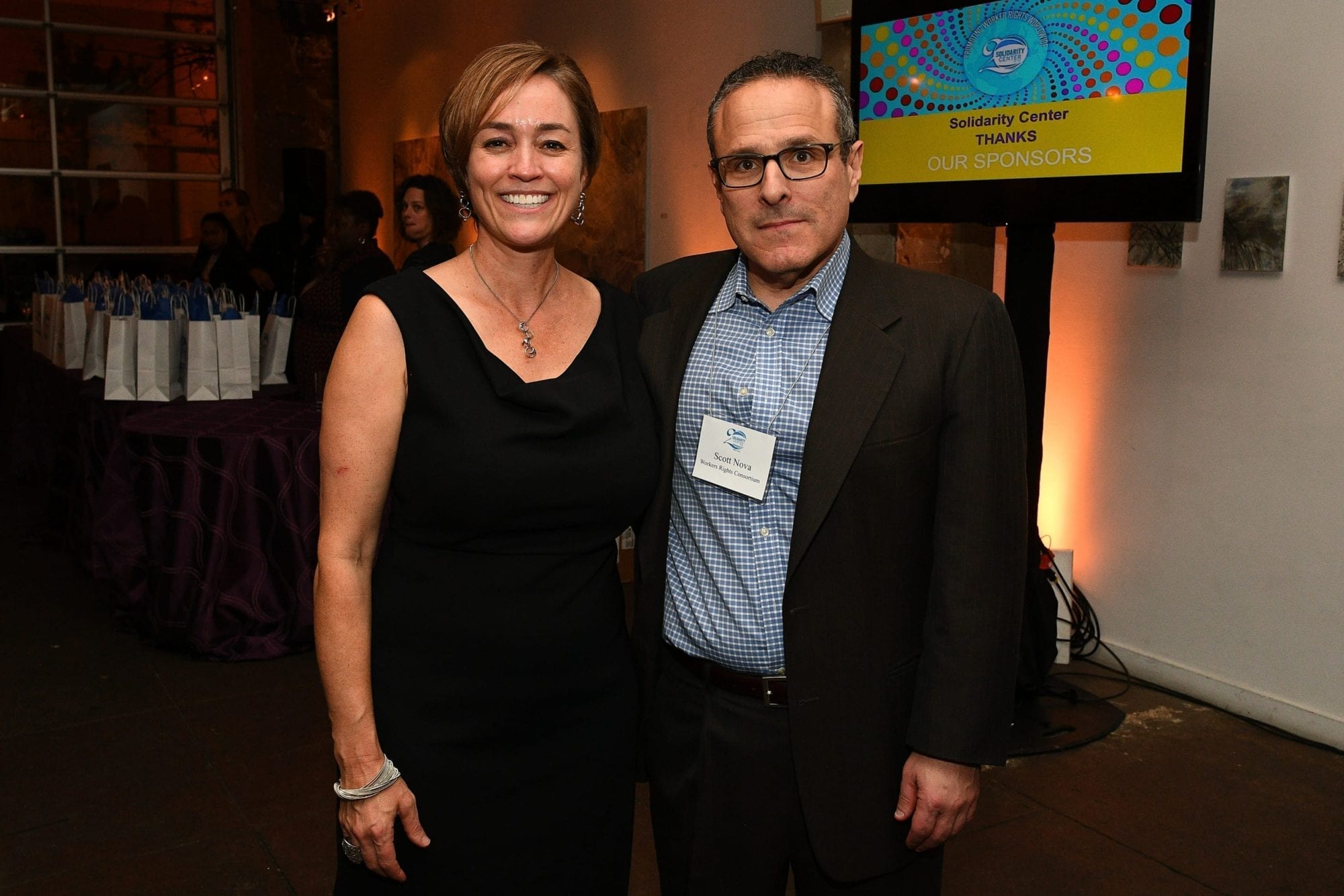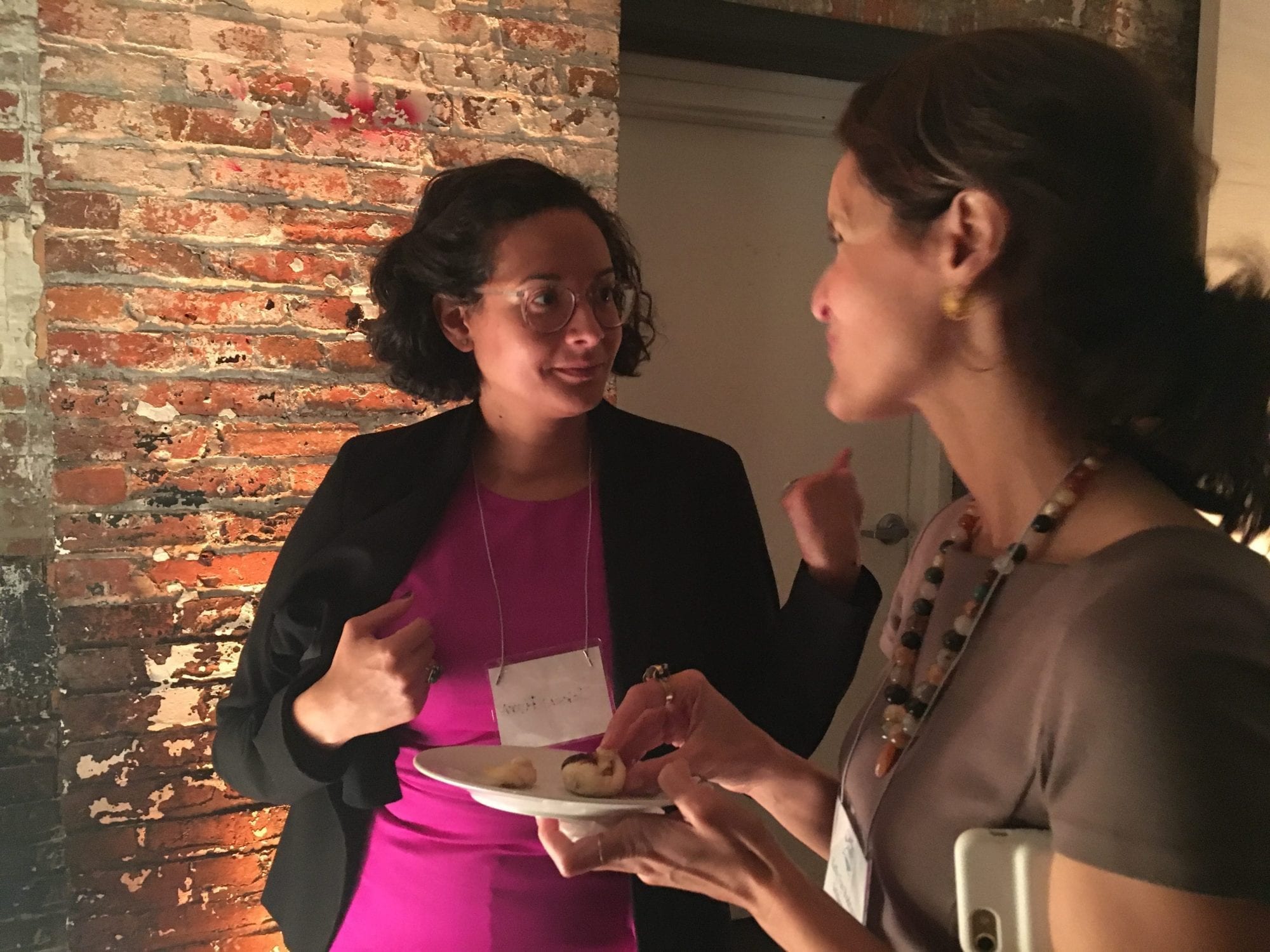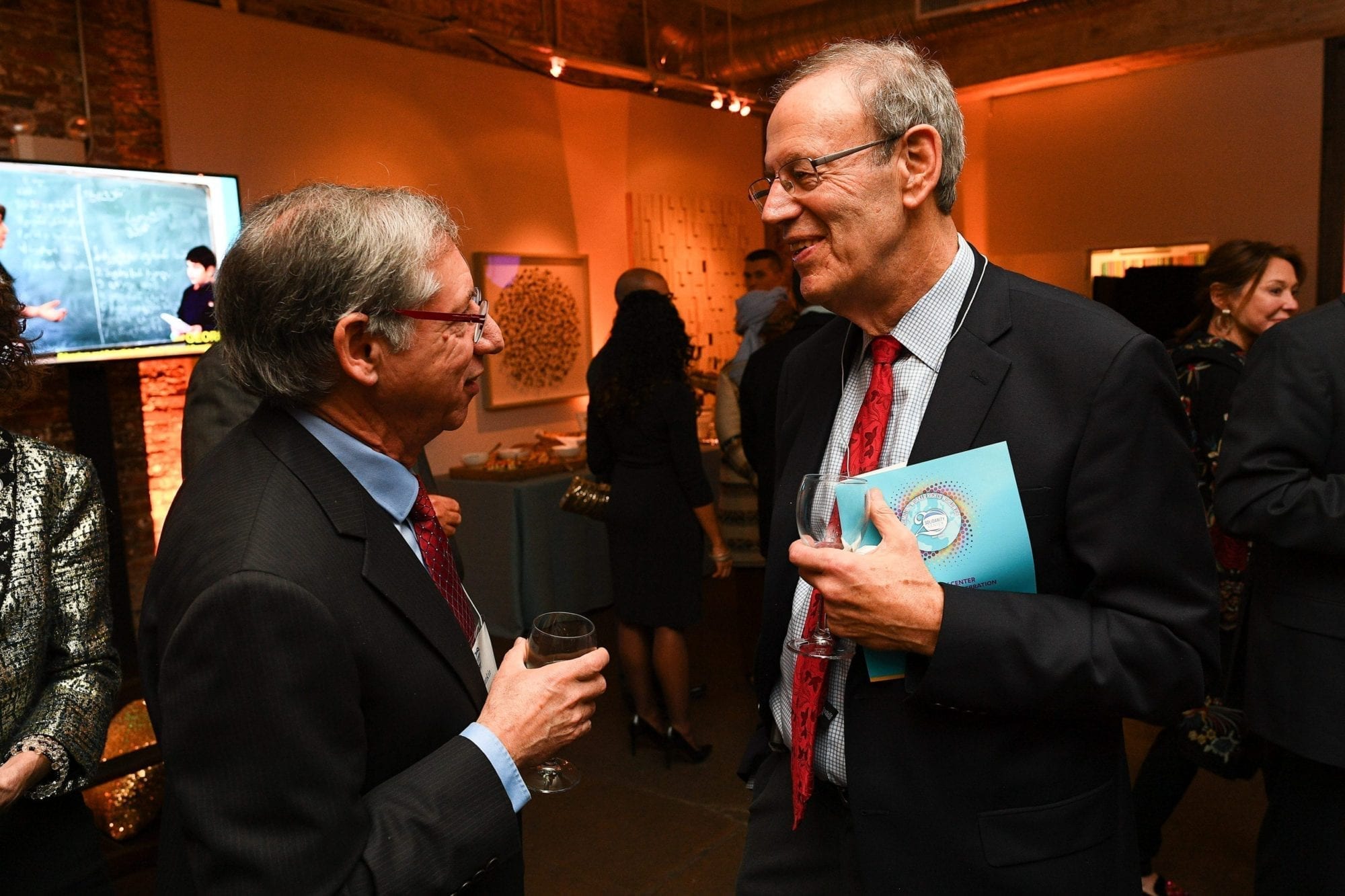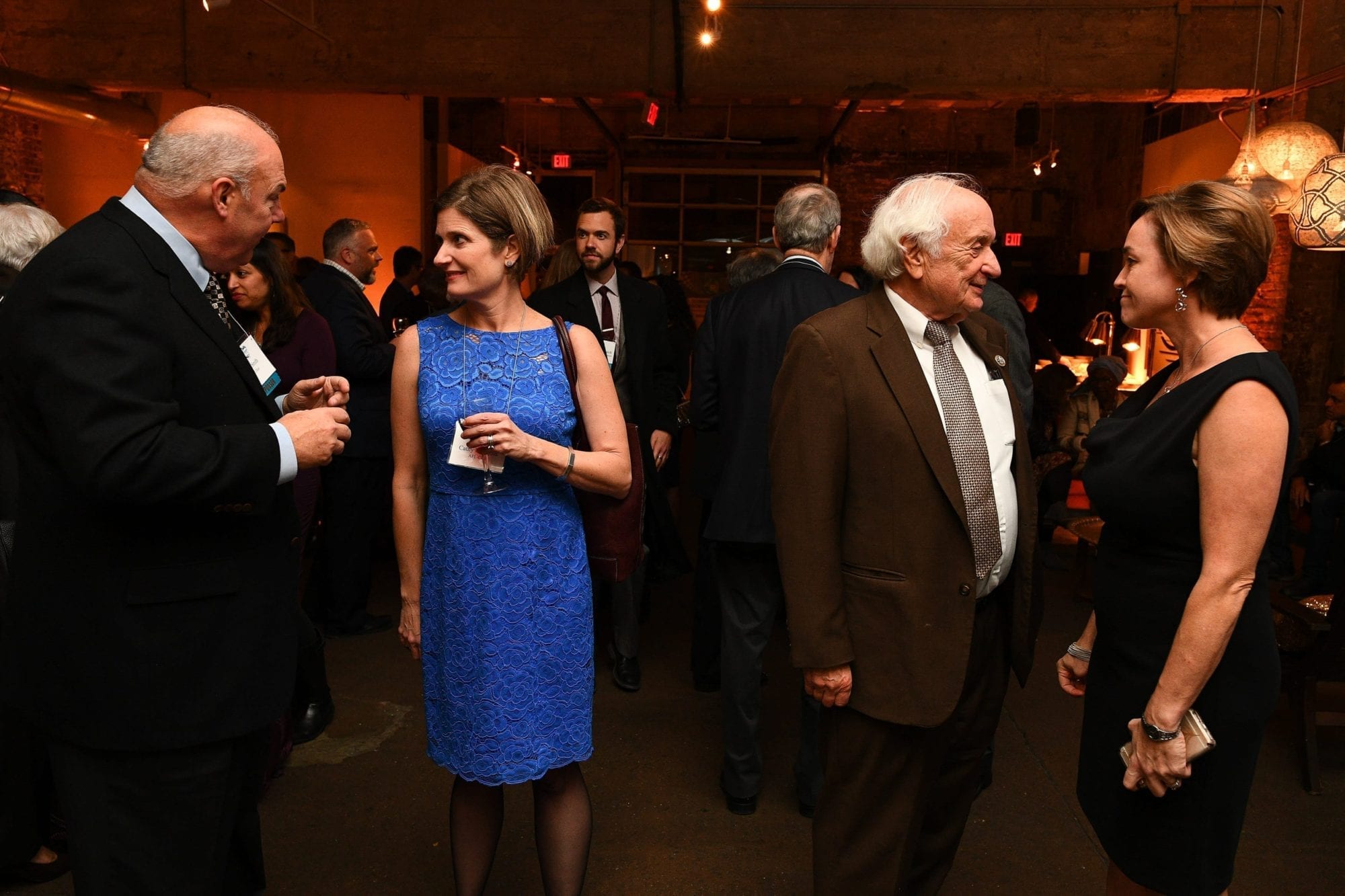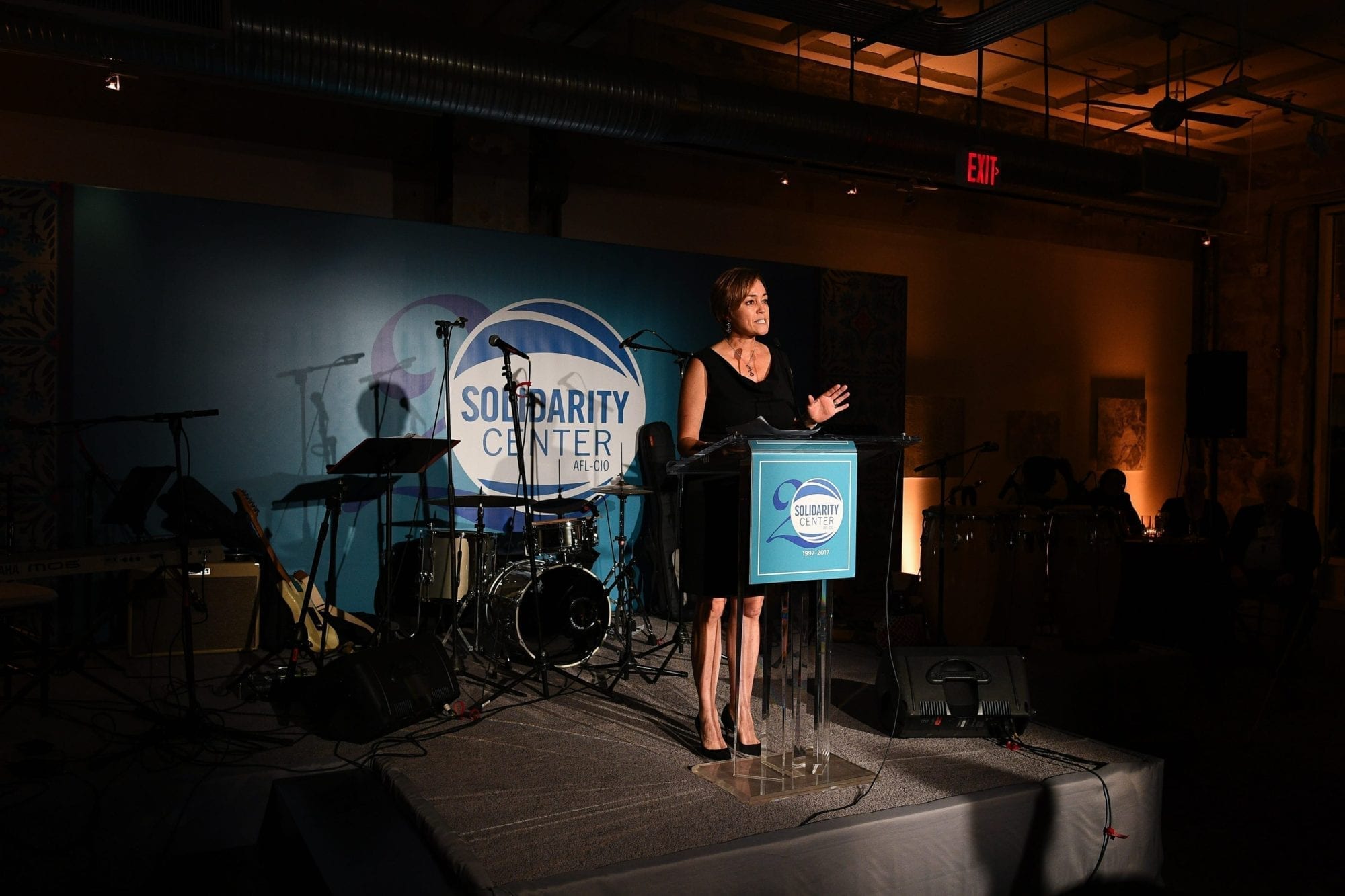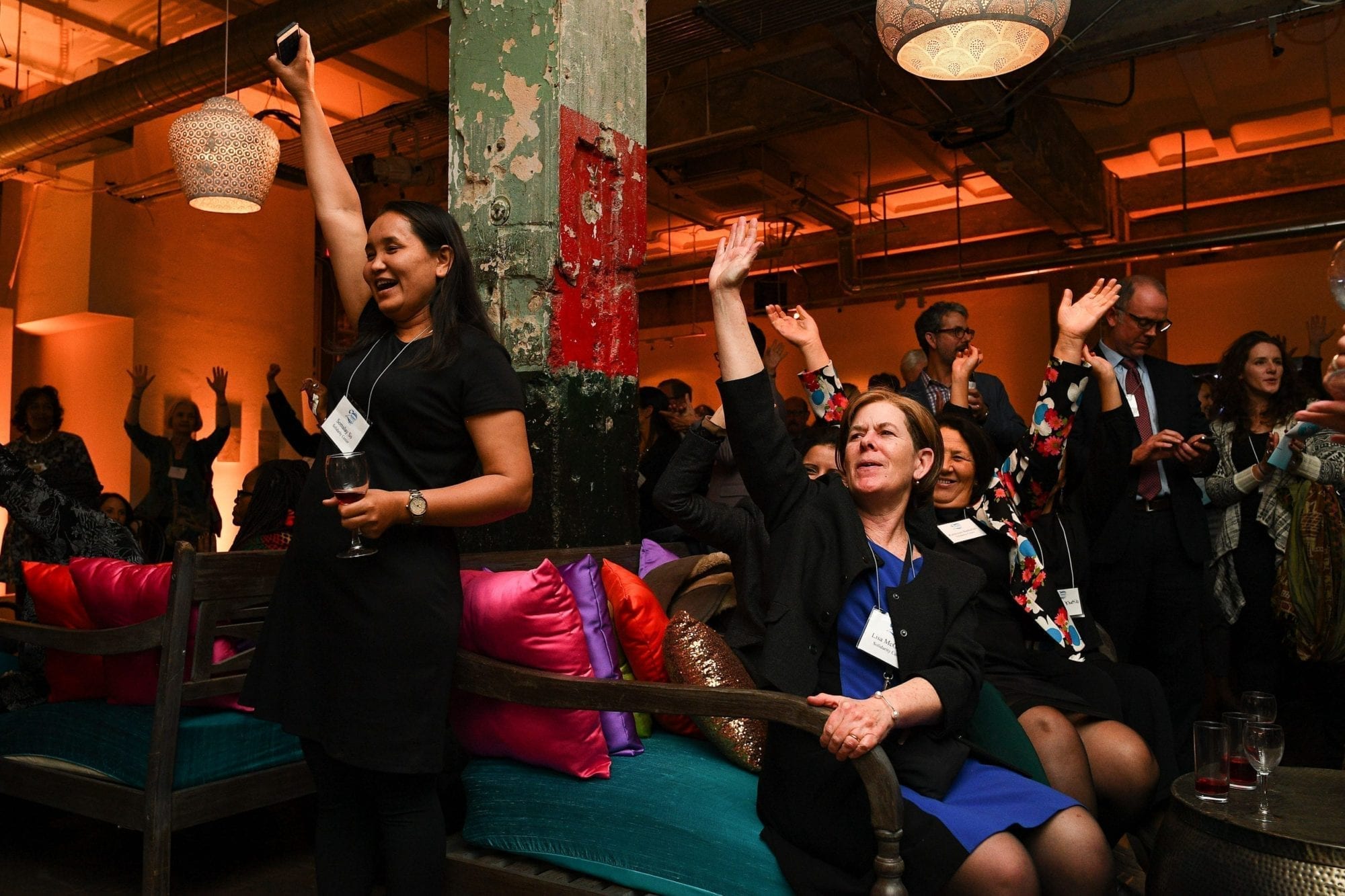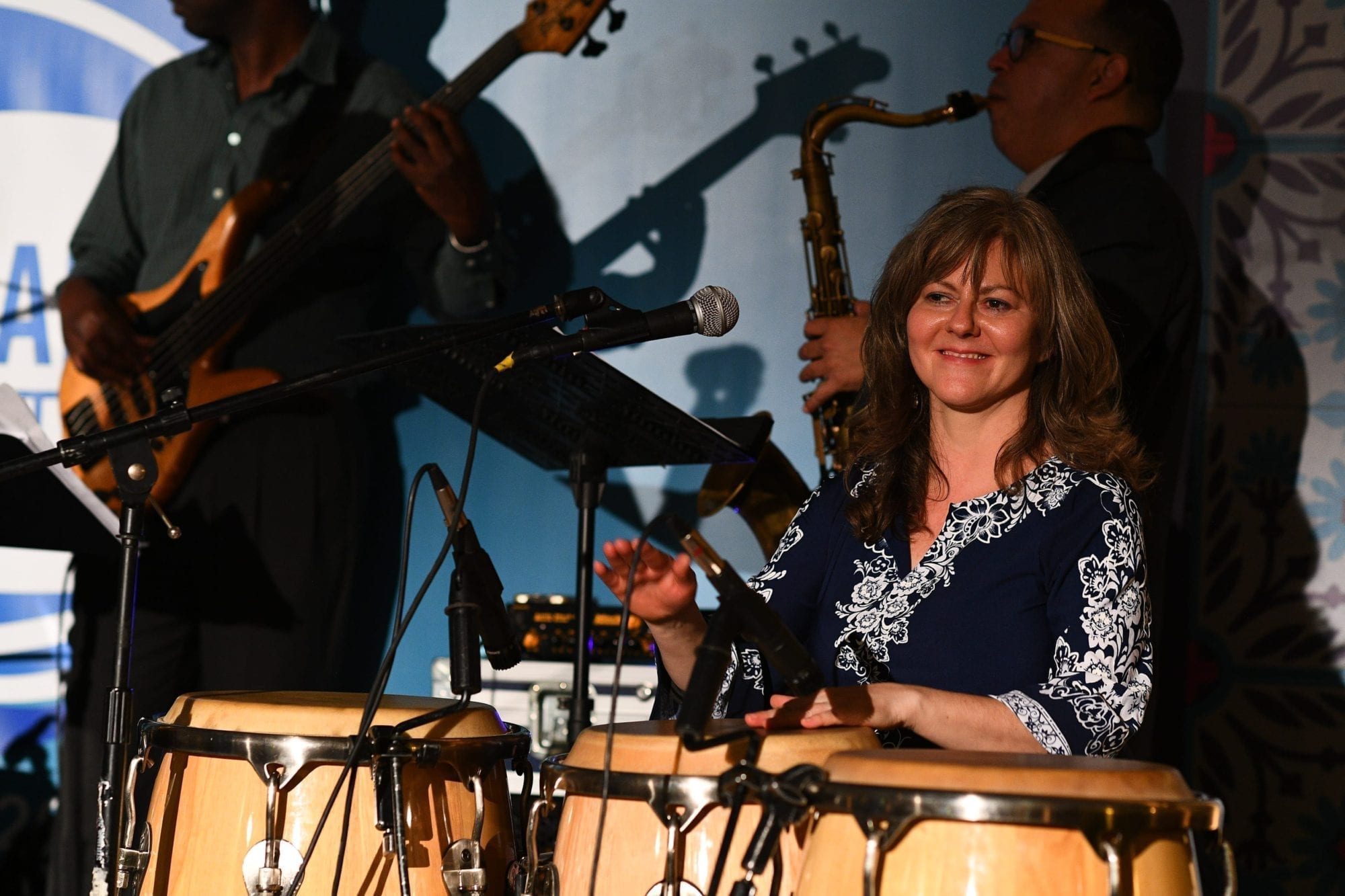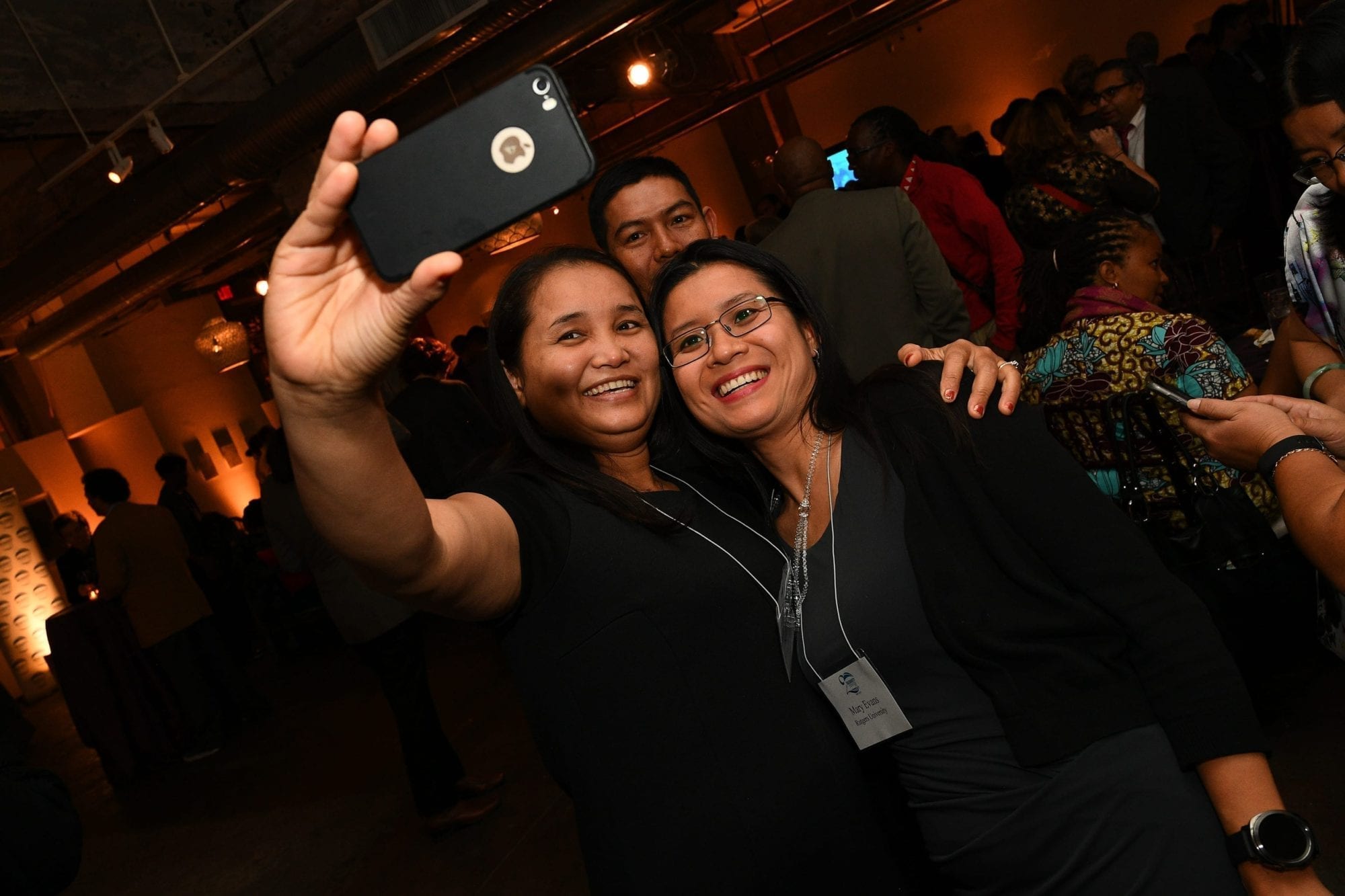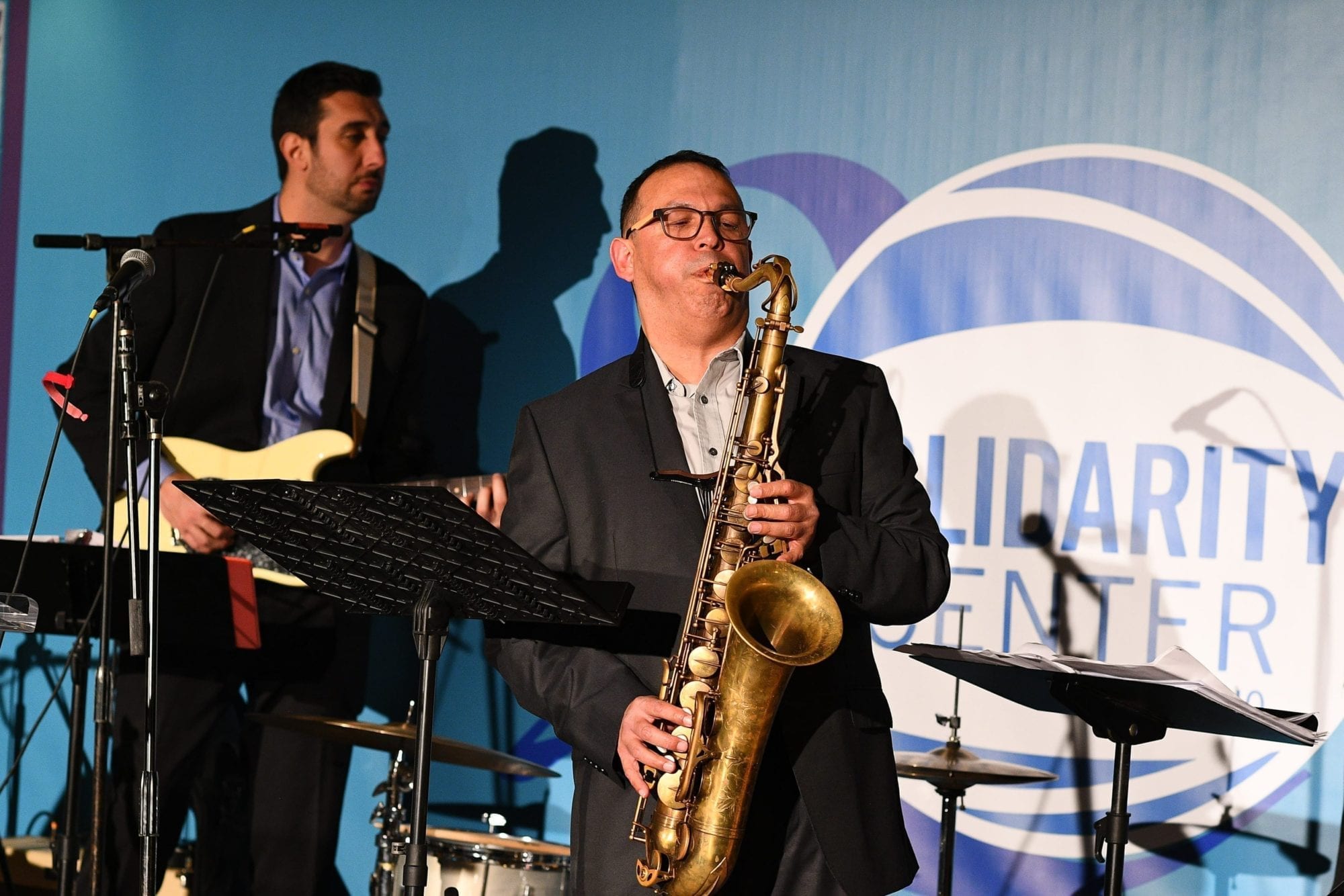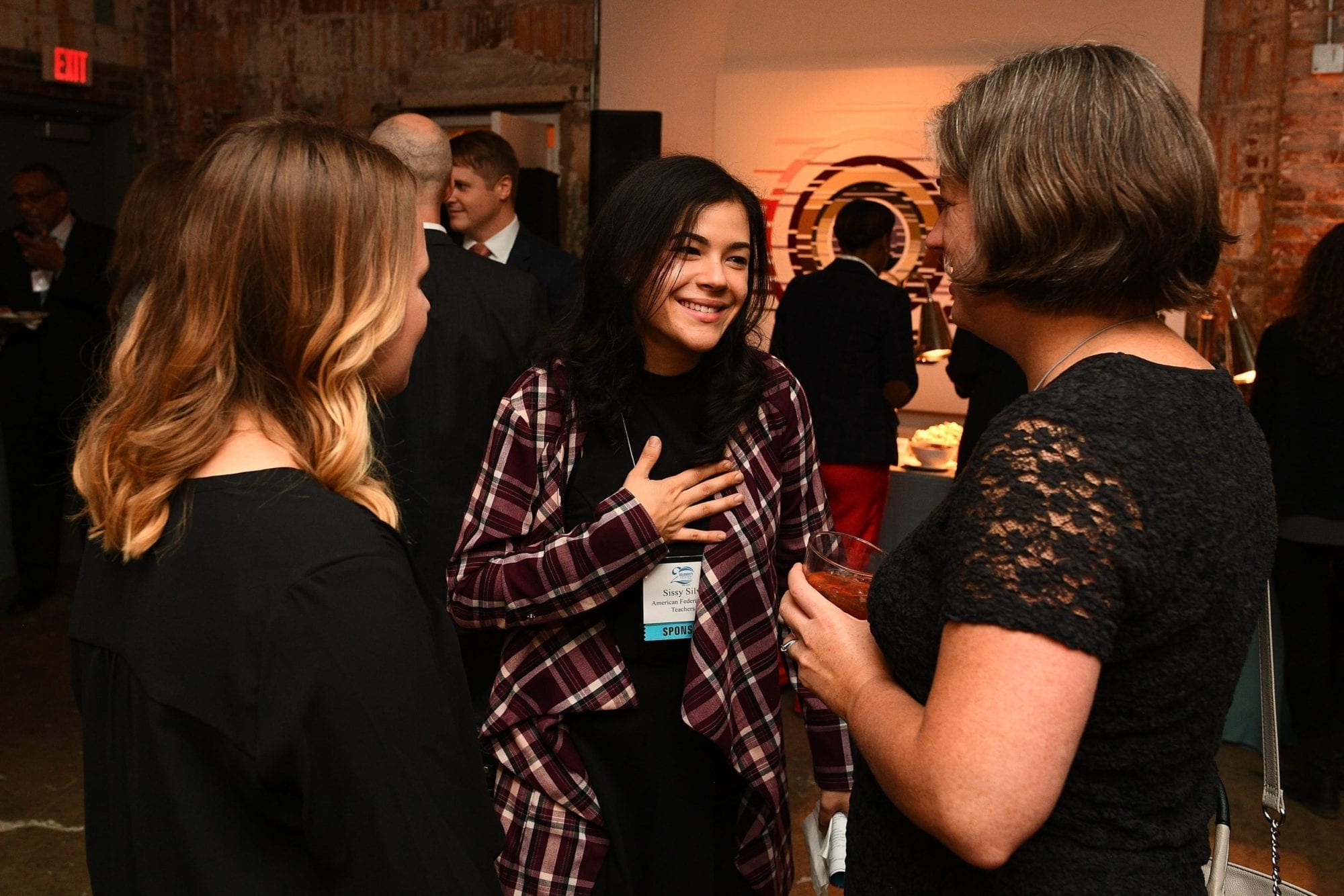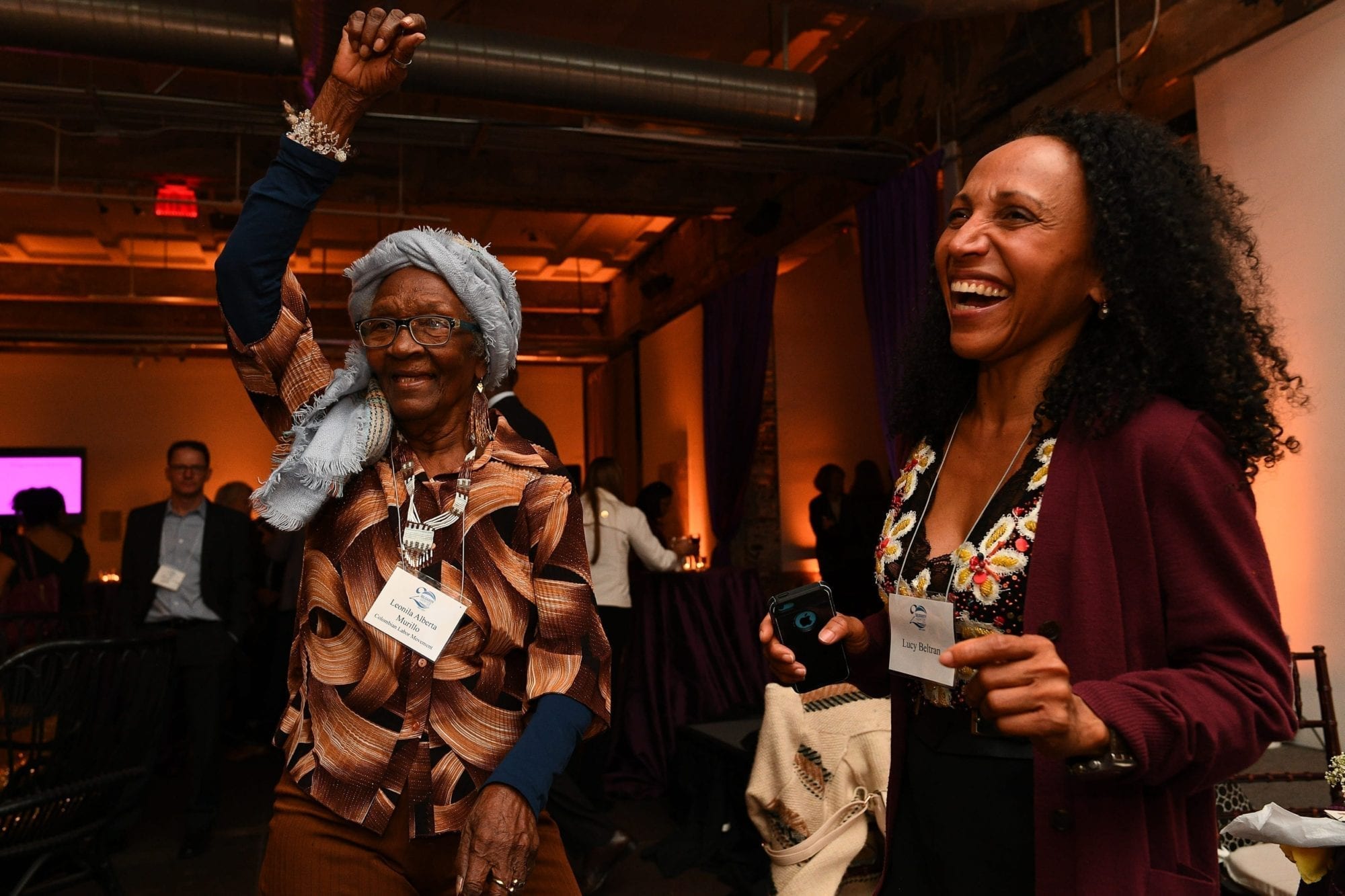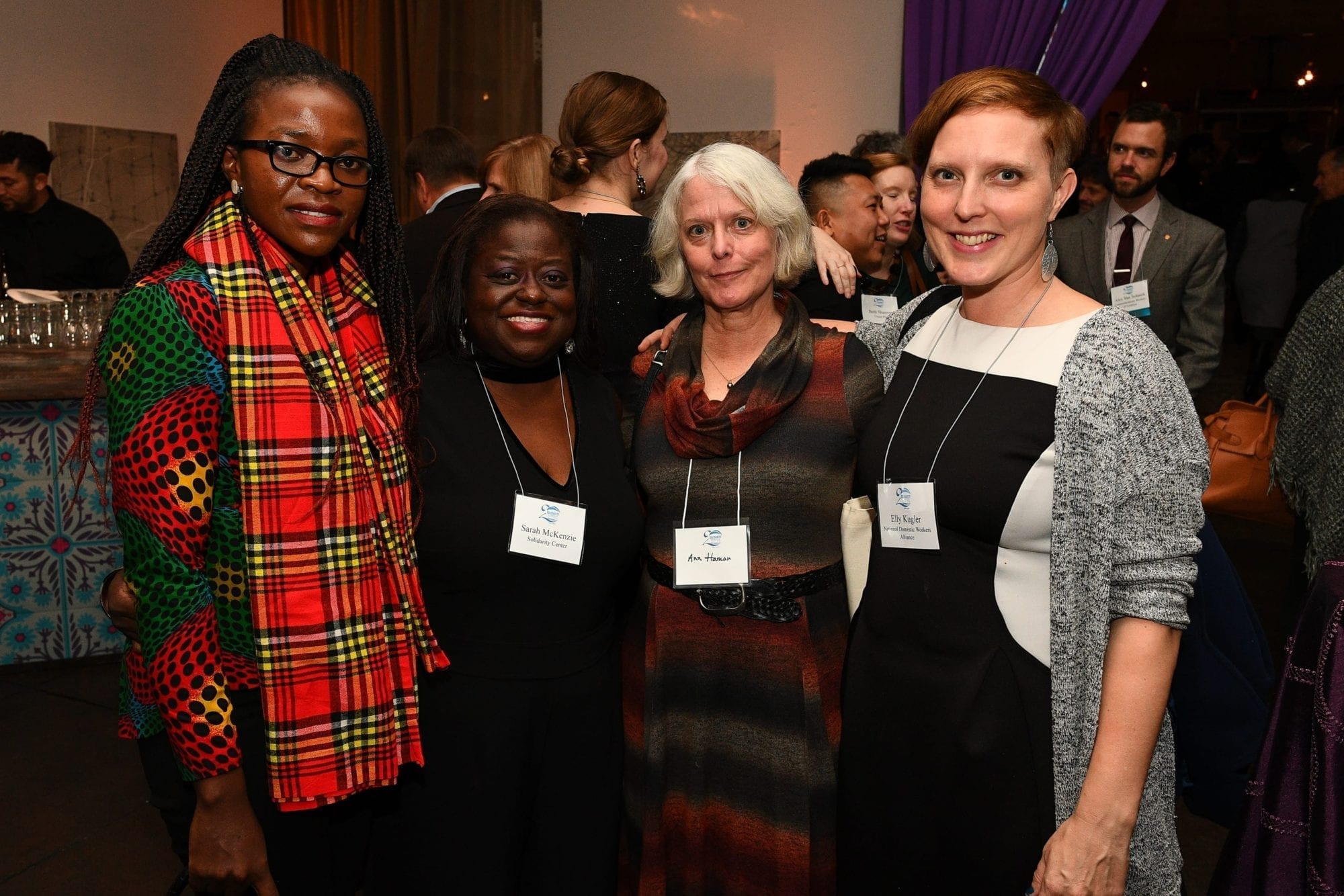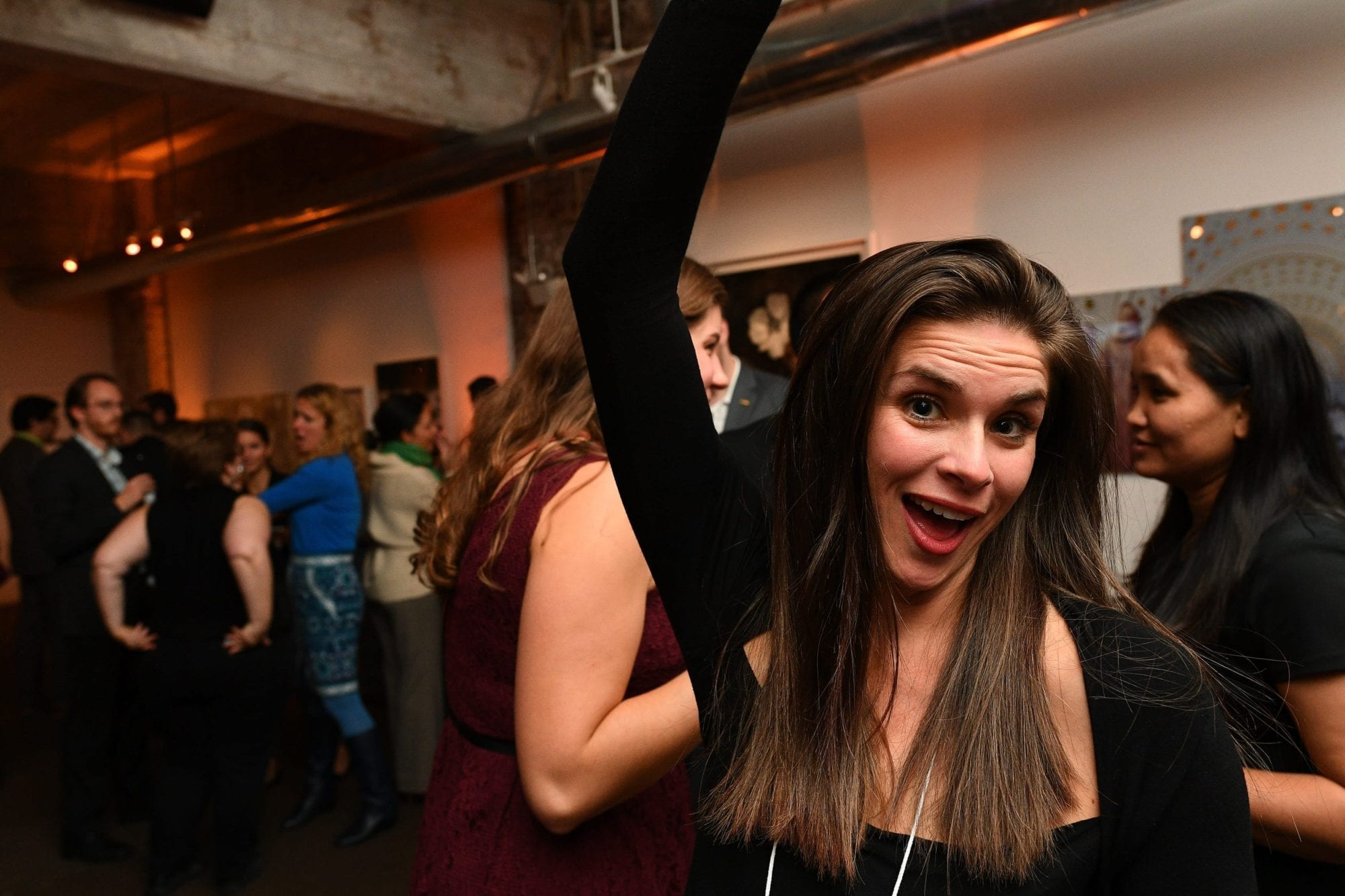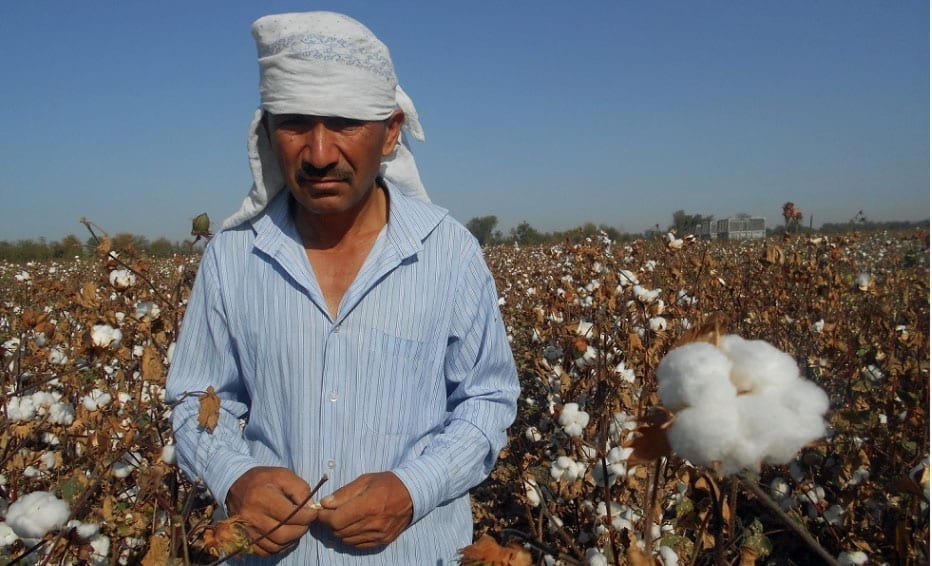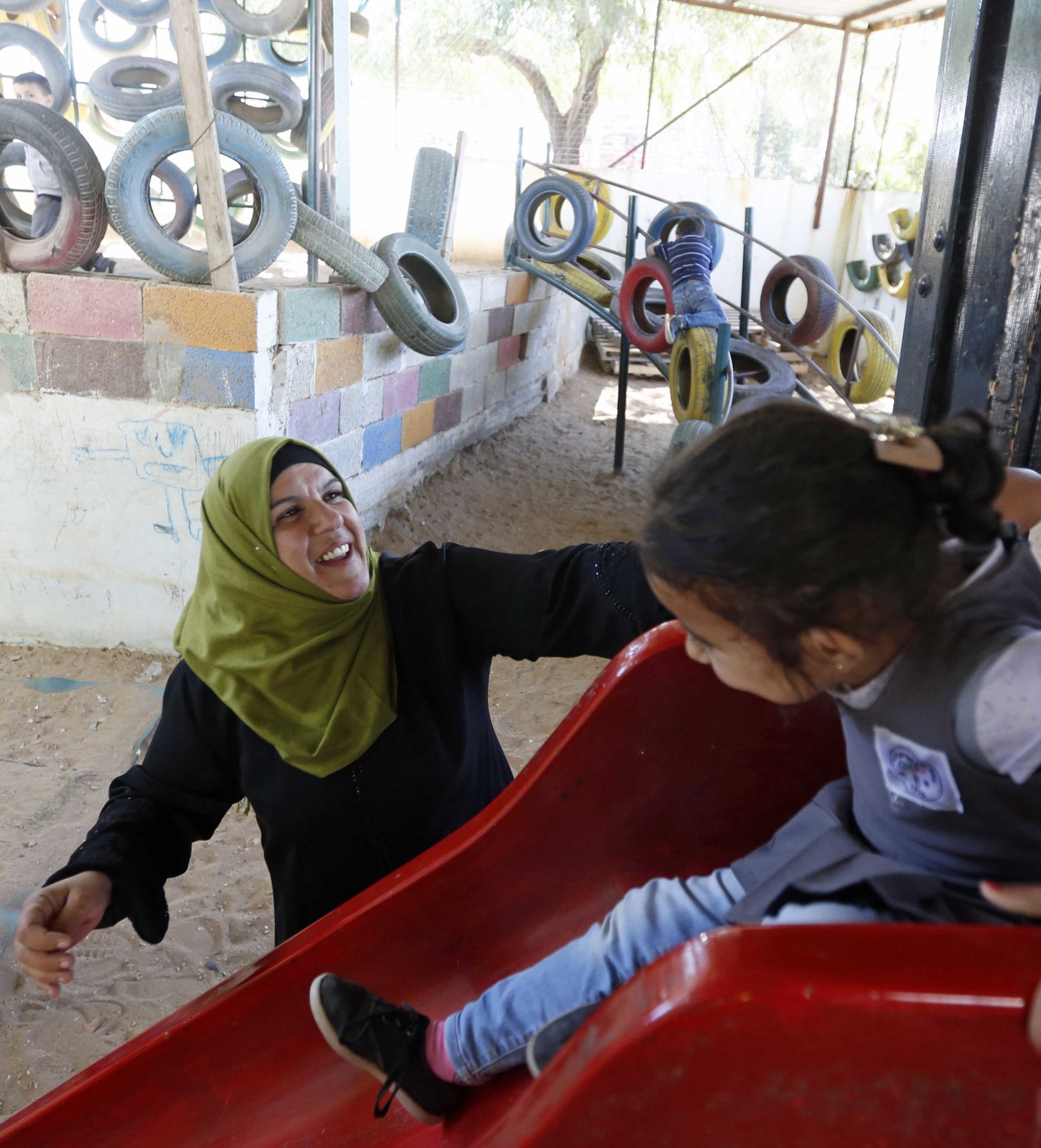
Palestine Workers Find Strength in their Union
Trade unions in Palestine are among the most significant institutions of civil society not directly tied to any political party. As the primary voice for working families and the unemployed in Palestine, the Palestinian General Federation of Trade Unions (PGFTU) plays a prominent role in backing the rule of law and developing coalitions among organizations seeking a more stable, just and prosperous Palestine.
The Solidarity Center works with PGFTU on its advocacy for sustainable job creation and labor law enforcement and its efforts to improve the lives of working people and create a more equitable society. The fight for introducing and enforcing a minimum wage in Palestine is an example of this struggle.
This Solidarity Center photo essay offers a look into the work lives of two PGFTU members, Khadeja Othman, a kindergarten teacher in Ramallah’s Bet Our Al Tahta village, and Abed Al Salam Qadah, a plumber who, like many Palestinians with jobs in Israel, must endure hours each day in dehumanizing lines to pass through the Qalqilya gate, one of hundreds of checkpoints in the West Bank. For further information on Palestinian workers and working conditions, click here.
(All photos by Alaa Salih for the Solidarity Center.)
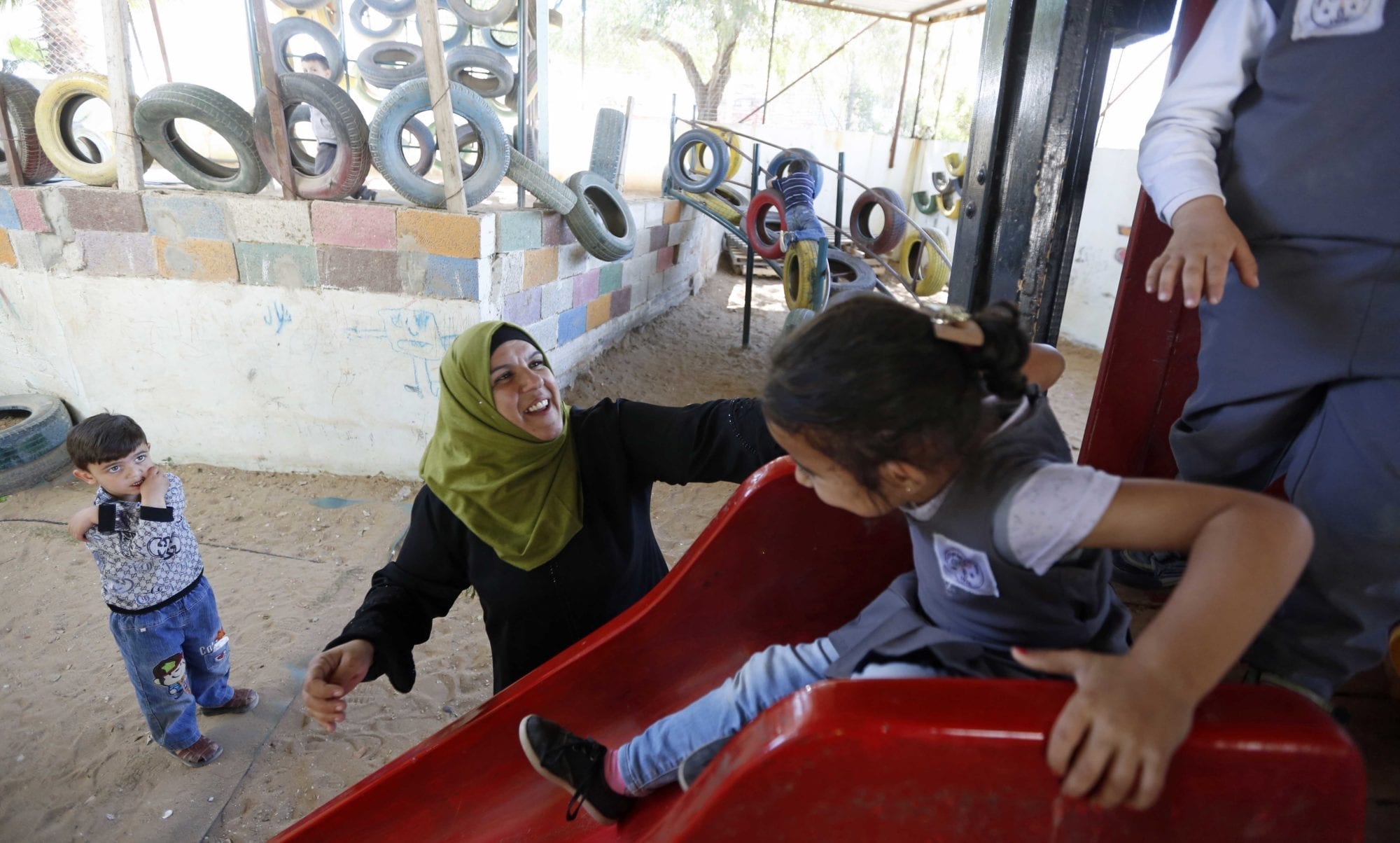
Khadeja Othman , 43, holds a bachelor’s degree from Al Yarmouk University in Jordan and teaches kindergarten in Ramallah’s Bet Our Al Tahta village.
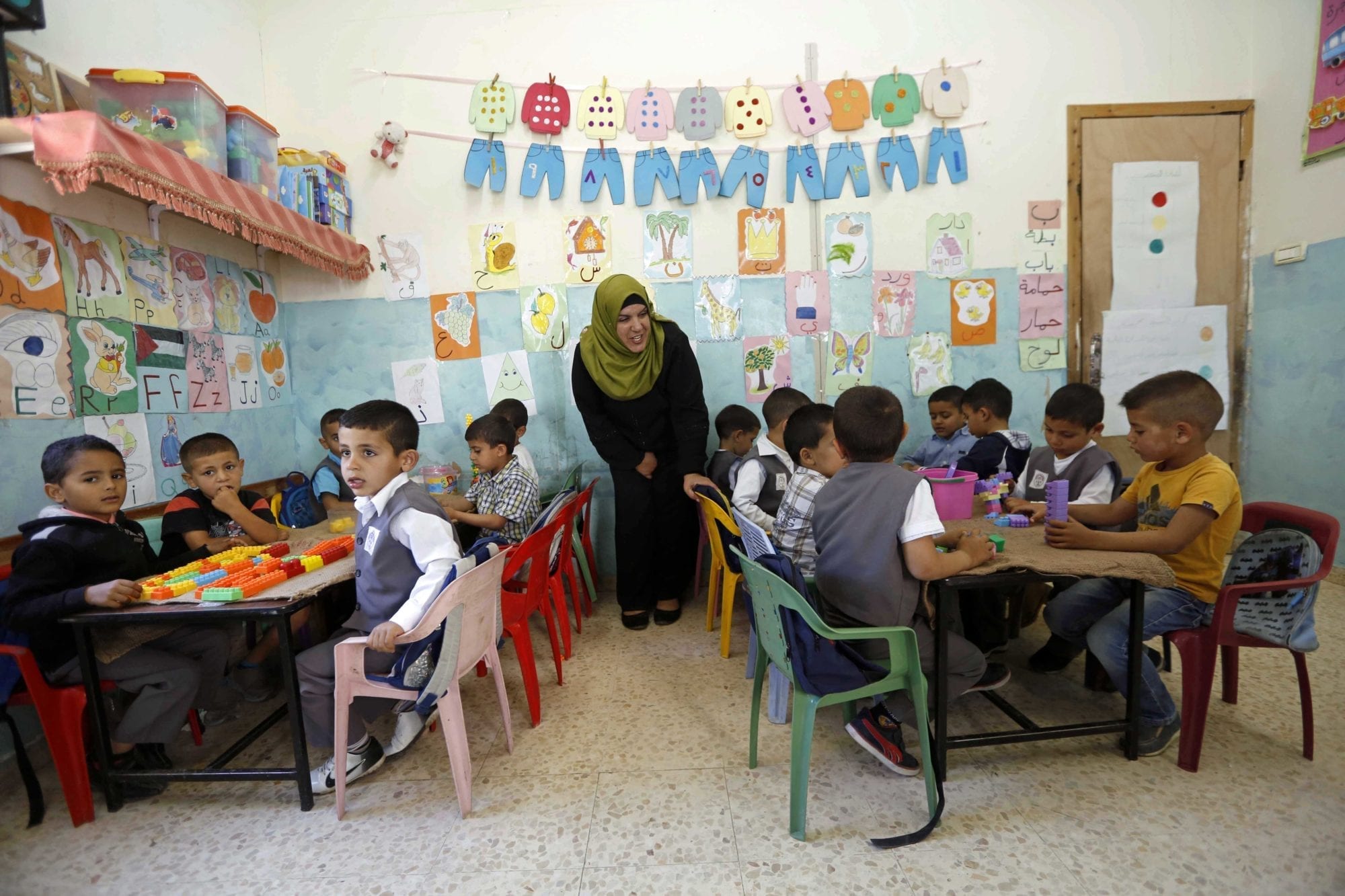
As a PGFTU member, Khadeja Othman has participated in many training workshops and co-taught two educational sessions in her village.
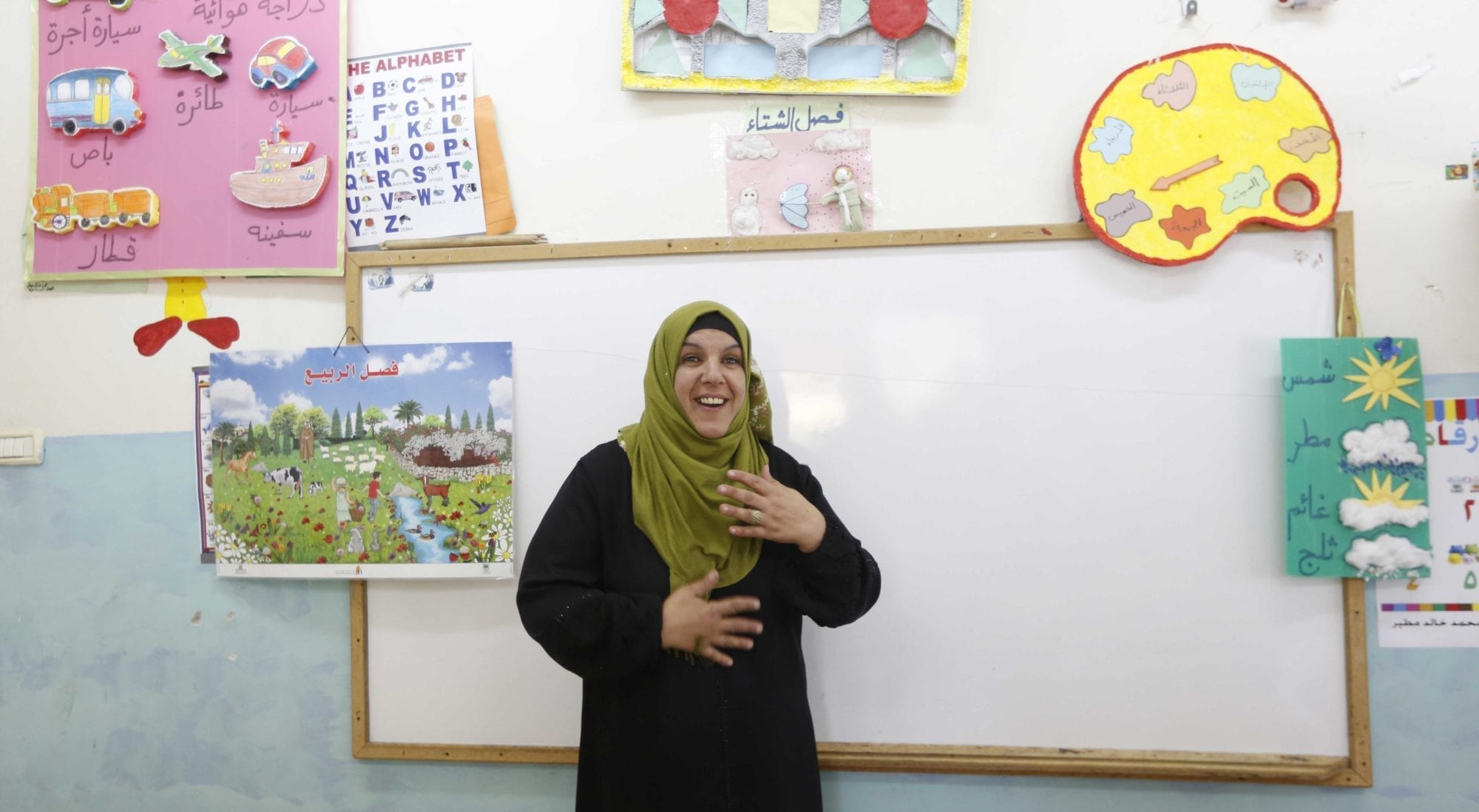
Khadeja Othman loves her job but says the salary is $315 a month, less than the $381 per month Palestinian minimum wage. She says she understands the financial situation of the kindergarten sector and in particular the kindergarten where she works, which is managed by a charitable organization.
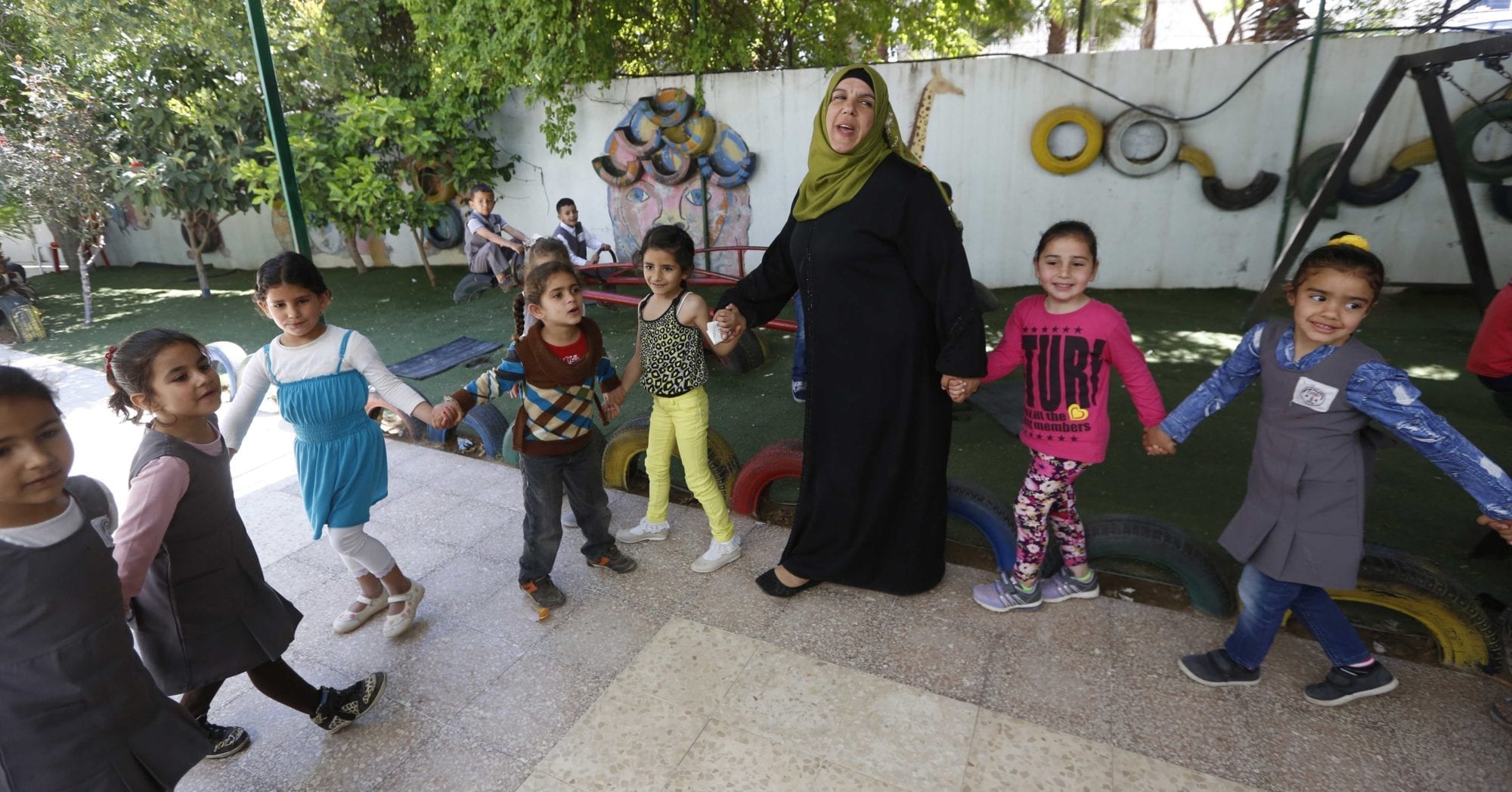
The mother of two sons, Khadeja Othman has taught kindergarten since 1998. “I feel happy to work with kids. They are like my children.”
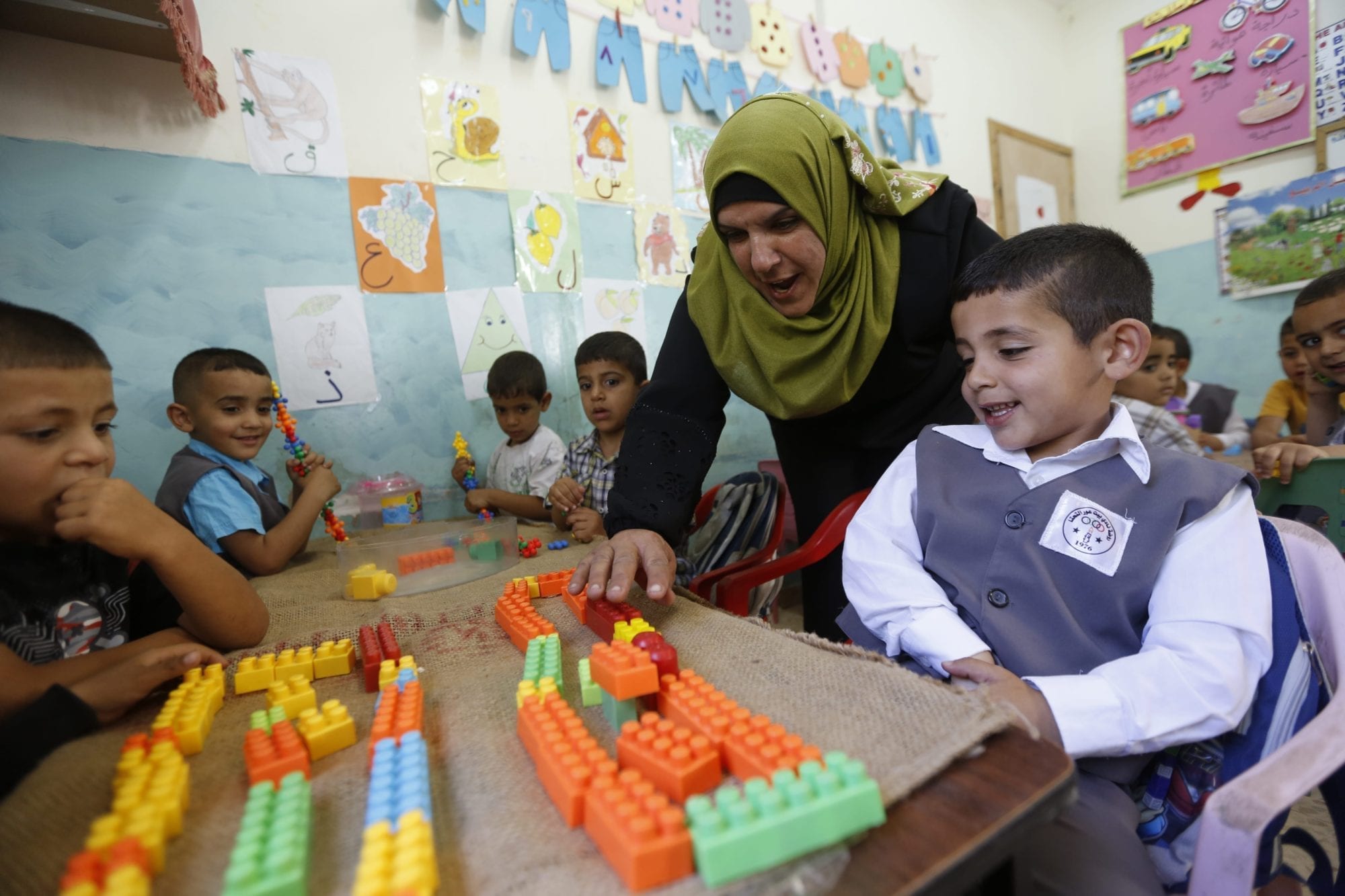
Khadeja Othman met AFT and Education International representatives through her involvement in the PGFTU, which receives Solidarity Center support. “This gave me the opportunity to gain many new skills and new relationships.”
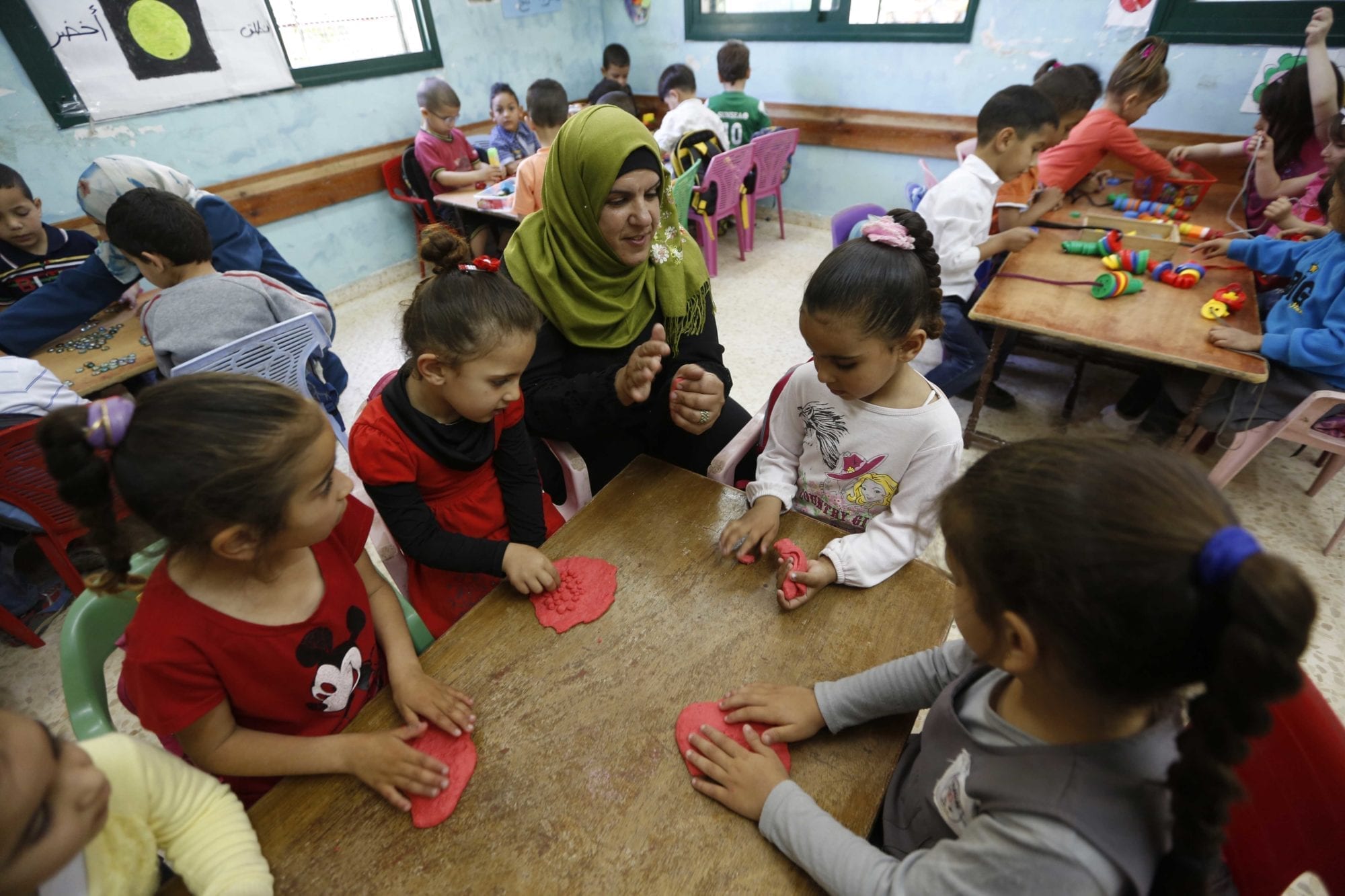
Through her union, the Palestinian General Federation of Trade Unions Workers Union and the Solidarity Center, kindergarten teacher Khadeja Othman says she has gained new skills in workshops, training courses and hands-on experience. Credit: Solidarity Center/Alaa T. Badarneh
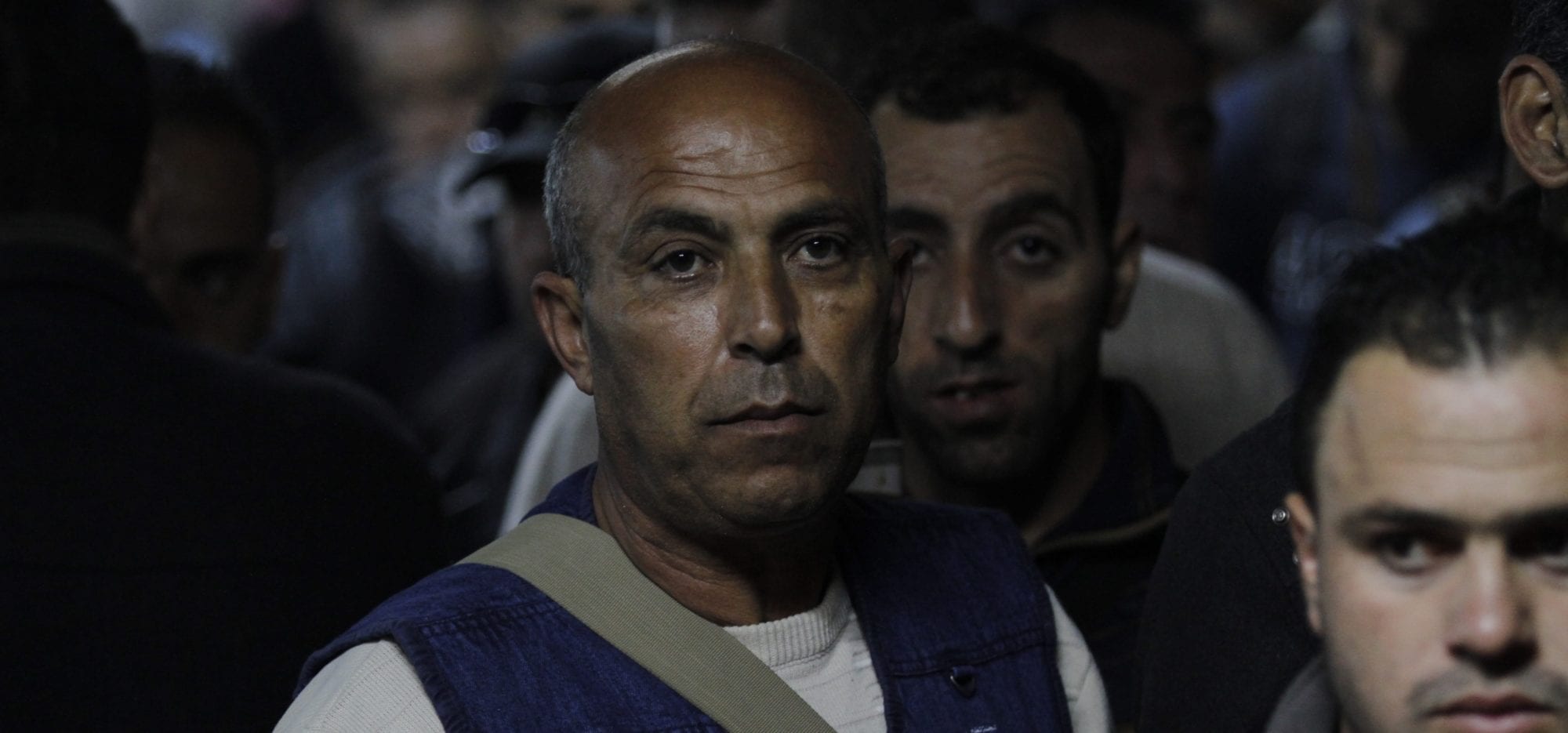
Abed Al Salam Qadah, 49, Qahah is from Marda village near Qalqilya city in the northern West Bank and works as a plumber in Israel.
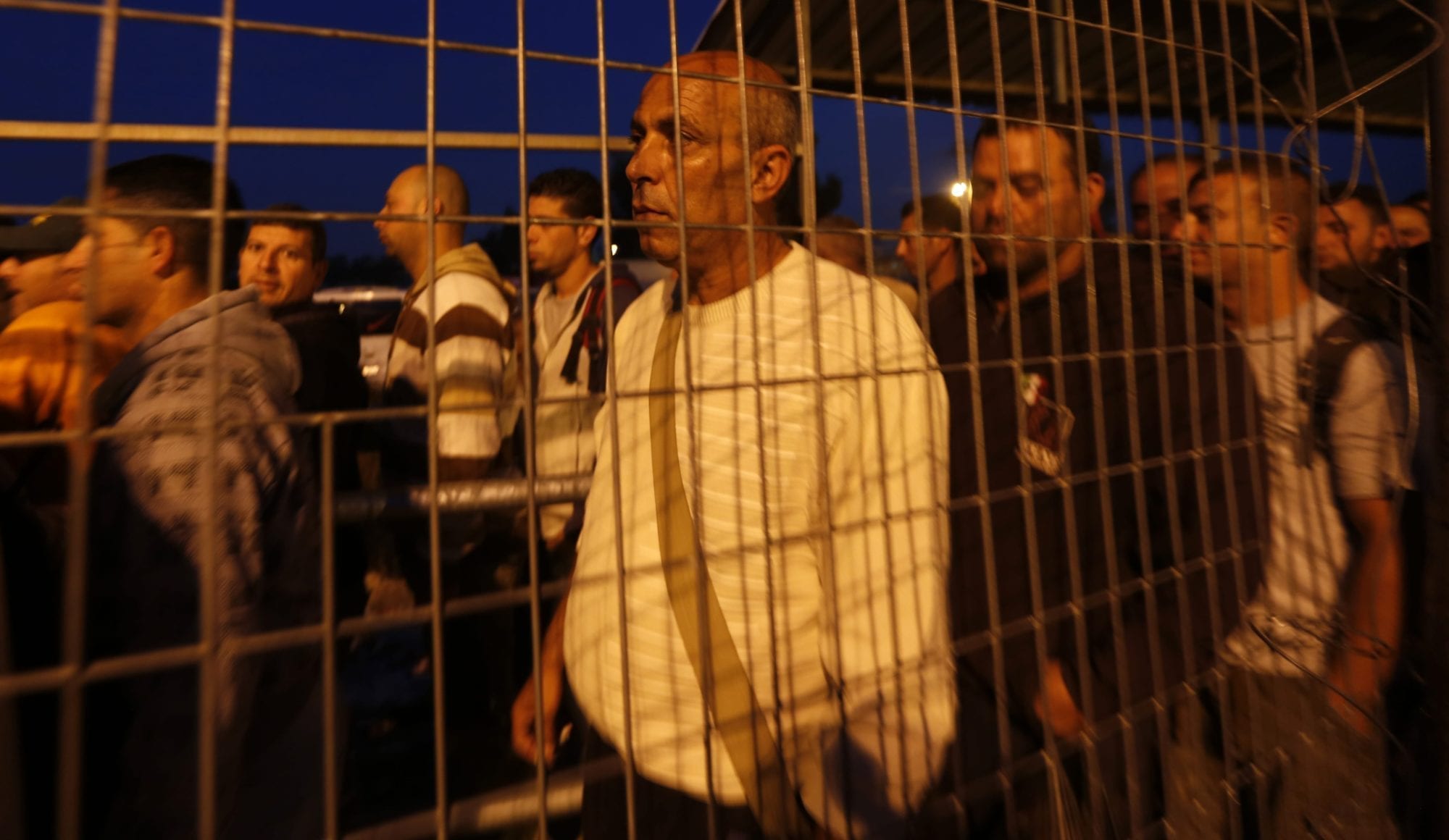
Each day, Abed Al salam Qahah, the father of eight children, must line up for hours at a checkpoint to cross back and forth into Israel.
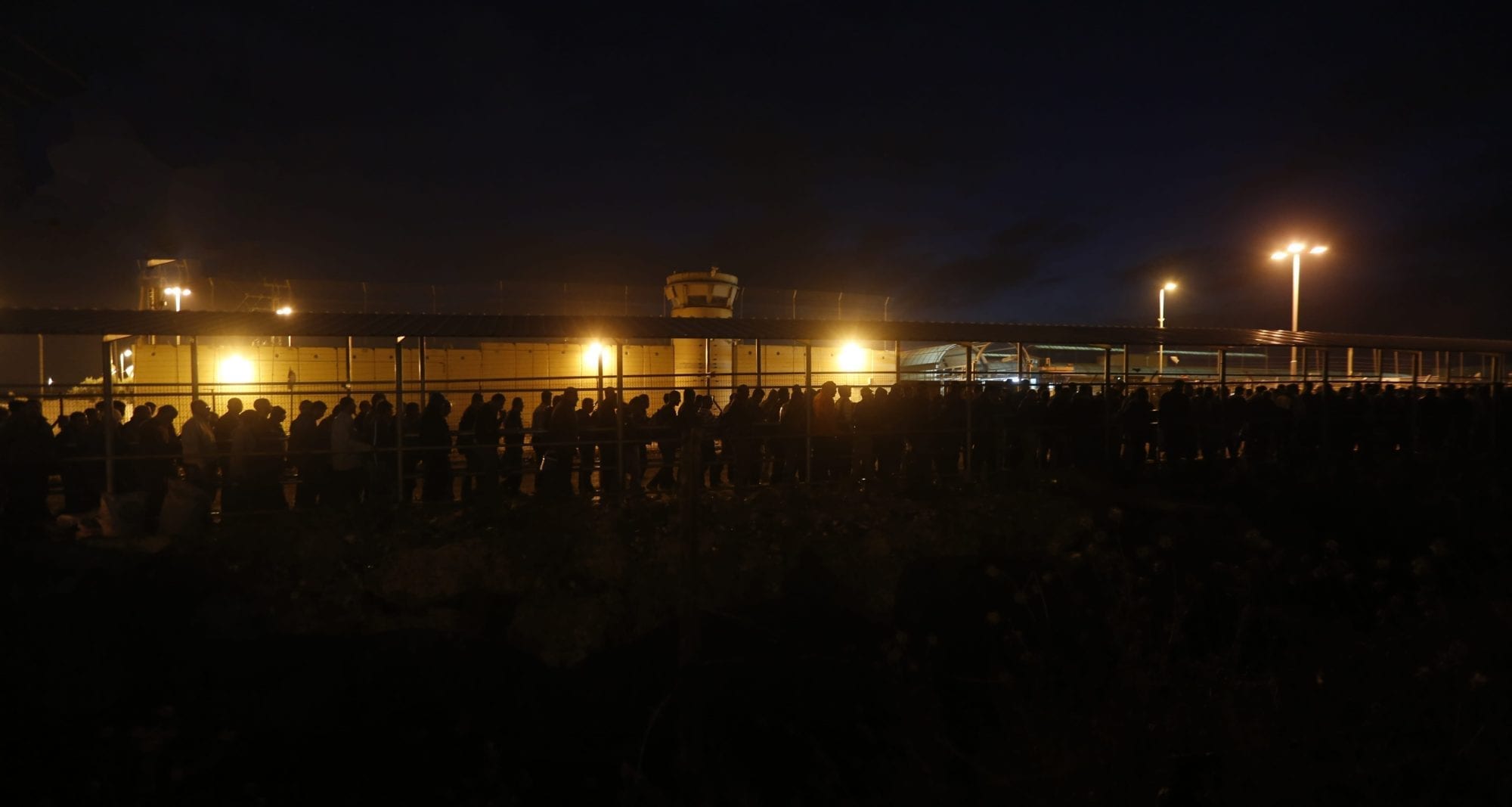
Abed Al Salam Qadah is among thousands of Palestinians who wait in line for hours to cross the Israeli border for their jobs.
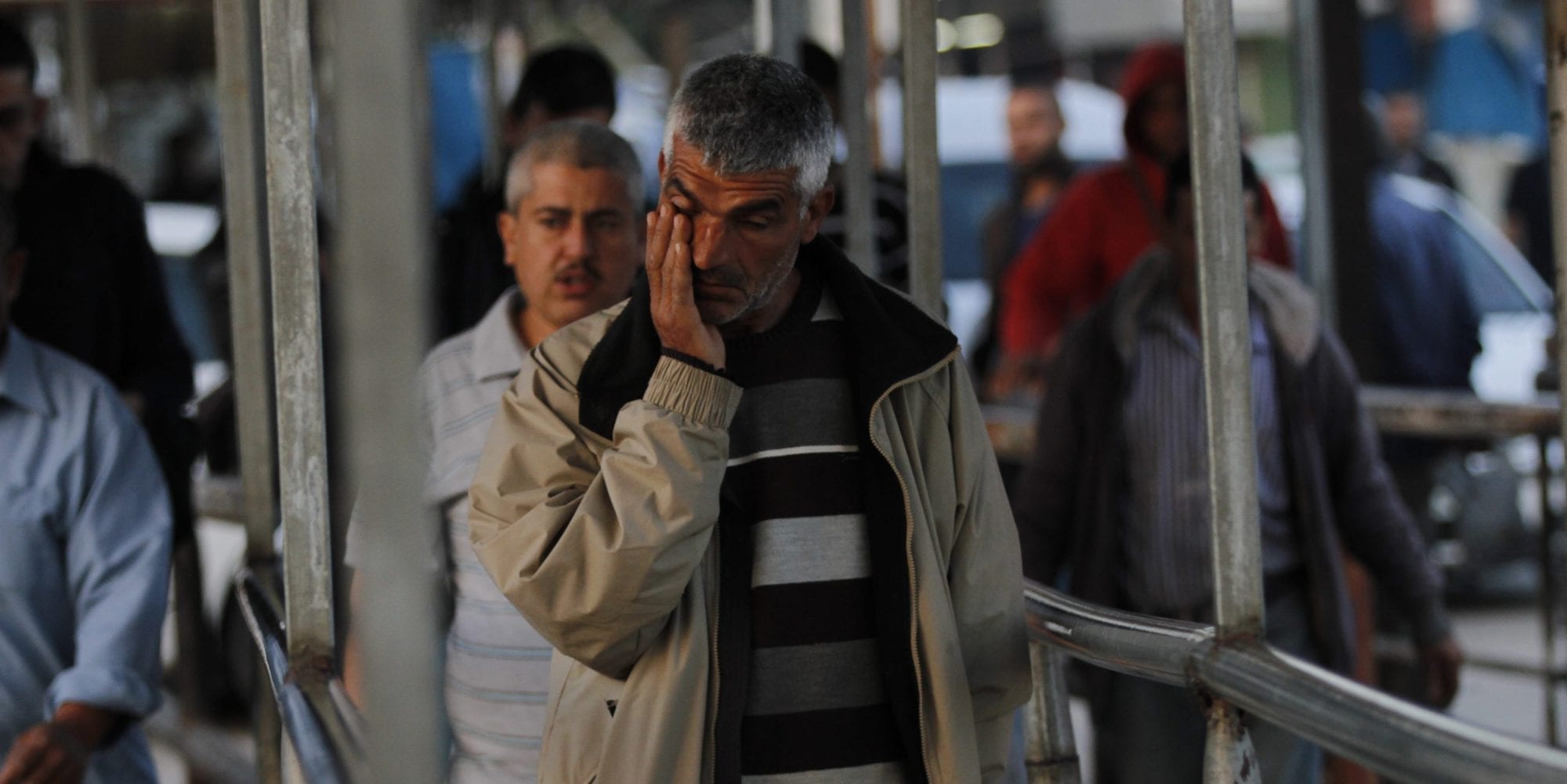
Workers try to be at the checkpoint at 1:30 a.m. and line up in rows until 4 a.m.
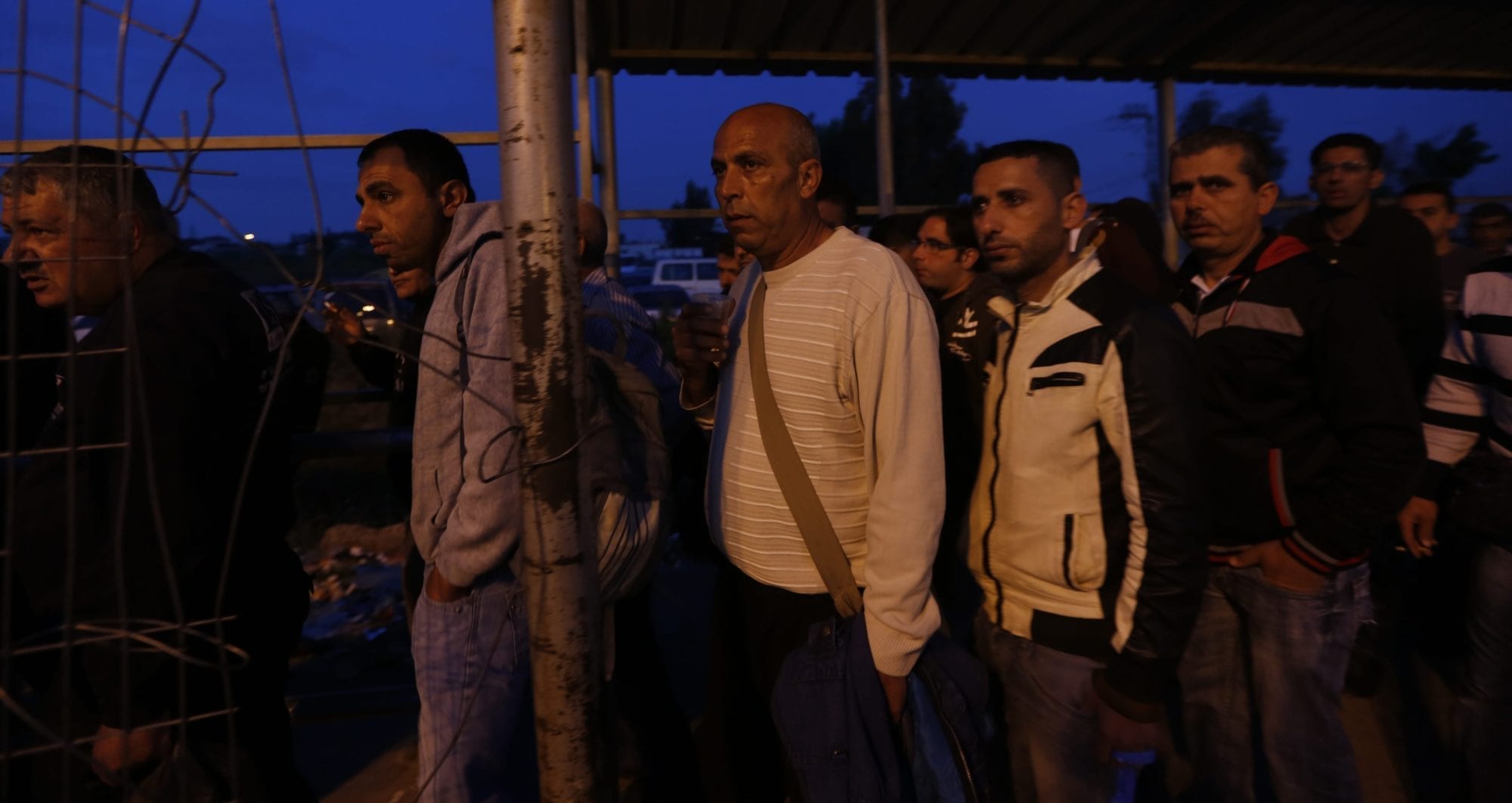
Abed Al Salam Qadah has worked in Israel as a plumber since 1991 and is a member of the PGFTU Qalqilya district union.
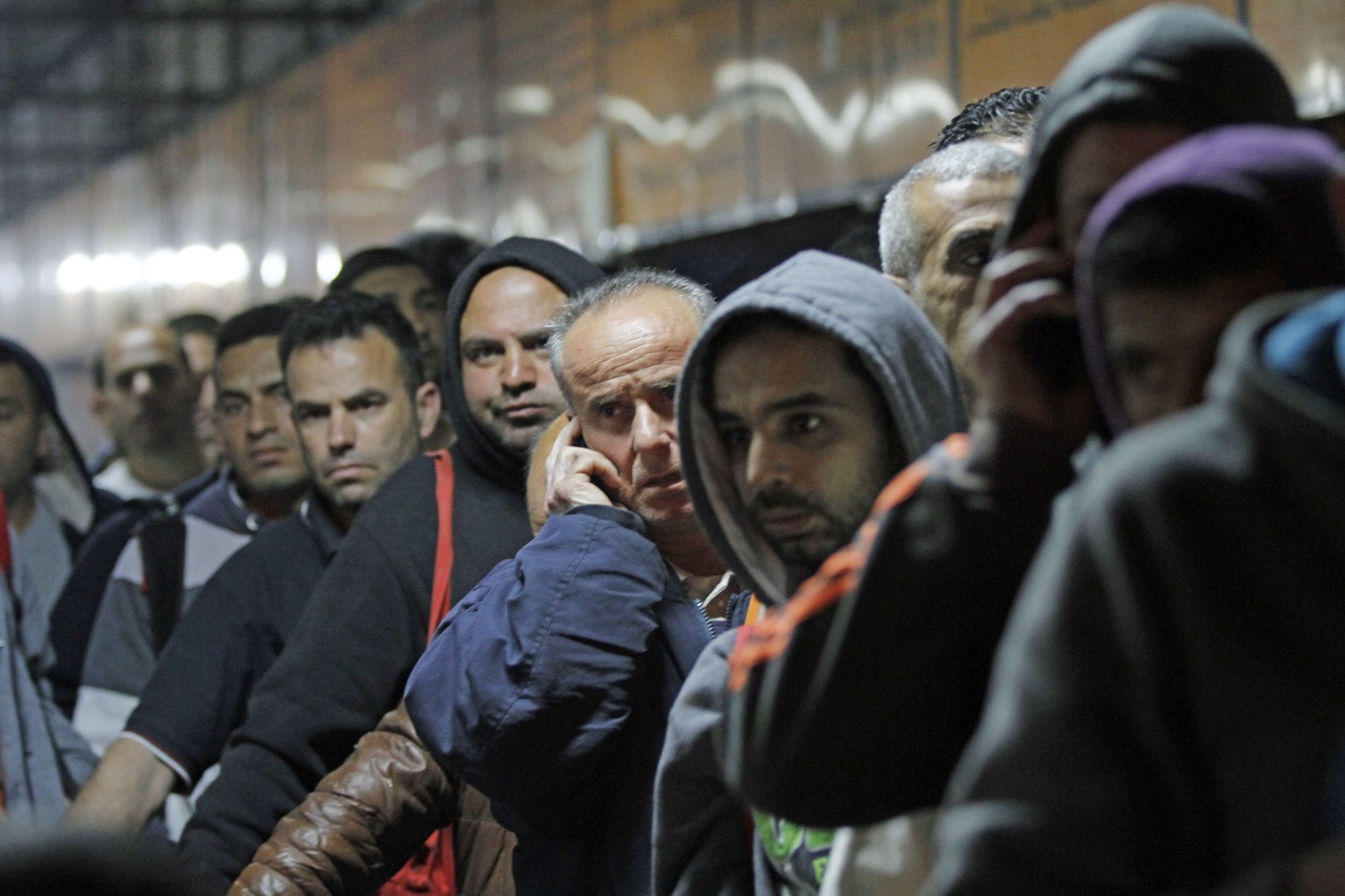
Palestinian workers say they must endure the time-consuming and dehumanizing checkpoint process because there are few jobs in Palestine. The Solidarity Center works with PGFTU to meet with workers at the border and talk with them about their labor rights.
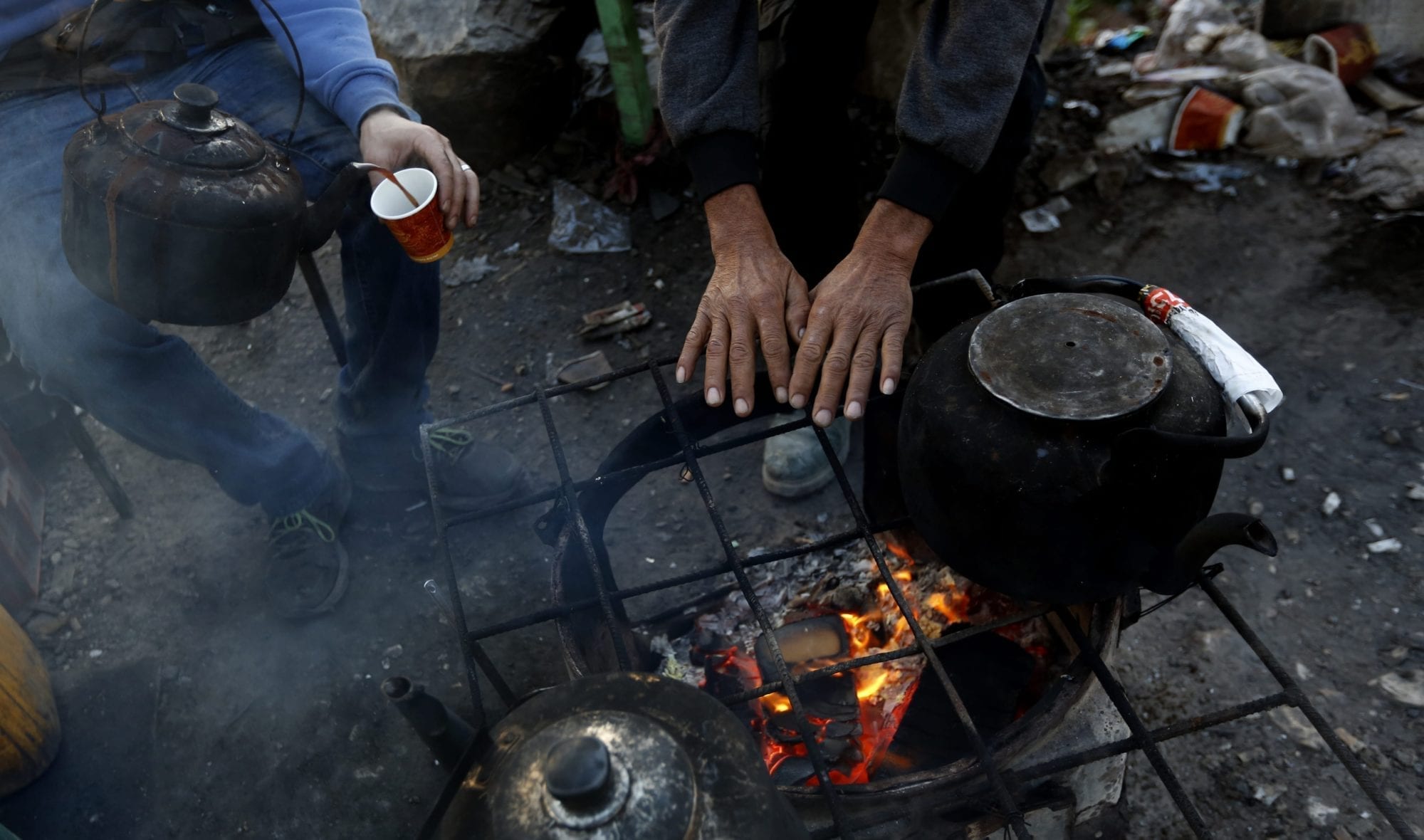
As a PGFTU member, Abed Al Salam Qadah can take part in union trainings to better understand his labor rights in Israel and has access to a lawyer to defend those rights. The union also provides document translation from Hebrew to Arabic.
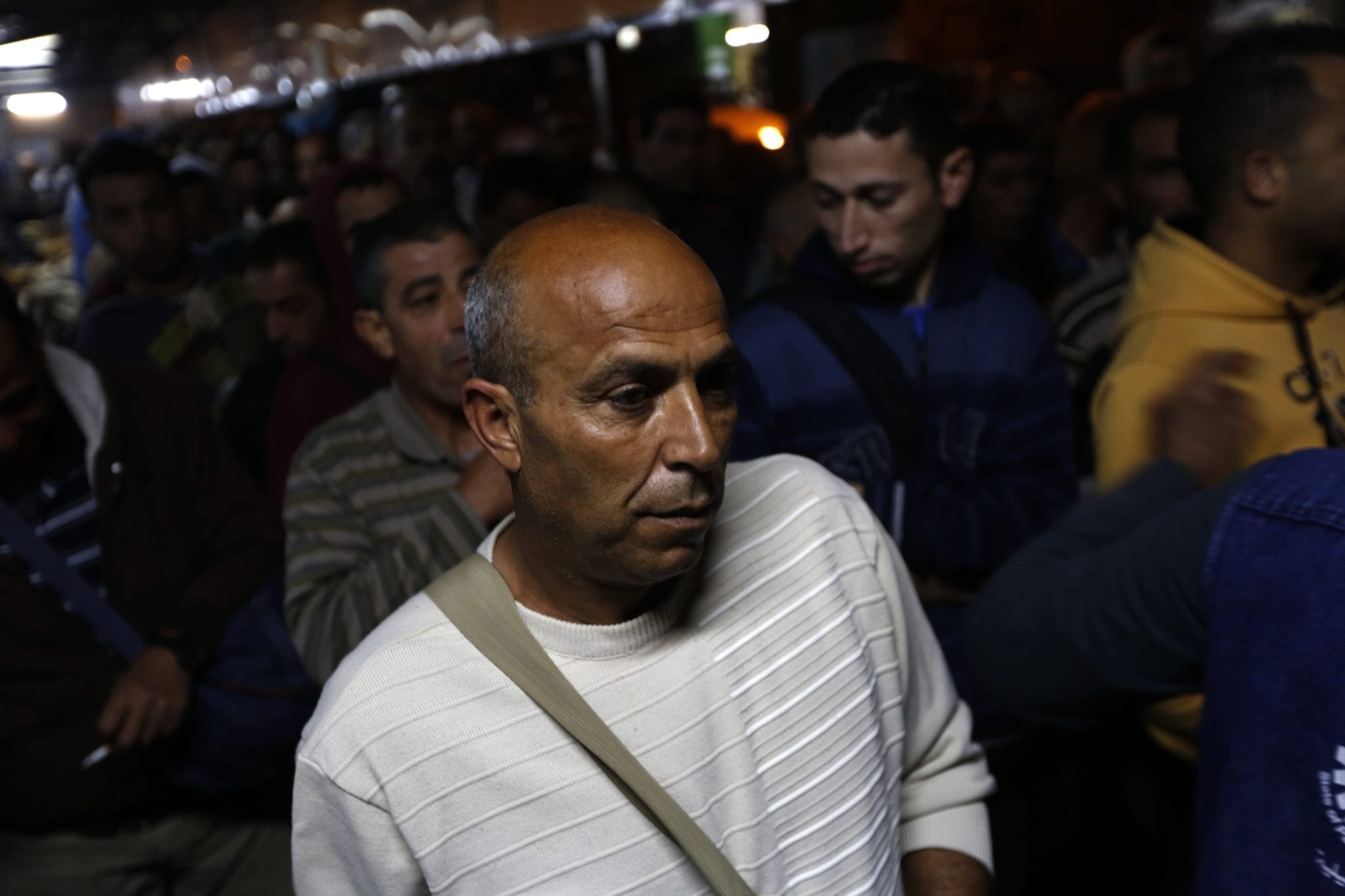
Says Abed Al Salam Qadah: “The union helps us to understand the Israeli labor law and defend our rights.”

